






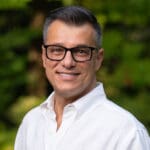






9:00 AM - 3:00 PM ~ Creativity Day - Full Day Intensive Deep-Dive Workshops
(Opportunities for Ethics CE and Cultural CE workshops!)
3:30 PM - 4:30 PM ~ Main Stage: Special Symposium Opening Keynote Address
3:00 PM - 6:00 PM ~ Grand Opening of the Symposium Exhibit Hall & Conference Bookstore!
8:00 PM - 9:00 PM ~ Special Welcoming Event: The Doorway to Engagement
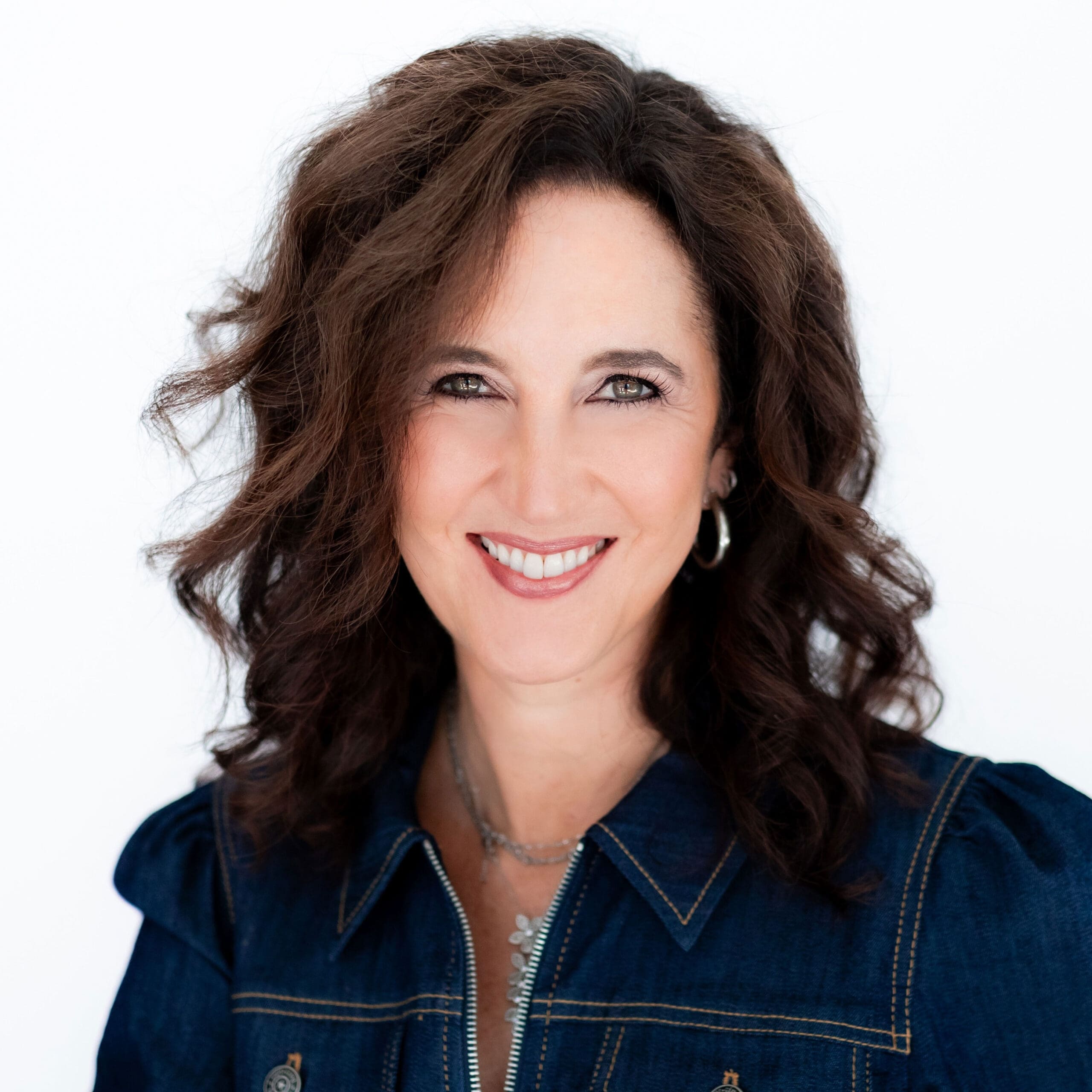
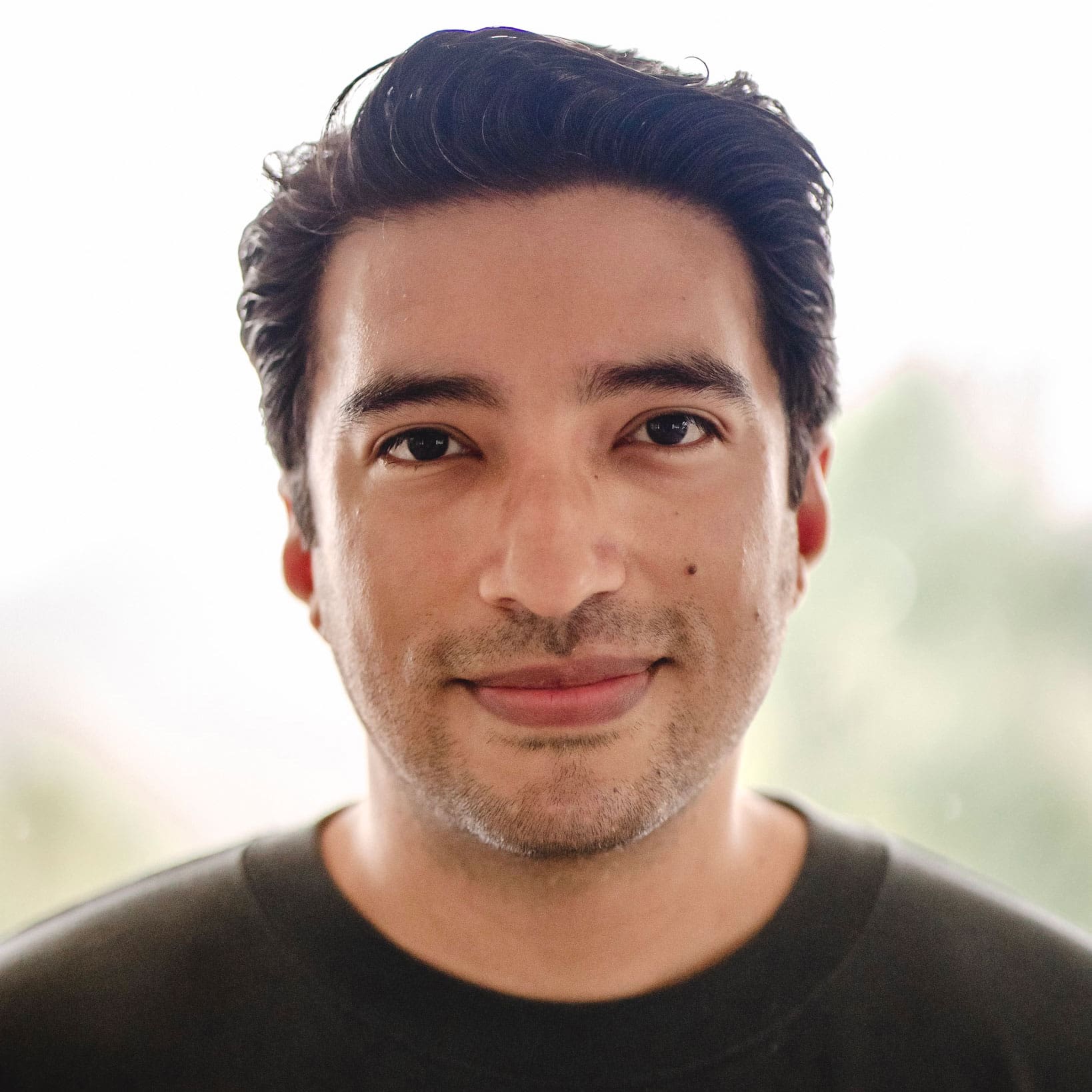



Historically, marriage—a forever commitment—has played a central role in our individual lives and societal structures. But these days, the very concept seems to be under revision. What does “forever” look like in an age that prizes independence and personal happiness? How do we help clients discern whether marriage is right for them? And perhaps the biggest question of all: what’s the purpose of marriage in today’s world anyway?
In this groundbreaking panel, three of today’s most influential voices on love, boundaries, and self-growth bring fresh perspectives to the evolving landscape of marriage. Alexandra Solomon, a clinical psychologist, professor, and author, has pioneered the field of relational self-awareness, guiding countless couples and individuals toward more conscious and compassionate love. Diego Perez, known to millions as yung pueblo, is a New York Times bestselling author and poet whose writing on self-discovery and emotional growth has made him one of the most resonant voices of the “healing generation.” And Nedra Glover Tawwab, therapist and author of the bestselling Set Boundaries, Find Peace and Drama Free, is a leading authority on boundaries and healthy relationships, with a global following that turns to her for practical, transformative guidance.
Together, they’ll chart a new vision for what marriage can mean today—not as a rigid tradition, but as a conscious, flexible, and deeply human commitment.
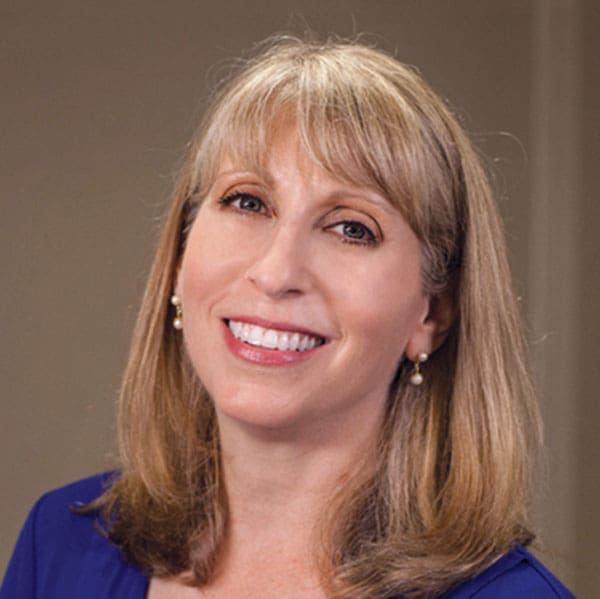



Parts work offers an intuitive way of understanding our complexity and developing self-compassion. Although many clinicians incorporate it into their work, they may be missing the opportunity to do it using creative processes that can effectively and experientially lead to greater internal safety, insight, inner peace, and self-compassion. In this workshop, you’ll learn how to help clients access dominant and non-dominant parts that “show up” to provide them with strength, abilities, and protection. And you’ll have opportunities to experience mapping and voicing parts. You’ll discover:
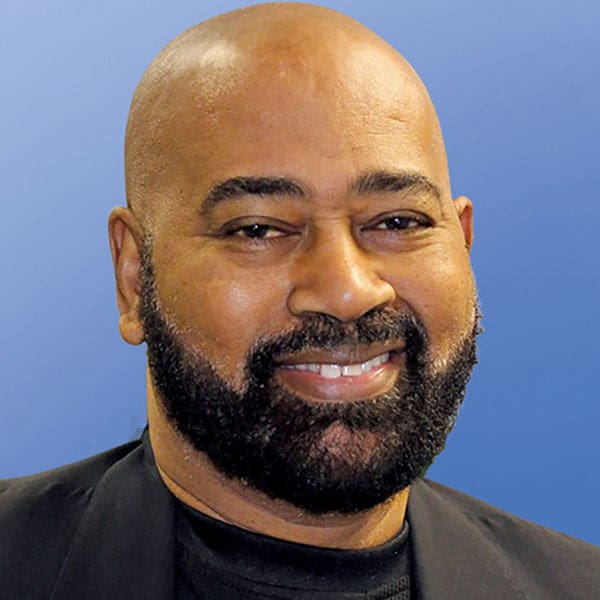




Kenneth V. Hardy, PhD, is President of the Eikenberg Academy for Social Justice and Clinical and Organizational Consultant for the Eikenberg Institute for Relationships in NYC, as well as a former Professor of Family Therapy at both Syracuse University, NY, and Drexel University, PA. He’s also the author of Racial Trauma: Clinical Strategies and Techniques for Healing Invisible Wounds, and The Enduring, Invisible, and Ubiquitous Centrality of Whiteness, and editor of On Becoming a Racially Sensitive Therapist: Race and Clinical Practice.
Becoming a racially and culturally sensitive therapist isn’t simply a matter of “learning the material.” It’s an ongoing process that requires actively and deliberately engaging in a dialogue with yourself and being continuously open to an expanding version of that self. In this didactic, interactive, and experiential workshop, we’ll go beyond the usual content-focused approaches to developing cultural sensitivity. Instead, using a Self of the Therapist framework, you’ll learn by doing as we explore processes of relational engagement, racial risk-taking, and critical self-reflection. You’ll walk away with concrete tools for promoting racial and cultural sensitivity that you can use with clients and trainees. And you’ll discover:
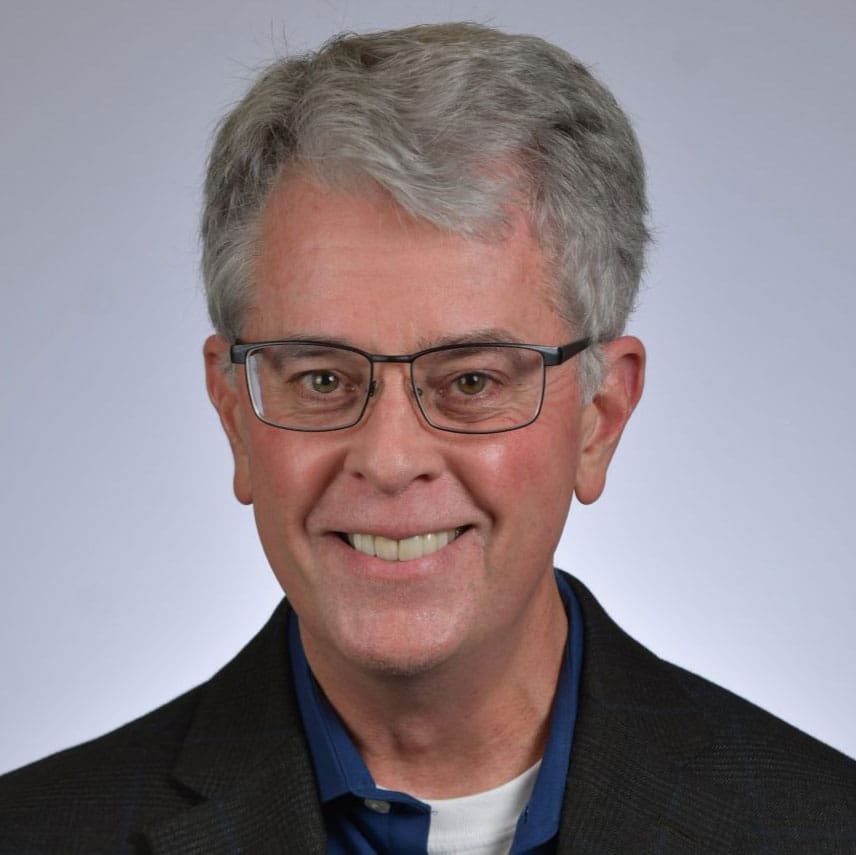




Terry A. Casey, PhD, is a Licensed Psychologist who conducts CE programs on ethical, legal, and practice issues across the country and has taught ethics in professional counseling at the graduate level for 17 years. He also maintains a private consulting practice near Nashville, Tennessee.
The ethical and legal landscape of private practice is complex, and the consequences of missteps can be costly. What many therapists don’t realize is that some of the most common ethical and legal pitfalls are the ones they’re least likely to anticipate. As a private practice owner, the stakes are higher—you’re responsible not only for the wellbeing of your clients but also for the long-term success and security of your business. In this advanced workshop, you’ll gain practical insights into identifying and avoiding both common and obscure risks that threaten the integrity of your practice. You’ll leave with a clear action plan to protect yourself and your clients, ensuring that your practice thrives without the looming worry of legal complications. You'll discover to:
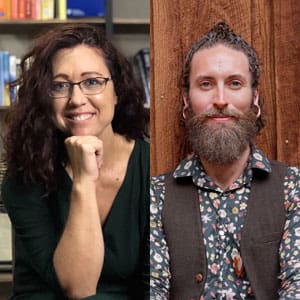


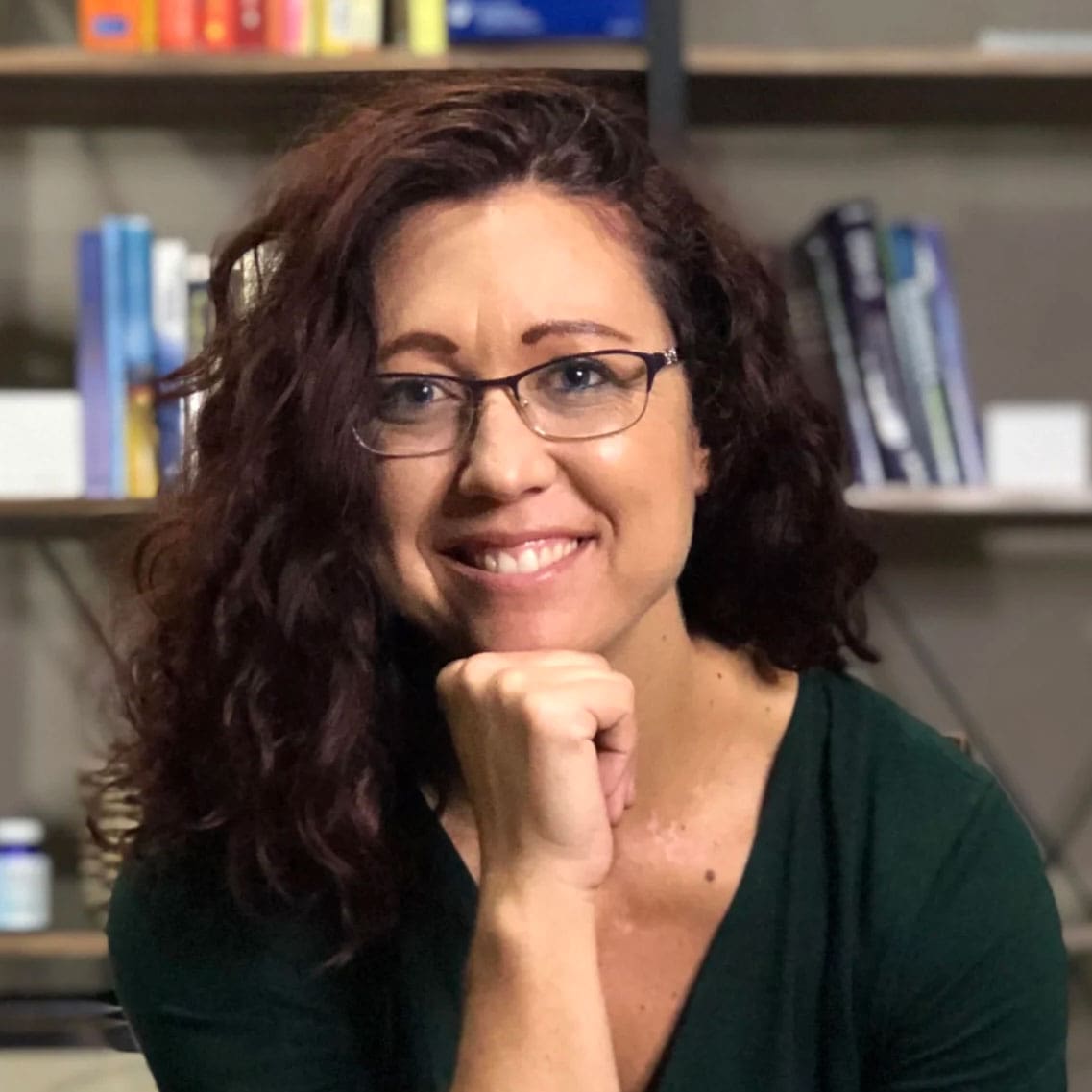
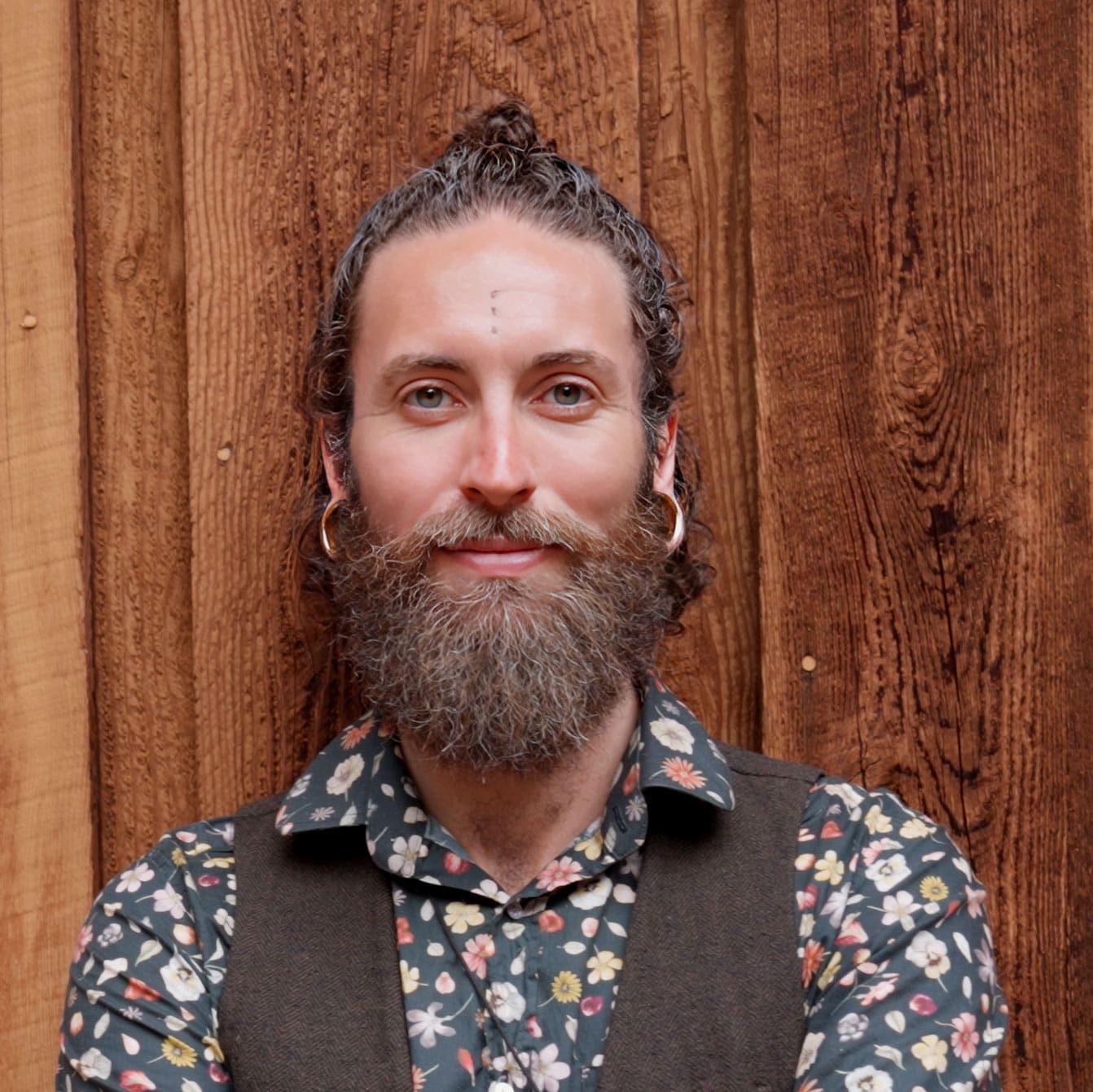
Aimie Apigian, MD, MS, MPH, is a double board-certified physician in preventive and addiction medicine, as well as a certified functional medicine practitioner with training in Somatic Experiencing and Instinctual Trauma Response, and a trainer in Relational Trauma Repair. Her recent book, The Biology of Trauma, explores the science of how the body experiences trauma, why it holds on to it, and the biology for healing.
Luis Mojica is a nutritionist and the founder of Holistic Life Navigation, a company that helps people learn what their cravings are telling them about their unmet needs, as well as how to use food as a form of therapy to recover from stress, trauma, and addiction. He works internationally, offering webinars, podcasts, courses, and retreats. He’s the author of Food Therapy.
When is a snack not just a snack? Most therapists know that when it comes to trauma treatment, the body can be an invaluable resource. But rarely do we consider our clients’ relationship with food as part of the work. In this workshop, you’ll learn a revolutionary approach that shows what your clients’ eating habits and food choices reveal about their nervous system, activation patterns, and unmet emotional and biological needs. Together, we’ll zero in on how chemicals like adrenaline and cortisol drive eating behaviors, and through interactive exercises, somatic practices, and live demonstrations, you’ll learn practical tools that will help you better address your clients’ trauma symptoms and their relationship with food—even if you’re not a nutritionist! You’ll also learn:




Katie Gustafson, MA, LPC, MHSP, is a psychotherapist, expert on the Enneagram, speaker, and host of the podcast Mid-Sentence.
What if your client’s Enneagram type wasn’t just a fixed identity, but a living system of protective parts shaped by fear, longing, and deeply held beliefs? This experiential, Enneagram-forward workshop introduces therapists to a fresh and clinically grounded way of using personality typing in clinical practice, pairing the wisdom of the Enneagram with the compassionate precision of Internal Family Systems (IFS) therapy. Using the Enneagram as the primary lens through which we view client issues and IFS therapy as the method of inner engagement, you’ll learn to recognize and work with the inner architecture of personality—not to fix it, but to befriend it. You’ll explore:
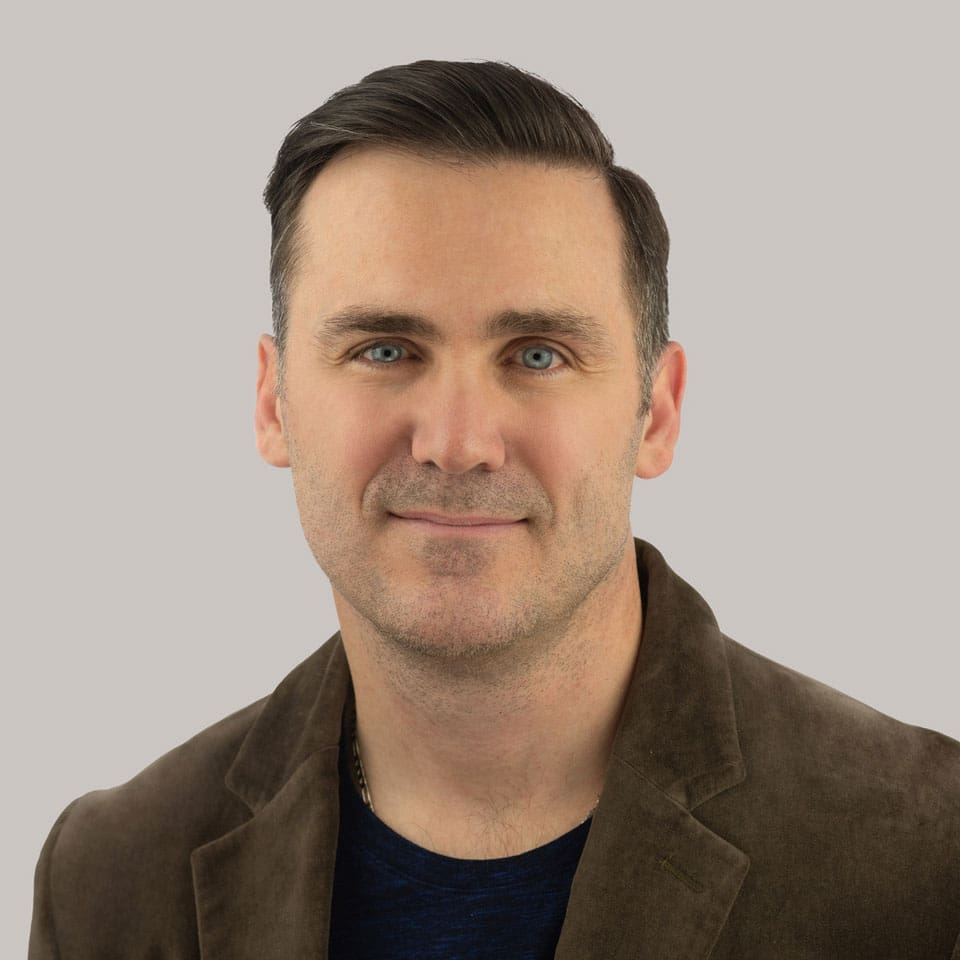


George Faller, LMFT, is a retired lieutenant of the NYC Fire Department, a supervisor for the American Association of Marriage and Family Therapists, an EFT trainer, the host of the podcast Foreplay Radio, and founder of the New York Center for Emotionally Focused Therapy. He’s the author of True Connection, Sacred Stress, and Emotionally Focused Family Therapy.
Working with highly escalated couples and families can be scary and exhausting. Often, our best attempts at creating positive change fall flat. Sometimes, just trying to guide sessions into a safe zone leads to more entrenched silence or further criticism. When negative cycles take over, and we find ourselves faced with shut-down withdrawers and hostile pursuers, how do we shift them out of reactivity and into responsiveness? This workshop draws on proven interventions from Emotionally Focused Therapy and the neuroscience of human attachment to help you navigate the recurring blocks and common triggers therapists encounter in couples and family work. You’ll walk away with new tools that will empower you to shift the reactivity and mis-attunement that so often derails work with highly escalated partners and families. You’ll discover how to:
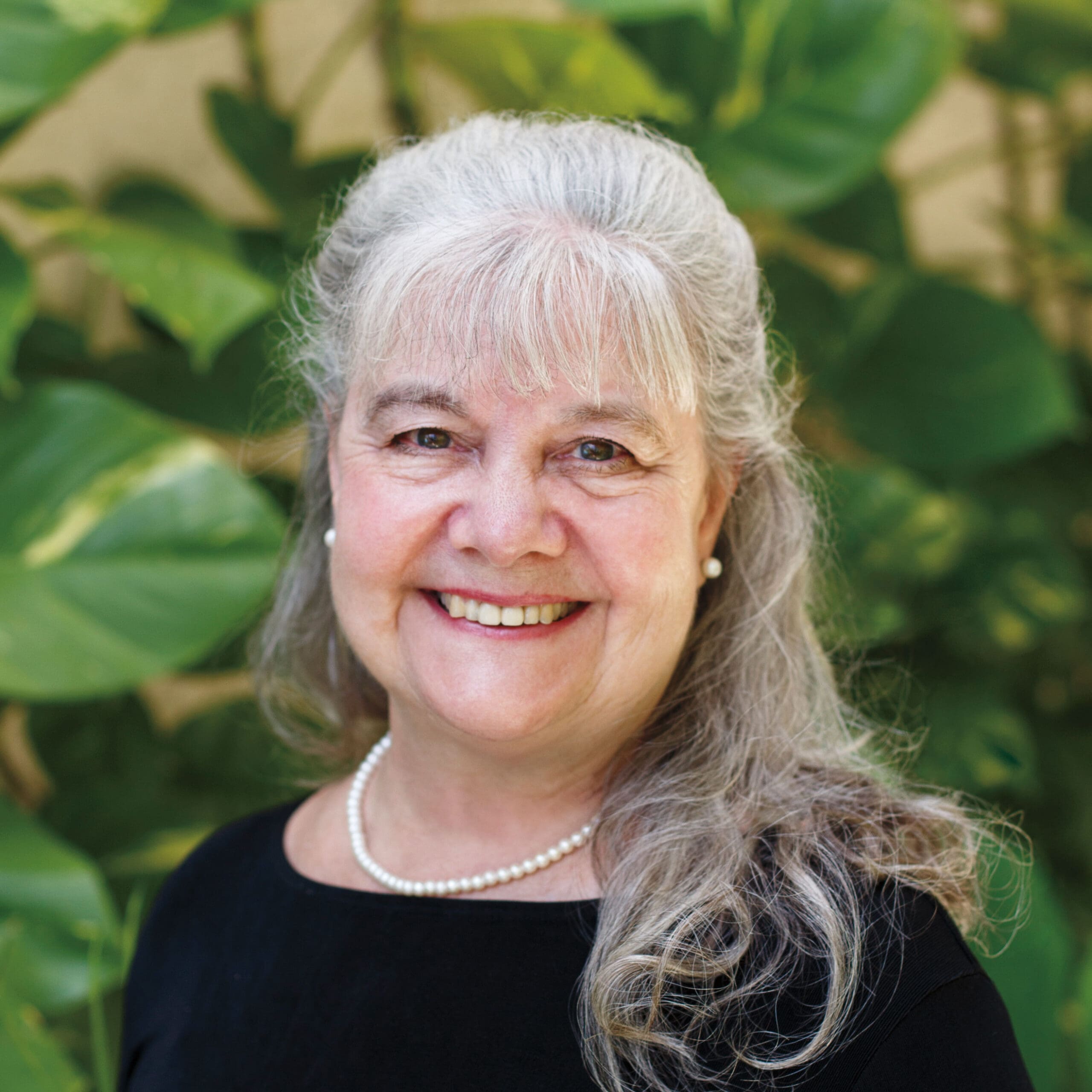


Nancy L. Johnston, MS, LPC, LSATP is a seasoned private practitioner in Virginia who has spent several decades studying codependency personally and professionally. She’s written four books on codependency treatment and runs workshops and retreats on self-recovery.
How does it make you feel when you notice clients sinking into the quicksand of codependent relationships? Do you pull back from codependency with confusion or irritation? This researched-informed workshop brings codependency treatment out of the arena of the self-help world and into your clinical work. You’ll discover how to help clients move from codependency into self-recovery by learning to attune and respond to self with treatment strategies that include visual tools, self-reflection exercises, and skill-building to foster self-connection and a healthy self/other balance. You’ll learn:
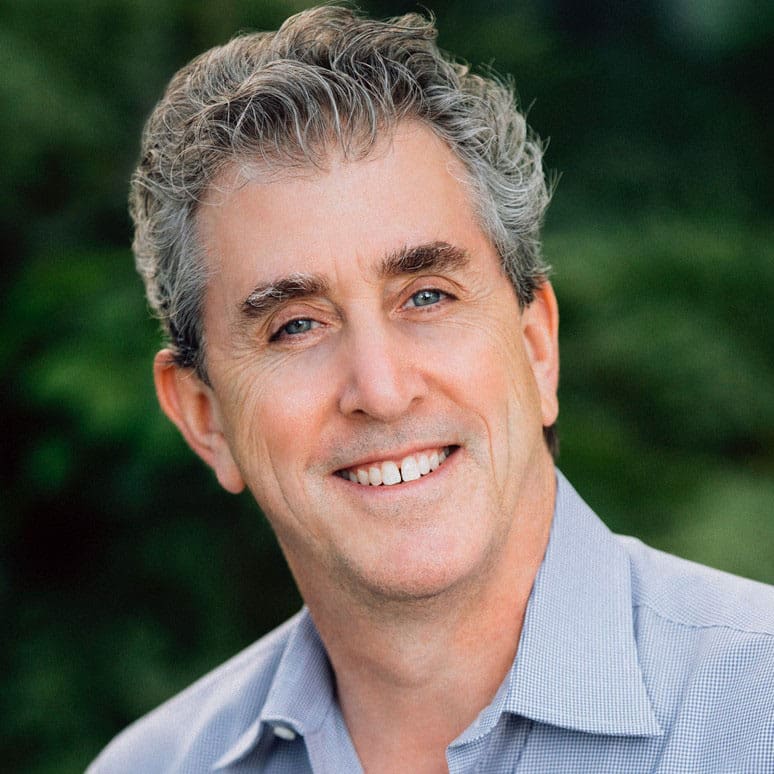


Robert Schwarz, PsyD, DCEP, ACAP-EFT has been a psychologist for 38 years. He was the executive director of the Association for Comprehensive Energy Psychology (ACEP) for 17 years. He co-developed ACEP’s online EFT training program and has been a leading force in integrating EFT with trauma-informed treatment, interpersonal neurobiology, and polyvagal theory. He’s organized over 30 conferences on Ericksonian hypnosis, brief therapy, trauma treatment, and energy psychology, training over 18,000 therapists. He’s the author of Tools for Transforming Trauma, PTSD: A Clinician’s Guide, and We’re No Fun Anymore: Helping Couples Cultivate Joyful Marriages Through the Power of Play.
What if you could give clients immobilized by trauma fast relief, without having to worry about retraumatizing them by rehashing what happened to them? Emotional Freedom Techniques (EFT) are some of the preeminent bottom-up energy psychology approaches for rapidly calming the body and restoring balance after trauma-induced stress and anxiety. These techniques are easy to learn, backed by over 200 research studies, and have been used to treat everything from test anxiety to PTSD in veterans to survivors of genocide in Rwanda, plus they can be used with virtually any clinical population. In this workshop, we’ll explore how and why EFT works, as well as its many applications. We’ll also cover the two phases of EFT: using it to aid in emotional regulation and then using it to treat traumatic memories. You’ll learn:
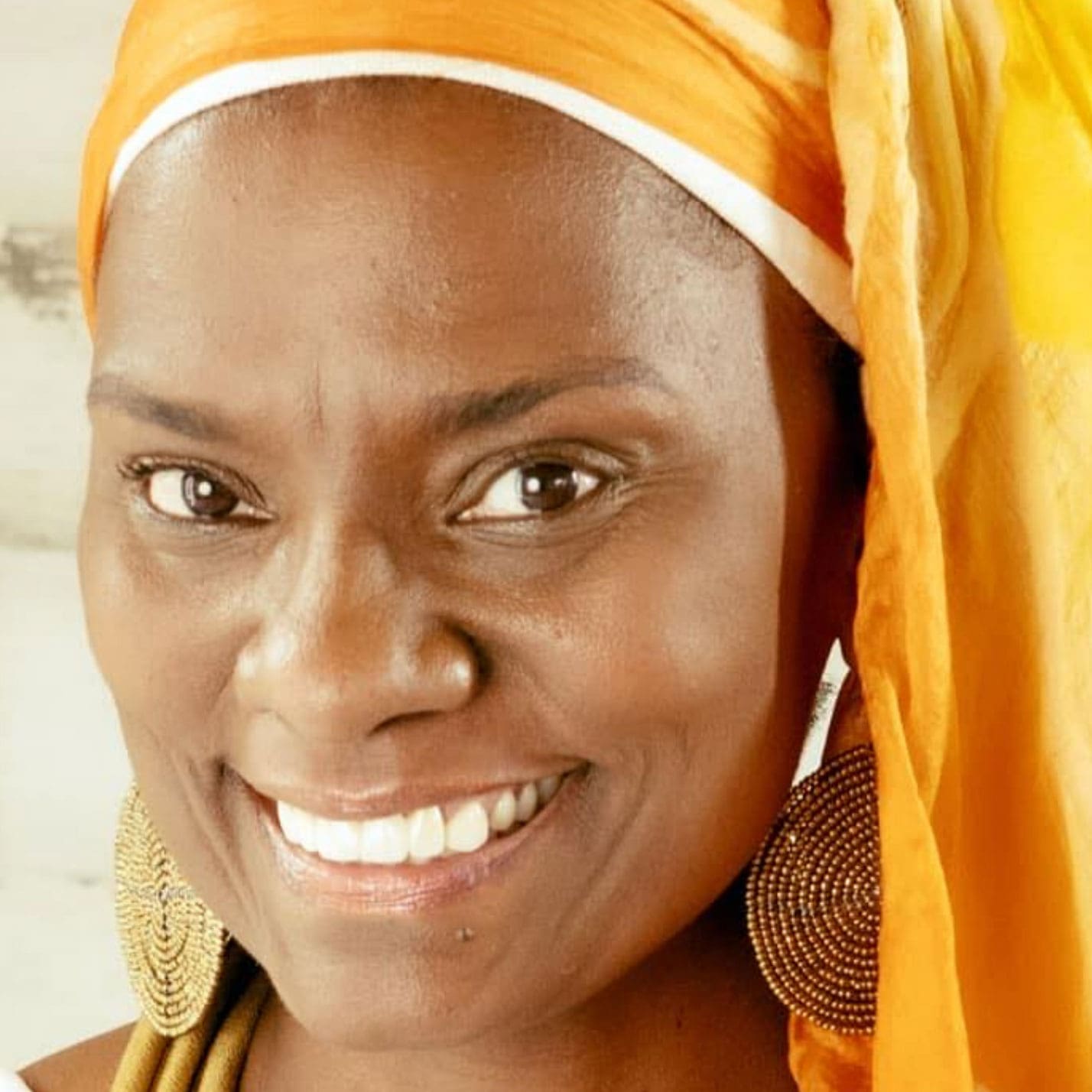


Sabrina N’Diaye, PhD, LCSW-C, is an integrative psychotherapist, storyteller, and peacebuilder in Baltimore, MD. She’s the founder of The Heart Nest Center for Peace and Healing and a former senior faculty member with the Center for Mind-Body Medicine. Her first book is Big Mama Speaks: Love Lessons from a Harlem River Swan.
Whether your clients are stuck in trauma, mired in depression, or grappling with chronic pain, chances are they’re feeling hopeless about their predicament. But how do you actually cultivate hope as a clinical goal in therapy? Hope isn’t just wishful thinking. It’s a biologically rooted, spiritually grounded, and culturally relevant force that leads to measurable healing. In this experiential workshop, we’ll explore the science and soul of hope. You’ll learn practical ways to cultivate hope in sessions, using personalized exercises, reviewing case examples, and testing out storytelling, writing, and integrative healing tools that use hope as not only a clinical strategy, but a radical act of love. You’ll also learn how to:
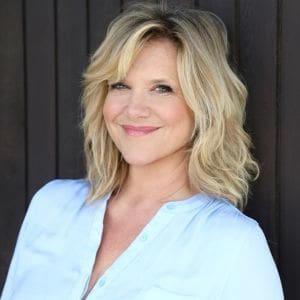


Tammy Nelson, PhD, is a licensed and certified sex and couples therapist, a board-certified sexologist, and international speaker. She’s the author of six books including The New Monogamy and Integrative Sex & Couples Therapy. With over 35 years of clinical experience, she’s known for her groundbreaking work on redefining commitment and guiding couples through affair recovery. She’s a TEDx speaker and the host of The Trouble with Sex podcast, and her work has been featured in many global media outlets. She’s the founder and director of The Integrative Sex Therapy Institute.
Writing is one of the most powerful tools for healing the aftereffects of a traumatic past. When clients put language to their experiences, they reclaim their story. In this workshop, you’ll explore the therapeutic potential of narrative writing, poetic expression, and creative reflection both as a tool for clients who’ve experienced shame and trauma and for preventing your own burn out as a clinician. Drawing from somatic psychotherapy, attachment theory, and expressive arts therapy, we’ll unpack the power of writing as both a clinical intervention and a personal path to post-traumatic growth. Through structured writing exercises, you’ll learn how to help clients:
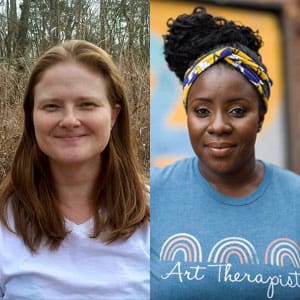

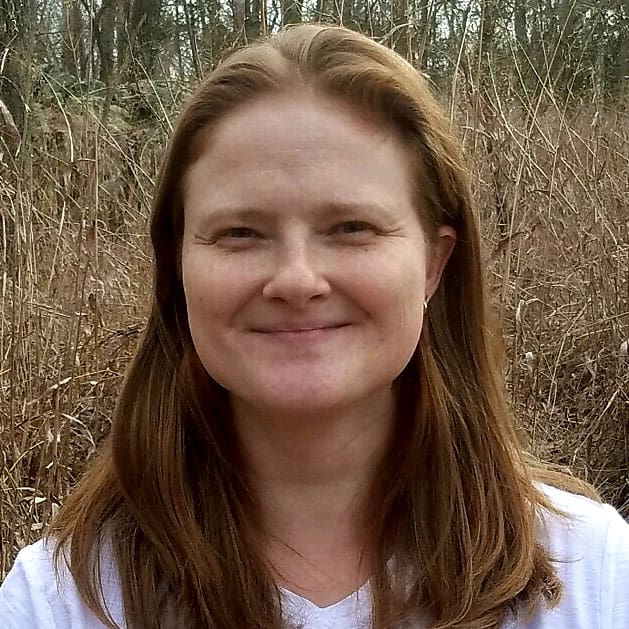
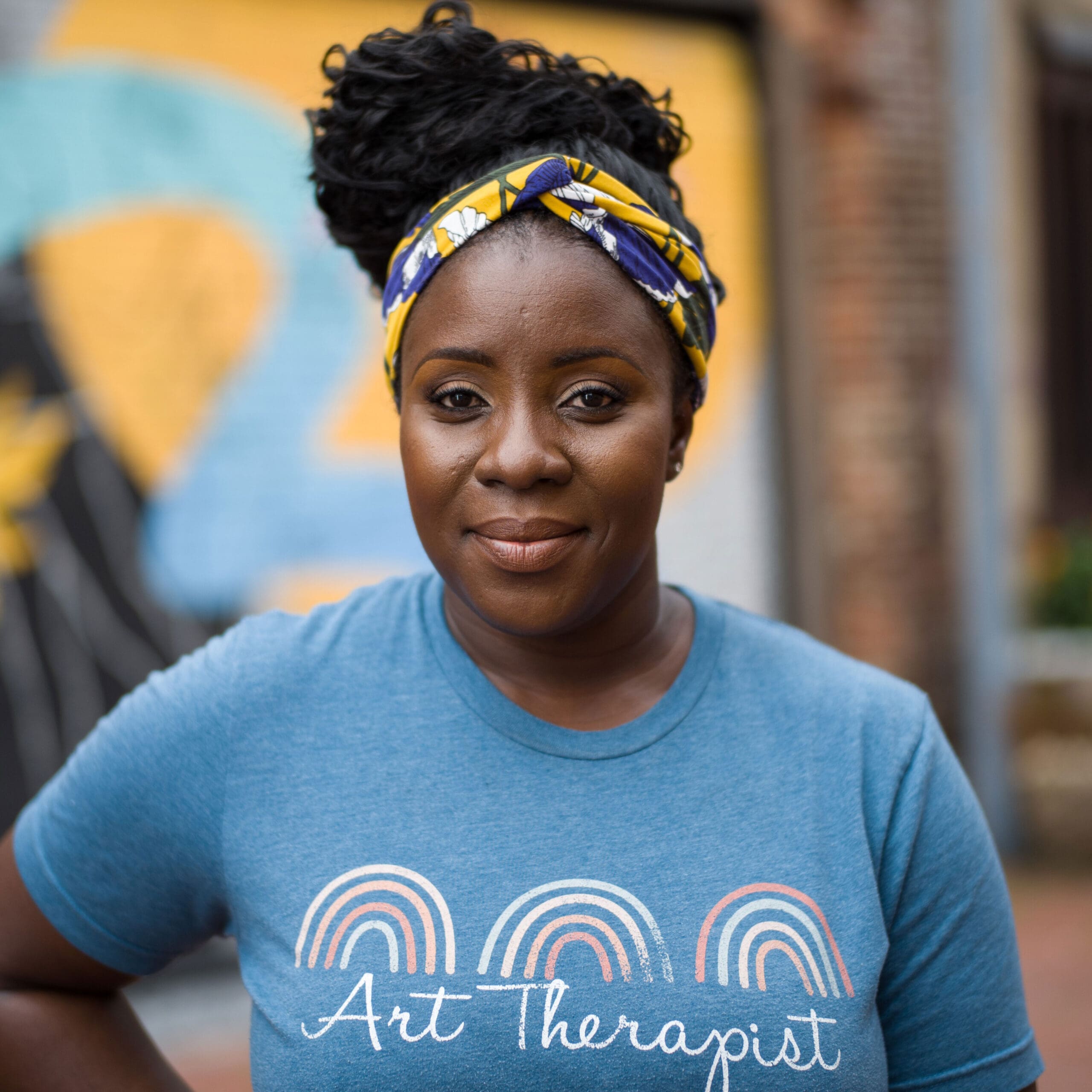
Kelly Jacobs, MA, LCPC, LCPAT, ATR-BC is a somatic-focused art therapist who integrates creative expression and embodied awareness in clinical practice.
Alberta (Alby) Gyimah-Boadi, MA, LCPC, LCPAT, ATR-BC, is a trauma-informed art therapist with significant experience in international, community-based, school, and medical settings.
In therapy, as in art, people often get blocked, stuck in repetitive patterns, and cut off from their natural source of creativity. Getting unstuck is a matter of improvising. Improvisation is a creative leap of faith that often leads to fresh discoveries and insights. In this experiential workshop, you’ll learn how to use visual art, embodied expression, and courageous experimentation to tap into your intuition. Along the way, you’ll discover how this process parallels tapping into your innate creativity as a therapist, and how you can help clients leave judgment behind to access the hidden strengths of the creative self. No prior art-making experience is required! You’ll explore:
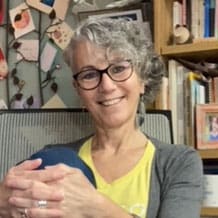


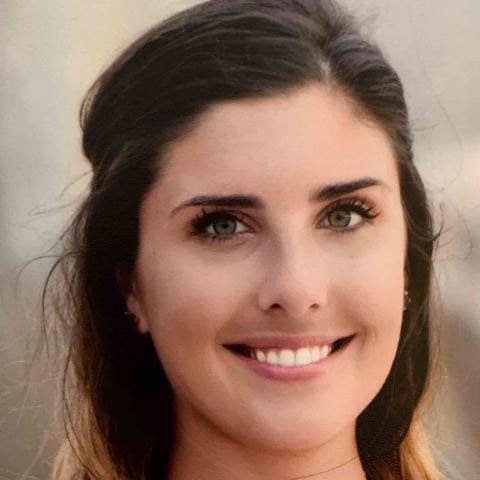
Jody Wager, MS, BC-DMT, is a dance therapist with 40+ years of experience moving with and treating clients of all ages and abilities. She’s the director of the expressive therapy department at Dominion Hospital in Falls Church, VA, and the past president of the American Dance Therapy Association and the National Coalition of Creative Arts Therapies Associations.
Liz Freeman, MA, BC-DMT, serves as the lead dance/movement therapist for Creative Forces: NEA Military Healing Arts Network. She works at the National Intrepid Center of Excellence directorate of Walter Reed National Military Medical Center, which is an integrative treatment program for active-duty service members recovering from traumatic brain injury and associated psychological health conditions.
Embodied therapists mindfully connect to present-moment experiences and gain valuable insight by focusing on the wisdom of the body—their own and their clients’. In this workshop, you’ll explore somatic attunement through a range of expressive dance, movement, and integrative art activities. Through various movement experiences, you’ll develop your innate ability to attend empathically to clients, respond authentically, and translate nonverbal experiences into cognitive insights. Whatever your clinical approach, you’ll learn body-mind exercises that can be integrated into any practice. Discover:
7:00 AM ~ Morning Yoga and Movement Sessions with Paul Denniston
9:00 AM - 10:45 AM ~ Welcome & Morning Keynote
11:00 AM - 1 PM ~ Morning Clinical Workshops
1:15 PM - 2:45 PM ~ Luncheon Keynote
3:00 PM - 5:00 PM ~ Afternoon Clinical Workshops
5:30 PM - 6:30 PM ~ Special Evening Activities and Movement Sessions
7:00 PM - 8:30 PM ~ Evening of Comedy Event
8:30 PM ~ Symposium Dance Party
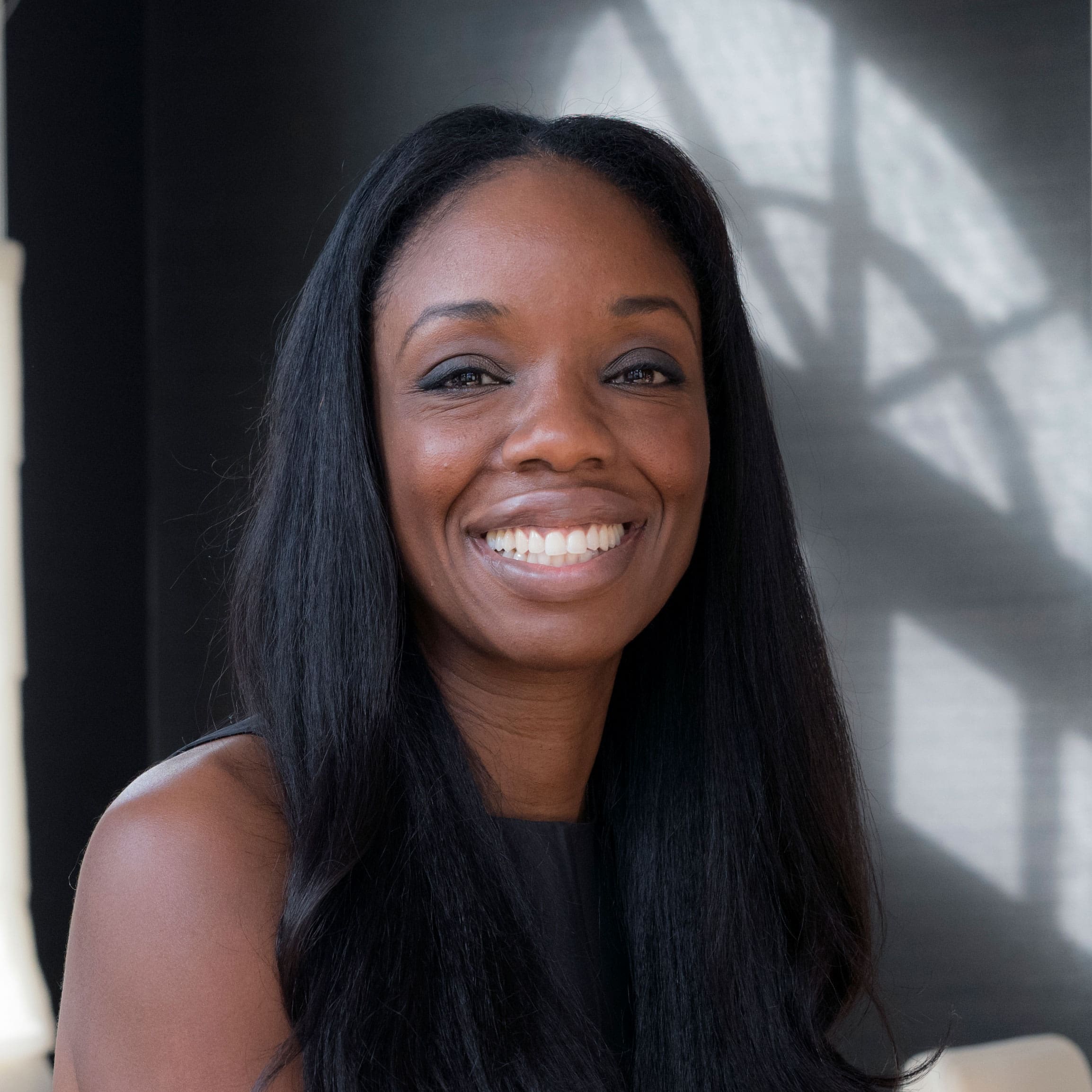


Few people have done more to promote awareness and advance public understanding of the impact of Adverse Childhood Experiences (ACEs) than Nadine Burke Harris, California’s first Surgeon General and the founder of San Francisco’s Center for Youth Wellness, which uses groundbreaking, evidence-based strategies to treat ACEs and toxic stress. According to Burke Harris, any trauma treatment is incomplete without understanding how ACEs can affect brain development, the immune system, hormonal systems, and even the way our DNA is read and transcribed. They cause lifelong harm to our mental and physical health, manifesting in poverty, abuse, depression, and much more, a point she’s brought to life in interviews with Oprah Winfrey, Ezra Klein, and Dax Shephard.
In this eye-opening keynote, Burke Harris will break down what science can teach us about mitigating the effects of ACEs as well as what we can do to change the future of integrative care.
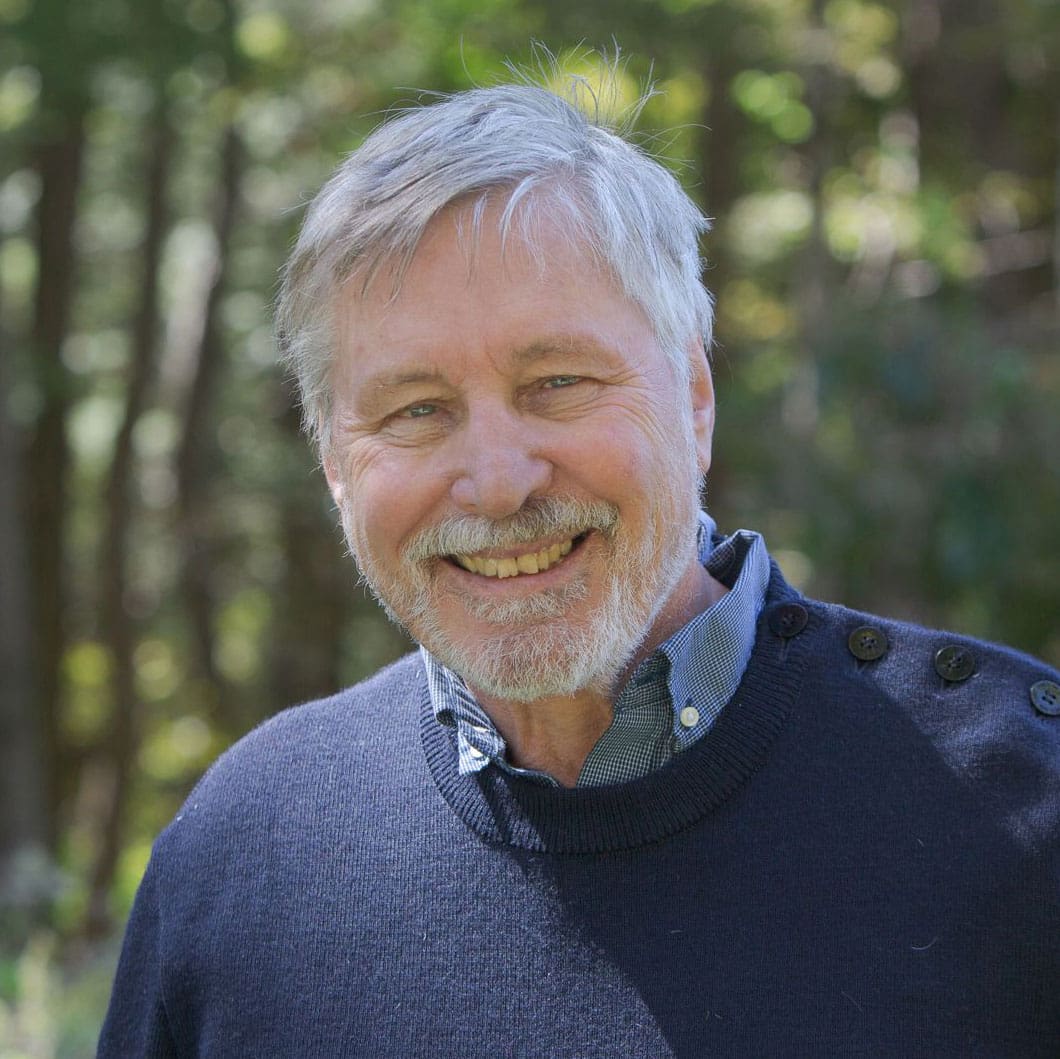


In this timely and provocative keynote, renowned psychiatrist and trauma expert Bessel van der Kolk will explore the deep psychological wounds that are currently eating away at the heart of American and global societies—and the implications for psychotherapists today. Drawing from decades of clinical work, neuroscience, and cross-cultural research, he will make the case that healing personal trauma is inseparable from addressing the current erosion of our social systems that make a great society. Through a blend of clinical insight and cultural reflection, this keynote will offer a powerful reminder of the social role of therapy—and the impactful role we can all play in a country and a world that has disconnected from the heart of what makes life great.
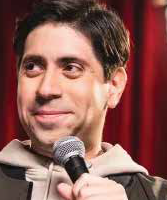

After a long day of honing your clinical skills, kick back with your friends and colleagues for an evening of comedy thrills with comedy sensation Danny Jolles!
Danny Jolles is an LA-based multi-hyphenate comedian best known for playing George in the CW’s Crazy Ex-Girlfriend. Additional credits in the acting space include spots on Ramy, Corporate, Aunty Donna’s Big Ol’ House of Fun, and Ted. His debut stand-up special titled Danny Jolles: Six Parts was recognized as one of the Best Comedy Specials of 2021 by the New York Times and made the list of Paste Magazine’s Top 10 of 2021. The follow-up was his interactive stand-up special You Choose: An Interactive Comedy Special, which earned rave reviews from Forbes, Vulture, and the New York Times.
Let’s face it: therapy is hard work. And while the insurance companies may not recognize a bad case of Comedy-Deficiency Disorder, we sure do! So it's okay to leave your notes, your DSM, and your inhibitions behind for tonight. We won’t tell.
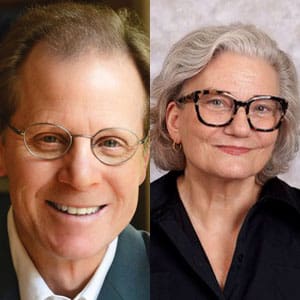


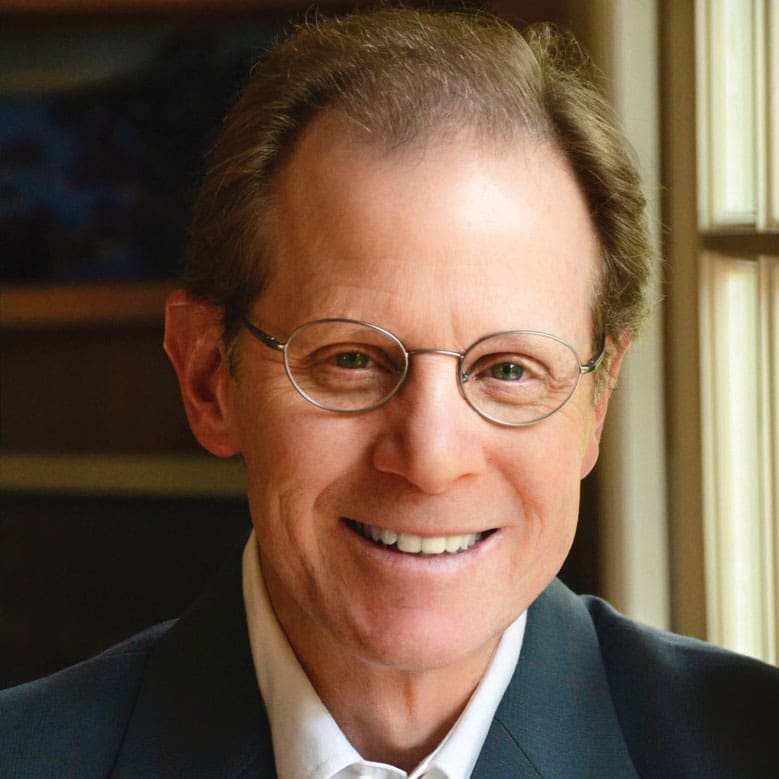
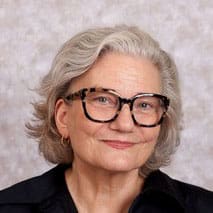
Dan Siegel, MD, is the founder and director of education of the Mindsight Institute and founding codirector of the Mindful Awareness Research Center at UCLA, where he was also coprincipal Investigator of the Center for Culture, Brain and Development and clinical professor of psychiatry at the School of Medicine. An award-winning educator, he’s the author of five New York Times bestsellers and over 15 other books. As the founding editor of the Norton Professional Series on Interpersonal Neurobiology (IPNB), he’s overseen the publication of over 100 books in the transdisciplinary IPNB framework.
Sally Maslansky, LMFT, is a psychotherapist and author whose lived experience with Dissociative Identity Disorder (DID) profoundly informs her clinical work and writing. Diagnosed in her mid-30s, she worked in therapy with Dan Siegel, receiving treatment grounded in Interpersonal Neurobiology (IPNB), Attachment Theory, and mindful awareness practices
How can you bring a transformative combination of hope, healing, and personal reinvention to your therapy practice? These are cornerstones of the revolutionary, multidisciplinary approach known as interpersonal neurobiology (IPNB), and in this workshop, you’ll learn how to bring these qualities to your own work, guided by psychotherapist and author Sally Maslansky and her former therapist, IPNB developer Dan Siegel. Through moving stories of survival and recovery, they’ll share the different sides of a therapeutic journey from a diagnosis of dissociative identity disorder to healing and a fuller sense of self. They'll explore how dynamic IPNB approaches can treat trauma and dissociated self-states not from the perspective of symptom management, but from a place of flexibility and hope. You’ll learn:
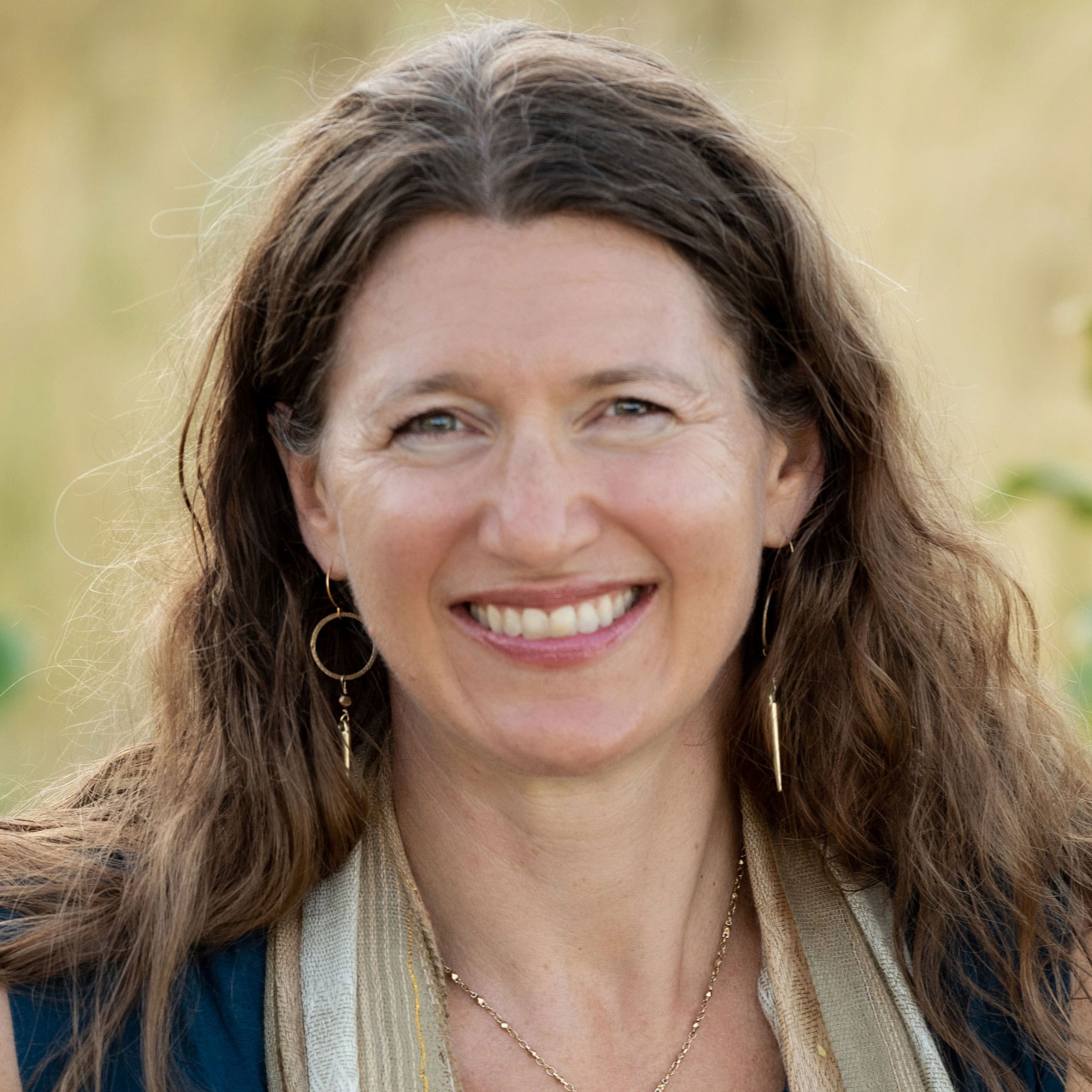



Arielle Schwartz, PhD, is a clinical psychologist, teacher, certified Kripalu yoga instructor, who specializes in treating PTSD and complex trauma. She’s the author of eight books, including Applied Polyvagal Theory in Yoga and The Polyvagal Theory Workbook for Trauma.
Rebecca Kase, LCSW, is a therapist, author, and national trainer known for her work integrating Polyvagal Theory with EMDR. She’s the author of Polyvagal-Informed EMDR, The Applied Polyvagal Flipchart, and The Polyvagal Solution.
Many of our clients who enter therapy feel overwhelmed, shut down, or emotionally dysregulated. From the very first moment we begin our work with them, embodied, attuned interventions can mean the difference between healing and retraumatization. This workshop integrates Polyvagal-informed interventions through a phase-based trauma recovery model, offering a neuro-informed roadmap to help our clients heal from trauma. You’ll learn to translate the science of safety into interventions that help clients foster stabilization, deepen their capacity for resourcing, and support memory reprocessing and integration. Whether you’re in the early stages of developing a therapeutic relationship or further along, these tools provide a grounded clinical compass for working with clients recovering from complex trauma. You’ll discover how to:
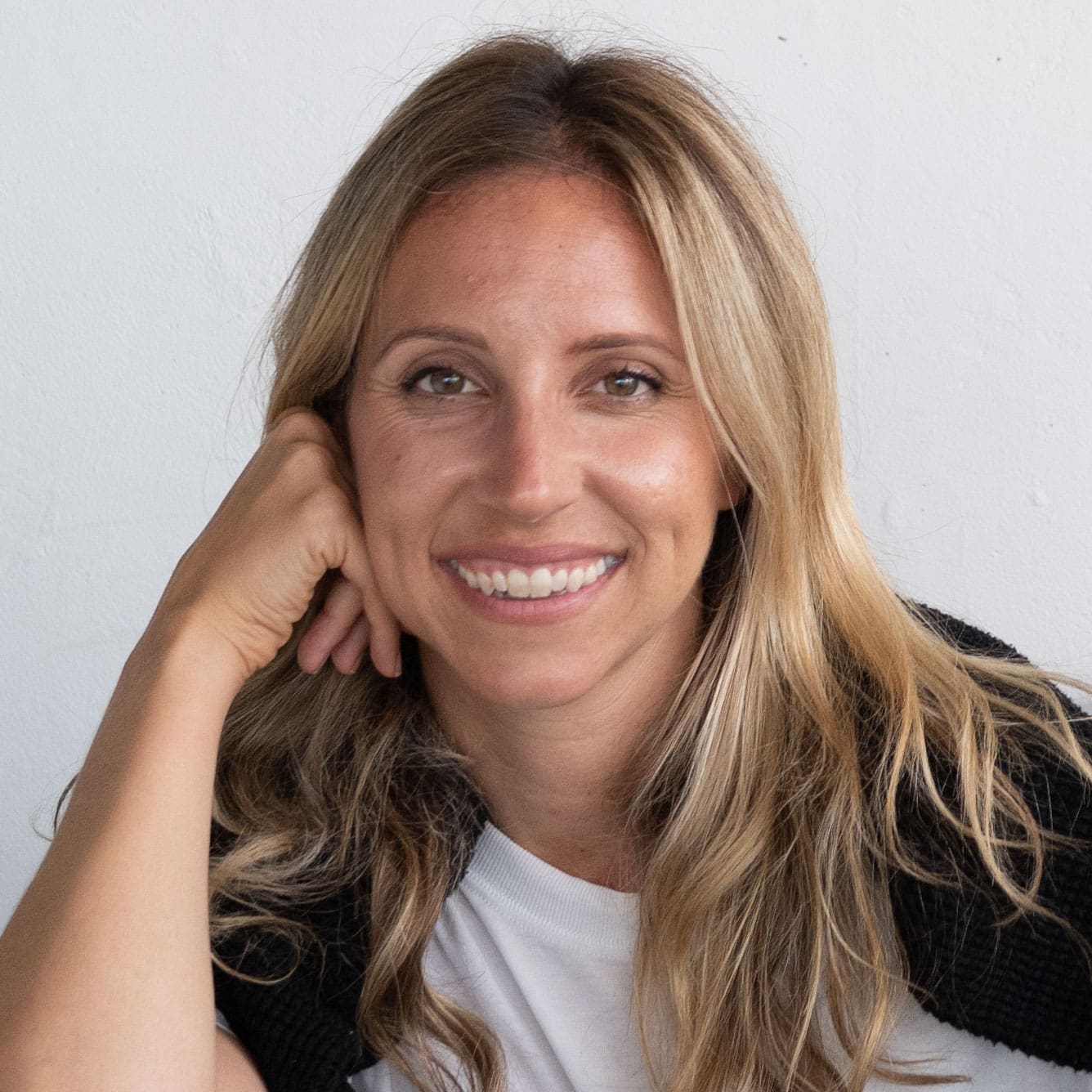



Vienna Pharaon, LMFT, is one of New York City’s most sought-after relationship therapists. She’s practiced therapy for more than 15 years and is the founder and owner of the group practice Mindful Marriage and Family Therapy. She's been featured in The Economist, Vice, and Motherly, and has led workshops for Peloton and Netflix, among others. She’s the author of the national bestseller The Origins of You.
We often focus on helping couples navigate conflict, pain, and disconnection in relationships—but what about moments of tenderness, joy, and goodness? For many clients, intimacy, kindness, and vulnerability feel deeply threatening and unfamiliar—even more uncomfortable than “negative” feelings and experiences. This workshop explores the protective function behind many clients’ tendency to reject or sabotage goodness in relationships, whether they’re giving or receiving it. You’ll learn how to help clients build the capacity to receive and give goodness in romantic relationships (as well as other relationships). You’ll discover how to help clients:



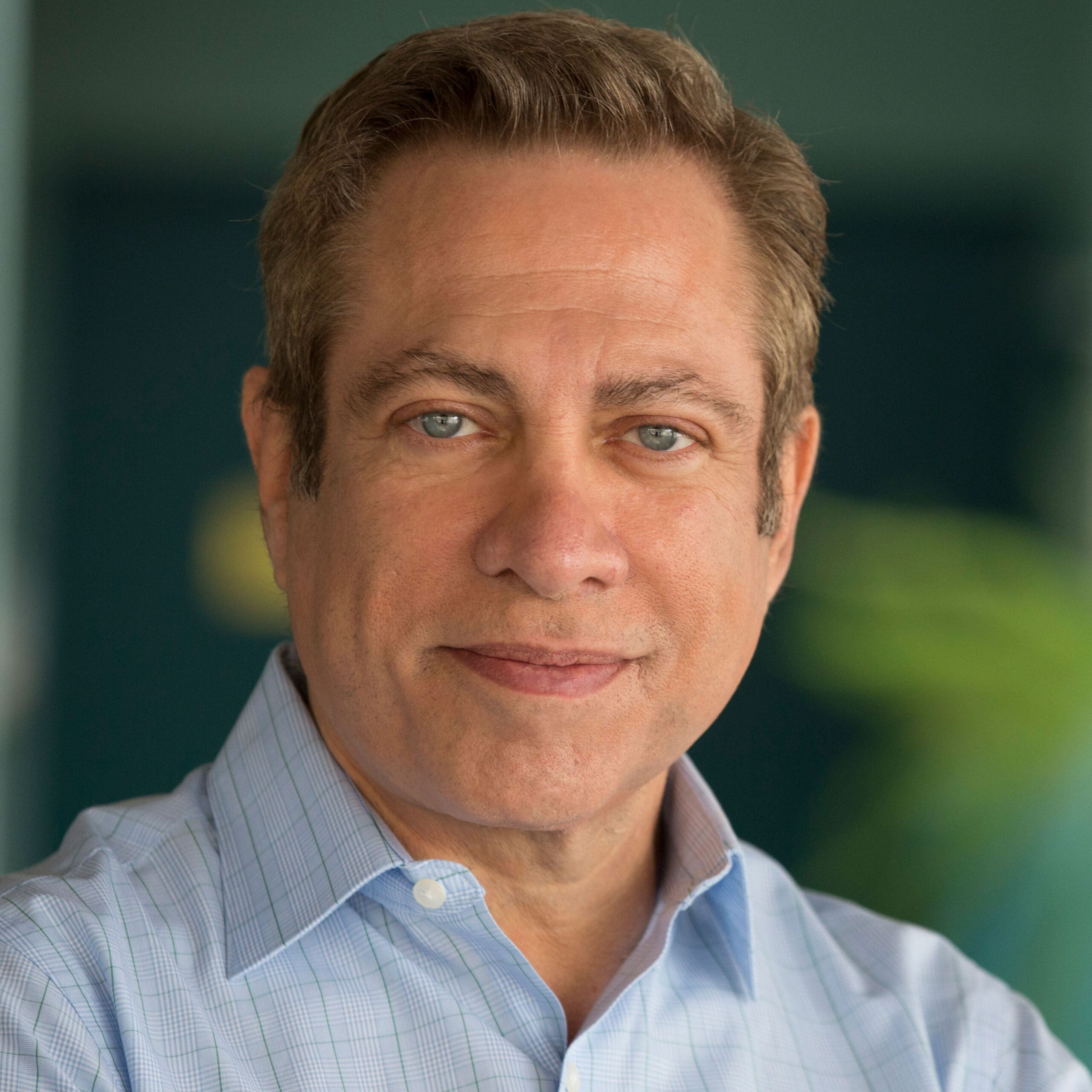
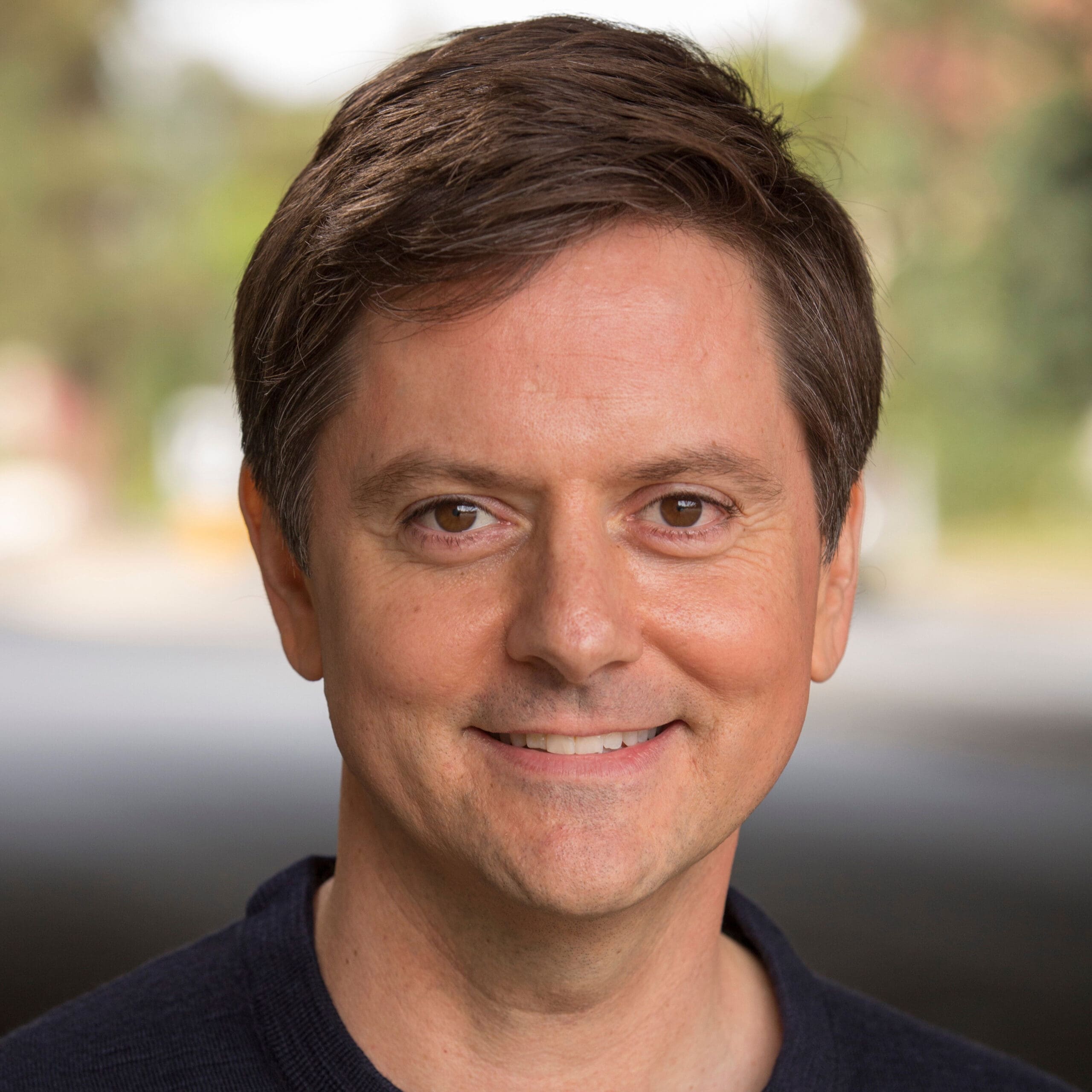
David Kessler, MA, RN, FACHE, is one of the world’s foremost experts on grief and the founder of Grief.com. He leads grief certification programs for professionals and online groups for those in grief. He’s the author of seven books, including Finding Meaning and his newest, Finding Meaning Workbook: Tools for Releasing Pain and Remembering with Love, as well as the coauthor of several books with Elisabeth Kübler-Ross and Louise Hay.
Paul Denniston, RYT 500, is the founder of Grief Yoga, which he teaches to counselors, psychologists, and healthcare professionals. He certifies other yoga teachers in the Grief Yoga Teacher Training. He’s also the author of the bestselling book Healing Through Yoga: Transform Loss into Empowerment.
As we grow older, change often arrives as a slow accumulation of losses: empty nests, ending careers, changing roles, health shifts, and fading friendships. Grief lives here, in the daily aches and pains, in the moments we feel left behind, and in the first time we say, “I can’t do this anymore.” And yet, this grief often goes unspoken, dismissed as a natural process of living and aging. In this workshop, you’ll learn how to name, recognize, and guide your clients through the often-unacknowledged grief that comes with growing older. Along the way, you’ll learn how to bring presence, permission, awareness, and concrete tools to your work with transitions that don’t often receive rituals, recognition, or repair. With strategies and spaciousness, you’ll learn how to name what’s hard and honor the quiet grief of aging. You’ll also explore:
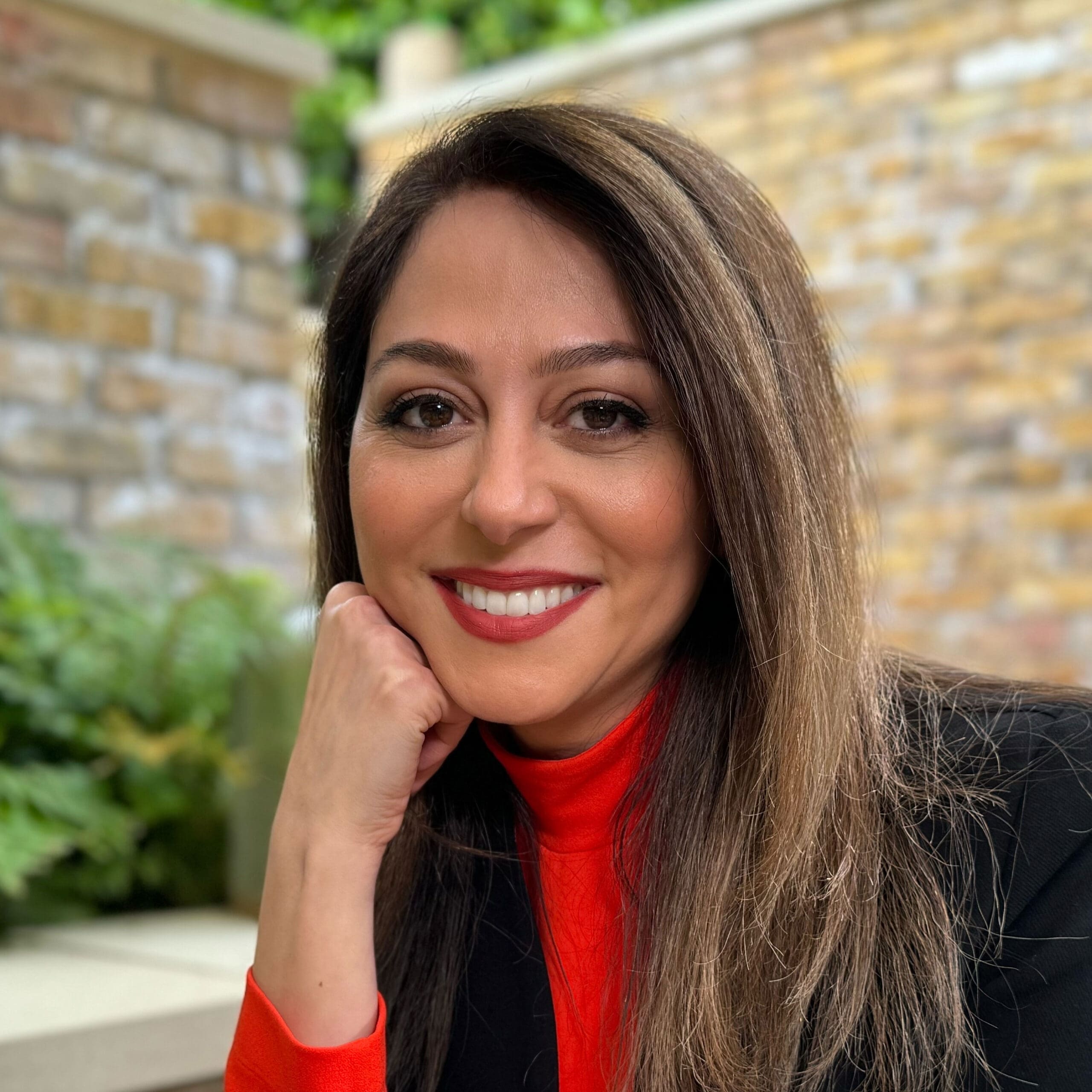



Sara Nasserzadeh, PhD, is a social psychologist, speaker and thinking partner specializing in sexuality, relationships, and intercultural fluency. She’s authored three books, including Love by Design: 6 Ingredients for a Lifetime of Love, winner of the 2025 Vincent Clark Award from the California Association for Marriage and Family Therapists. She’s a Certified Sexuality Counselor and AASECT-approved provider, a Senior Accredited Member and Supervisor with COSRT (UK), and an Associate Marriage and Family Therapist in California.
What does a healthy breakup, separation, or divorce look like? While attachment theory has revolutionized our understanding of how clients form relationships, we've overlooked a crucial piece: how they end them. Research shows that the way people detach whether through dramatic exits, peaceful transitions, or emotional ghosting profoundly impacts their self-concept, resilience, and future relationship patterns. In this workshop, you’ll discover why some clients repeatedly find themselves in chaotic breakups while others vanish from relationships without explanation. You’ll also explore your own detachment patterns as you gain the clinical clarity needed to guide clients through one of life's most challenging yet growth-promoting experiences: transitions and letting go. Whether clients frame this process as detachment, transitioning, ending, pruning, or re-bucketing, each carries different emotional weight and therapeutic implications. You’ll learn to help clients:



Tammy Nelson, PhD, is a licensed and certified sex and couples therapist, a board-certified sexologist, and international speaker. She’s the author of six books including The New Monogamy and Integrative Sex & Couples Therapy. With over 35 years of clinical experience, she’s known for her groundbreaking work on redefining commitment and guiding couples through affair recovery. She’s a TEDx speaker and the host of The Trouble with Sex podcast, and her work has been featured in many global media outlets. She’s the founder and director of The Integrative Sex Therapy Institute.
Talking about sex isn’t easy. On the therapist’s end, it may trigger countertransference, bias, and projection. Couples who try—and fail—to talk about it effectively can face frustration as negative patterns repeat themselves, leading to destructive behaviors. Therapists need training and tools to intervene when their clients are struggling with sexual dilemmas. This workshop will offer you a range of powerful interventions for addressing client’s sexual concerns, frustrations, and desires, helping both individuals and couples improve their relationships. We’ll review the basics of the integrative sex therapy model and cover interventions and techniques that foster effective, ethical therapeutic relationships with clients struggling with sexual issues. We’ll also explore creative ways of integrating this work into clinical practice. You’ll learn to help clients:

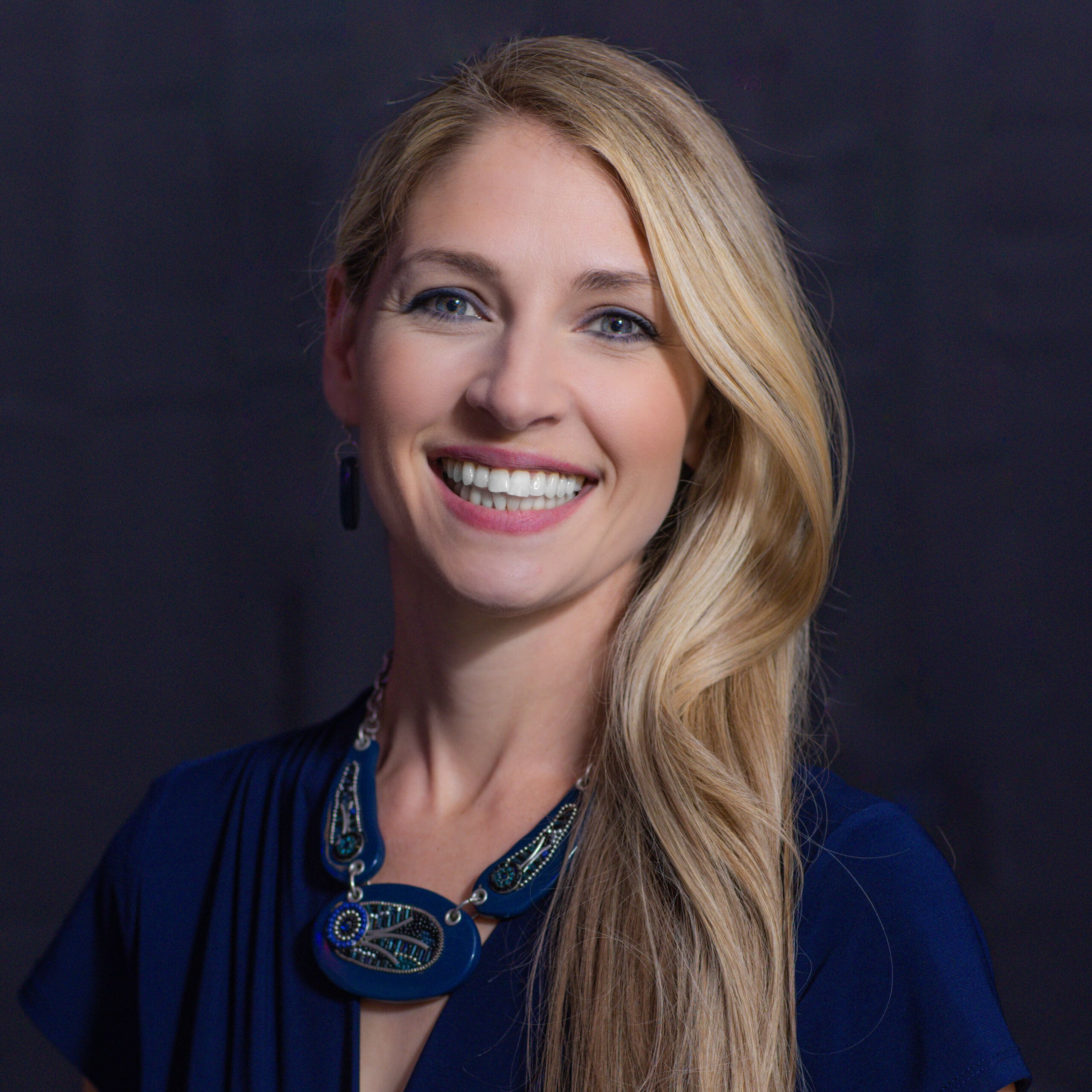
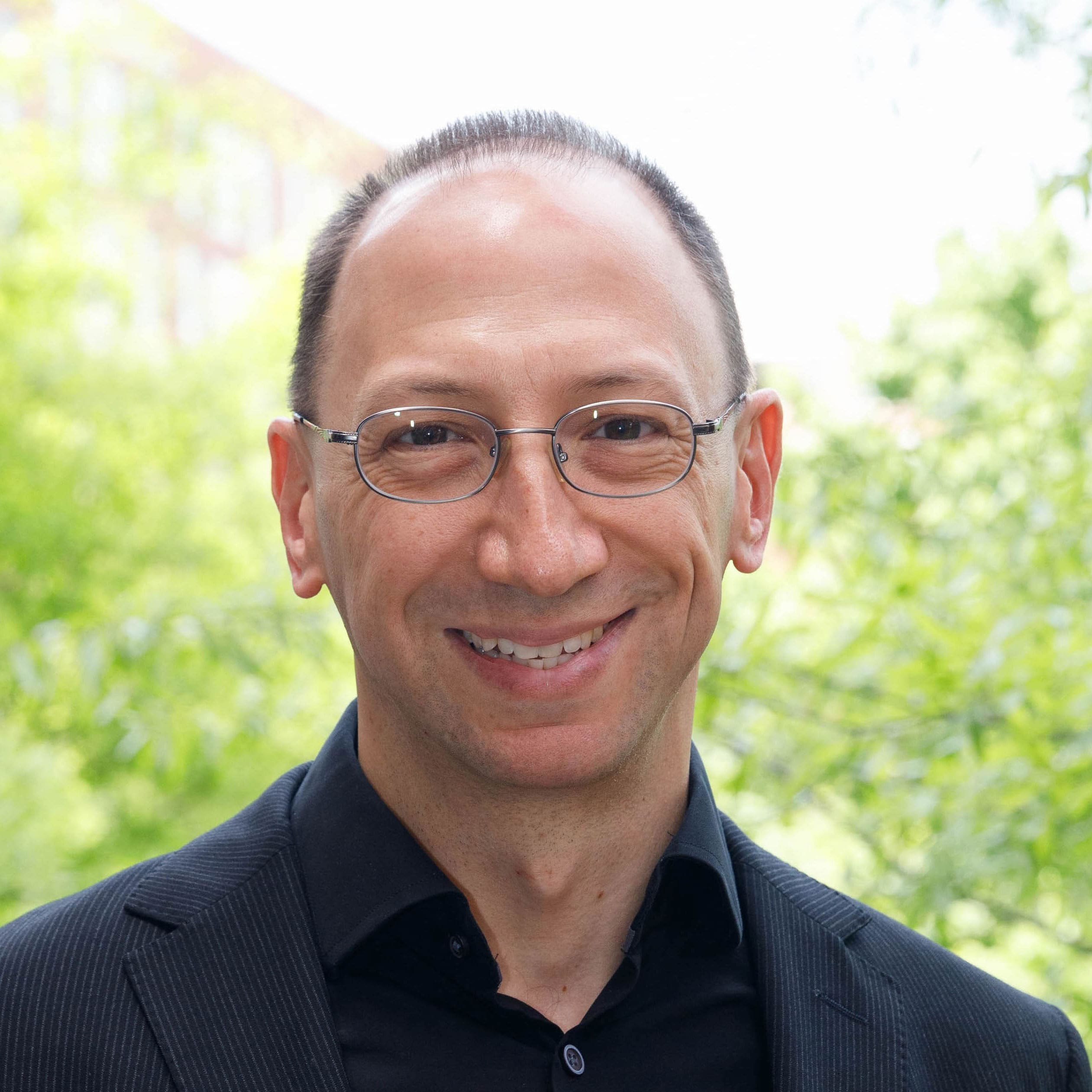
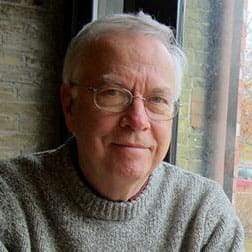





William Doherty, PhD, is a professor emeritus in the Department of Family Social Science at the University of Minnesota. His current clinical specialties include couples on the brink of divorce, for whom he developed discernment counseling, and couples dealing with political divisions. In 2016, he co-founded Braver Angels, a citizen initiative bringing conservatives and liberals together to counteract political polarization and restore the fraying social fabric in American society.
Lisa Ferentz, LCSW-C, DAPA, is a recognized expert in the strengths-based, depathologized treatment of trauma and has been in private practice for more than 35 years. She’s a trainer and clinical consultant to practitioners and mental health agencies worldwide. And she’s the author of Treating Self-Destructive Behaviors in Trauma Survivors, Letting Go of Self-Destructive Behaviors, and Finding Your Ruby Slippers.
Jordan S. Potash, PhD, ATR-BC, REAT, LPAT (DC), LPCAT (MD), is a registered, board certified, and licensed art therapist and registered expressive arts therapist. He’s associate professor in the Art Therapy Graduate Program at The George Washington University, former editor of Art Therapy, and lecturer globally. He’s primarily interested in the applications of art and art therapy in the service of community development, cross-cultural relationships, social change, and peace building.
Aliza Scharf-Bendov, LCSW-C, is a psychotherapist and family therapist with over 18 years of direct practice experience. Certified in Somatic Attachment Therapy and as an Integrative Mental Health Practitioner, her current therapeutic focus is on parent support and guidance, trauma-informed interventions, and building resiliency in children and families. She also facilitates workshops on themes of spirituality and Jewish thought as well as antisemitism awareness and clinical competency. She’s the author of A Jewish Holiday Reader; Lessons on Healing from a Psychotherapist's Perspective.
In recent years, Jewish therapists and clients have reported a marked increase in encountering antisemitic bias—both subtle and overt—within their professional and personal spheres. This panel brings together Jewish clinicians to share their lived experiences and those of their clients, offering a candid look at how antisemitism can shape the therapeutic space. Through personal narratives and clinical reflections, we’ll explore how Jewish identity, safety, and belonging intersect with therapeutic work. The discussion will focus on the clinical and relational dimensions of the experience of antisemitism and provide practical insights for navigating these issues with compassion and competence. You’ll discover:




Terry A. Casey, PhD, is a Licensed Psychologist who conducts CE programs on ethical, legal, and practice issues across the country and has taught ethics in professional counseling at the graduate level for 17 years. He also maintains a private consulting practice near Nashville, Tennessee.
Have you ever faced an ethical or legal dilemma that left you scared or confused? As therapists, we strive to abide by ethical codes, laws, and licensing rules, but it’s hard to prepare for every possible ethical dilemma we may face. In this workshop, you’ll be introduced to a process that will help you work through any ethical or legal dilemma you may find yourself in with confidence and clarity. The interactive format involves small-group discussions and role plays to work through challenging professional situations using the multiple perspective decision making process. You’ll learn to:
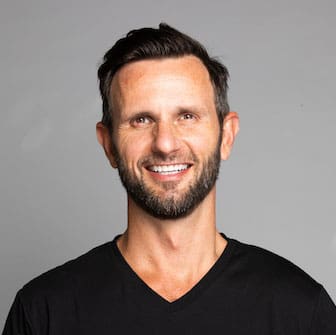


Nick Brüss, EdD, LMFT, is a leading IFS therapy expert and psychedelic psychotherapist with over a decade of experience as a therapist and clinical consultant. He’s the co-founder of the Psychedelic Coalition for Health, advancing psychedelic-assisted therapy through clinician training and public education, and serves as faculty at the Integrative Psychiatry Institute and TheraPsil and an educator at Psychedelic.Support.
Internal Family Systems therapy is among the most transformative, evidence-based frameworks used to help clients explore their inner worlds and resolve internal conflicts. But how do you help these clients solidify their IFS therapy gains in-between sessions, without your caring presence and expert guidance? In this workshop, you’ll deepen your understanding of IFS therapy, learning how to make it an accessible, daily practice for your clients. Together, we’ll walk through specific strategies that support clients’ emotional and spiritual growth, exploring ways to equip them with the tools they need to build greater self-awareness, resilience, and inner harmony. Using a blend of engaging demonstrations, experiential exercises, and focused discussions, we’ll examine several IFS therapy interventions you can immediately incorporate into your practice. You’ll learn:
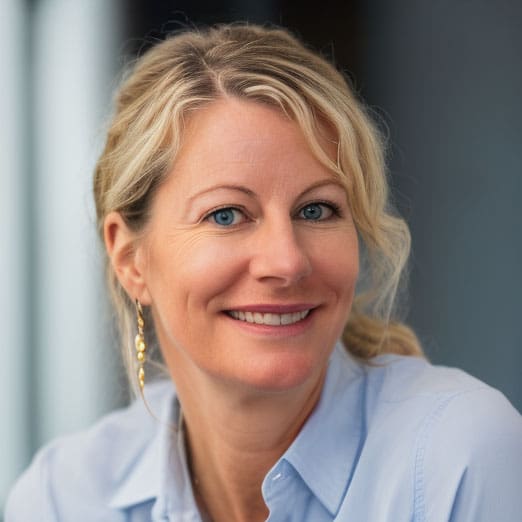


Abi Blakeslee, SEP, CMT, MFT, PhD, is a leading voice in somatic psychology and an internationally acclaimed educator, as well as the founder of Implicit Psychotherapy. She’s senior faculty at Somatic Experiencing International, bringing over three decades worth of experience to her somatic teaching and clinical interventions.
How often do you bring a client’s sensation into their awareness beyond a basic body scan or when they’re experiencing a strong emotion? It turns out, there are many more applications than you might think—particularly when it comes to treating trauma and attachment wounds. In this workshop, you’ll learn about the power of interoception—the conscious awareness of bodily sensation—and the latest neuroscience research that backs it up. Using video of real sessions and short dyad practices, you’ll learn not only how to engage your clients’ interoceptive process, but when and how to apply these transformative techniques in a range of clinical scenarios. You’ll discover:
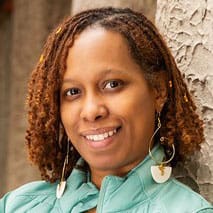



Jacqui Johnson, LPC, ATR-BC, ACS, PMH-C, is a somatic healing-justice therapist specializing in Art, Play, and Hip-Hop Therapy, and the founder of Sankofa Healing Studio. Her areas of expertise include racism-based trauma, adverse childhood experiences, gender-responsive care, and community violence. She lectures, provides supervision and consultation, and leads initiatives that increase accessibility for therapists of color. Her work combines art, play, storytelling, and hip-hop—grounded in a healing justice lens.
We know that intergenerational trauma impacts the nervous system and our emotional well-being. But when it comes to clients of color, how do we address complex layers of grief, joy, and racial trauma in a culturally sensitive manner? In this workshop, we’ll answer this question through an EMDR lens that incorporates the principles of healing justice. Using EMDR’s structured protocol, we’ll explore how practical, evidence-based techniques can be used in combination with cultural and ancestral healing practices to support resilience and transformation for clients of color. This hands-on walkthrough of “EMDR for the Ancestors” will not only provide you with an in-depth understanding of how systemic racism affects mental health but give you practical healing techniques that will help your clients create a holistic healing narrative. You’ll learn:
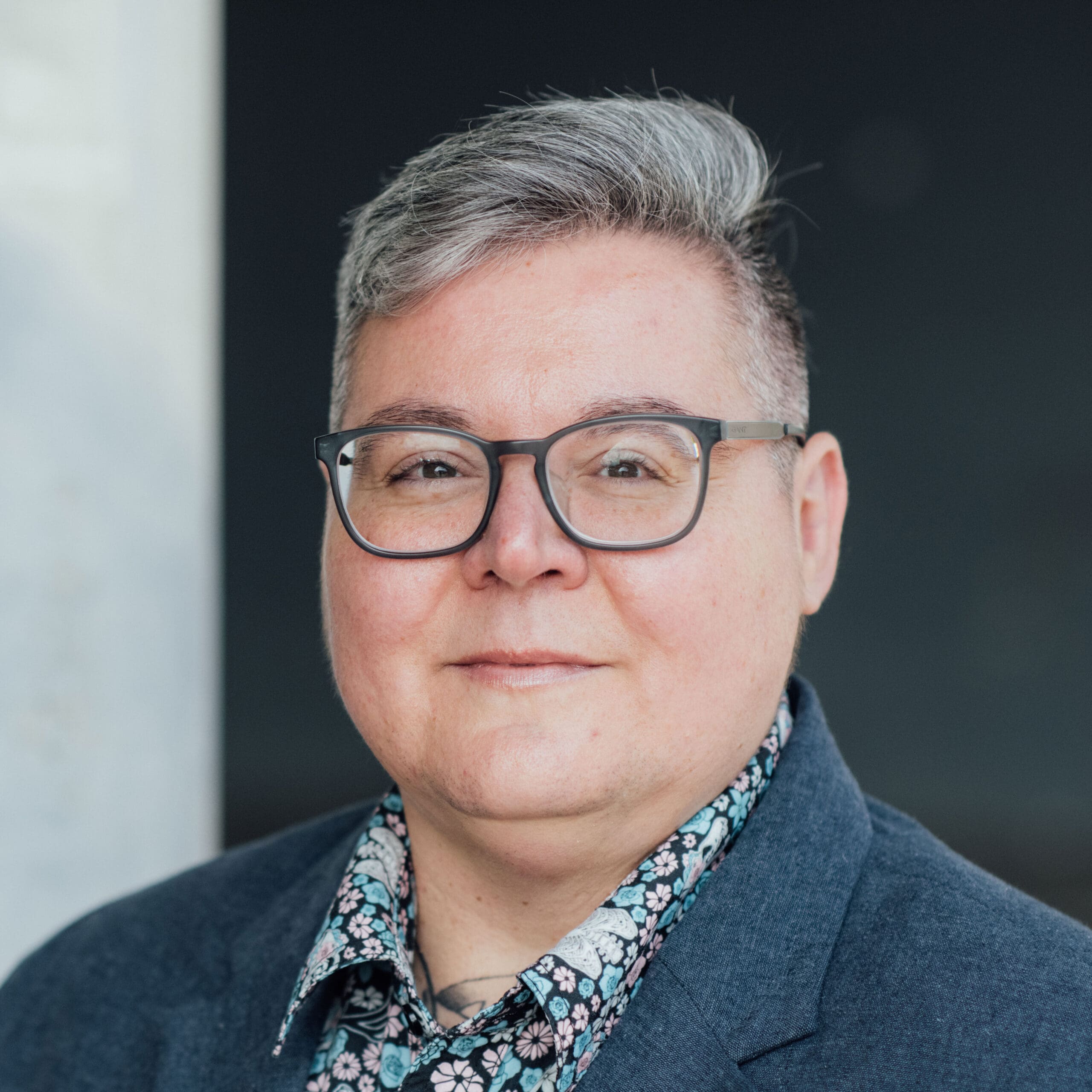


Alex Iantaffi, PhD, MS, SEP, CST, CST-S, LMFT (they/he/lui) is an award-winning author, WPATH certified gender specialist, AASECT certified sex therapist, Somatic Experiencing practitioner, clinical supervisor, mentor, and podcast host. They have researched, presented nationally & internationally, and published extensively on gender, disability, sexuality, trauma, relationships, and spirituality. Alex is the author of Gender Trauma: Healing Cultural, Social, and Historical Gendered Trauma, editor of the anthology Trans and Disabled, and coauthor of multiple books with MJ Barker, including Life Isn’t Binary.
If you’re in practice today, you’ll likely have clients with identities, experiences, and neurotypes that may have only been addressed in your clinical training from a pathological or defective lens, if mentioned at all. Especially if our clients’ identities and experiences differ from our own, a lack of updated knowledge about affirming practices can easily affect the therapeutic alliance, which we know is the most important factor for effective therapy. In this workshop, we’ll explore a relational framework to nurture the therapeutic alliance with a range of clients, especially if they’re trans, queer, and/or neurocomplex—as it’s these clients who have too often been harmed by more traditional therapeutic approaches. Join us and discover how to:
7:00 AM ~ Morning Yoga and Movement Sessions with Paul Denniston
9:00 AM - 10:45 AM ~ Welcome & Morning Keynote
11:00 AM - 1:00 PM ~ Morning Clinical Workshops
1:15 PM - 2:45 PM ~ Luncheon Keynote
3:00 PM - 5:00 PM ~ Afternoon Clinical Workshops
5:30 PM - 6:30 PM ~ Special Evening Activities and Movement Sessions
7:00 PM - 9:00 PM ~ A SYMPOSIUM DINNER EXCLUSIVE: The Therapist’s Cut
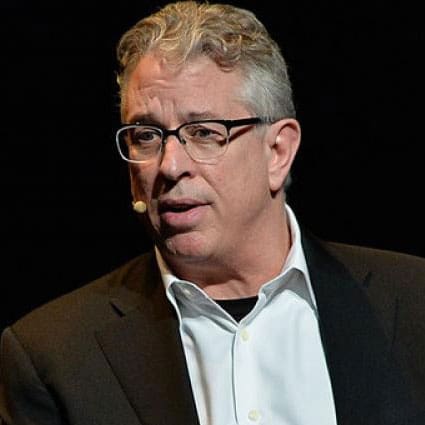


For decades now, Bruce Perry has illuminated how early relational experiences literally shape the architecture of the brain—building resilience or creating vulnerabilities that can echo across a lifetime. But the good news, Perry argues, is that the brain remains malleable, and carefully attuned therapeutic moments can spark deep and lasting change.
Perry—child psychiatrist, neuroscientist, and coauthor with Oprah Winfrey of the #1 New York Times bestseller What Happened to You?—is internationally recognized for transforming how we understand trauma and healing. His groundbreaking Neurosequential Model of Therapeutics has reshaped clinical practice, education, child welfare, and even sports programs worldwide. With decades of research, bestselling books (The Boy Who Was Raised as a Dog, Born for Love), and clinical innovation behind him, Perry brings unparalleled insight into how therapists can integrate neuroscience and relational wisdom to create conditions for recovery and growth.
In this keynote, he’ll show how therapy works not just in theory, but in the living moment—where neuroscience meets empathy, and where even clients suffering the deepest trauma can rediscover their capacity to heal.
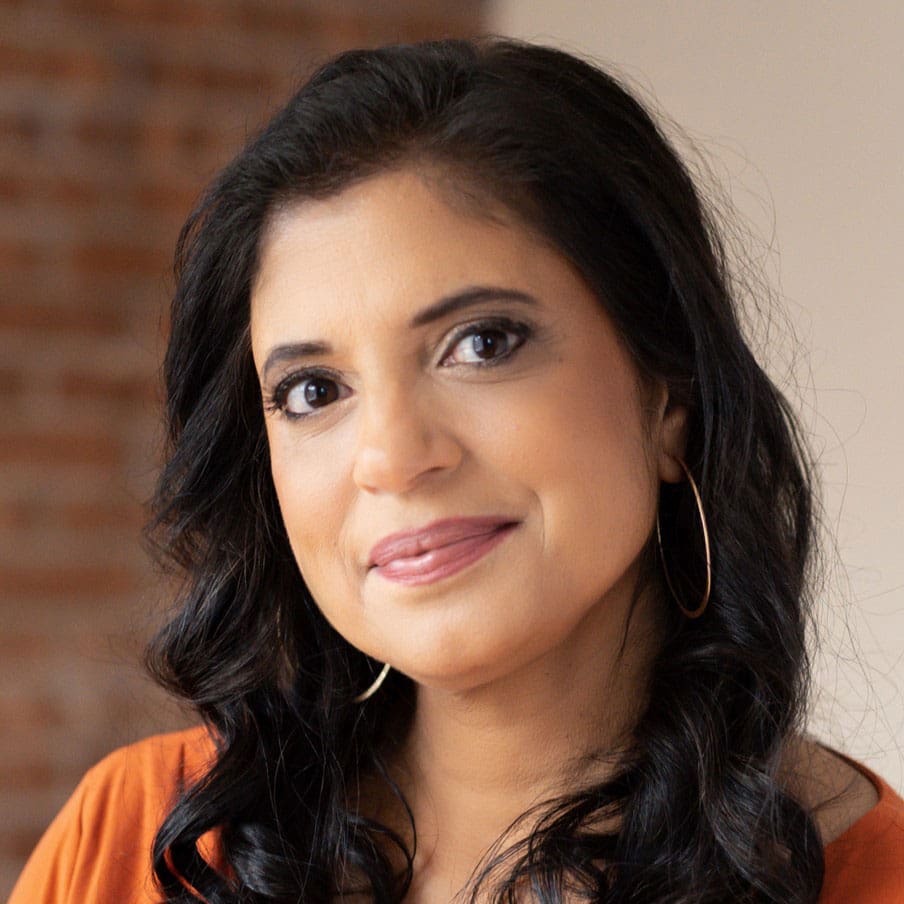
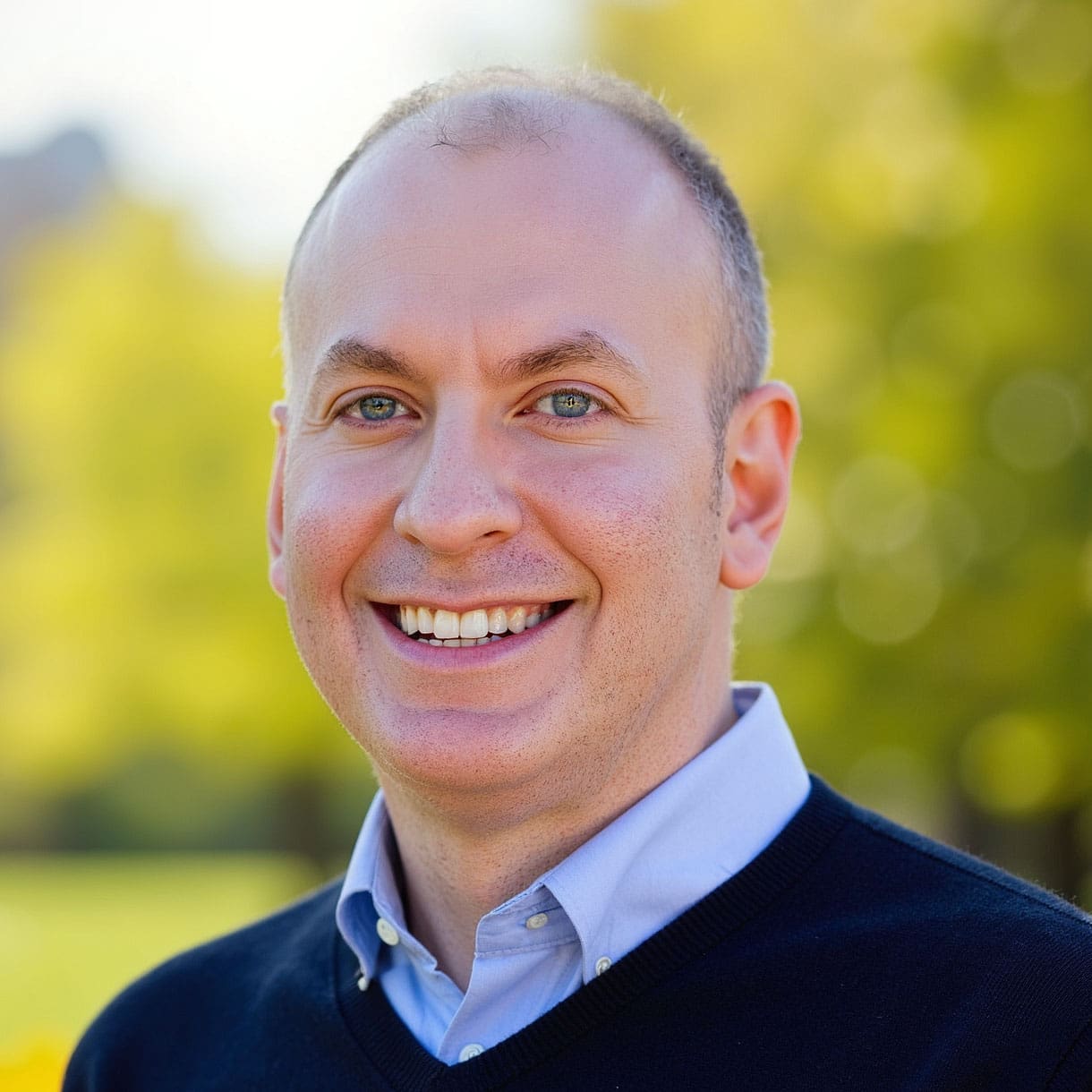



How to help narcissistic clients, and even whether you can make meaningful progress with them, is one of the hottest and most misunderstood topics in psychotherapy today. And it’s bumping up against a massive cultural movement that aims to shed light on the dynamics of narcissistic abuse.
No one has been more focused on this survivor-focused movement than Ramani Durvasula, who in many ways has led the charge on introducing narcissistic abuse into our cultural lexicon. With almost 40 years of clinical experience, several New York Times bestselling books, and countless media appearances—from TEDx and SxSW to YouTube and Instagram, where her videos have accumulated tens of millions of views—she’s changed the way we view the effects of narcissism on others.
Joining her this keynote conversation is world-renowned therapist Craig Malkin, who specializes in the challenging work of treating narcissists, covert and grandiose alike. A Harvard Medical School lecturer and a New York Times bestselling author, whose book Rethinking Narcissism was twice named by the Oprah Winfrey Network as one of the most important books on narcissism, he’s added deep insight and necessary nuance to what we think we know about this antagonistic personality style. In calling attention to the "narcissism epidemic," he’s helped us ground narcissism in universal human motives and recognize the value of “healthy” narcissism.
As they meet for the first time in this can’t-miss clinical discussion, they’ll share how their work overlaps and where their views diverge. You’ll discover why dynamics matter more than diagnosis, how to understand narcissism on a spectrum of self-enhancement, and why many abusive people are unlikely to change and what this means for their partners.
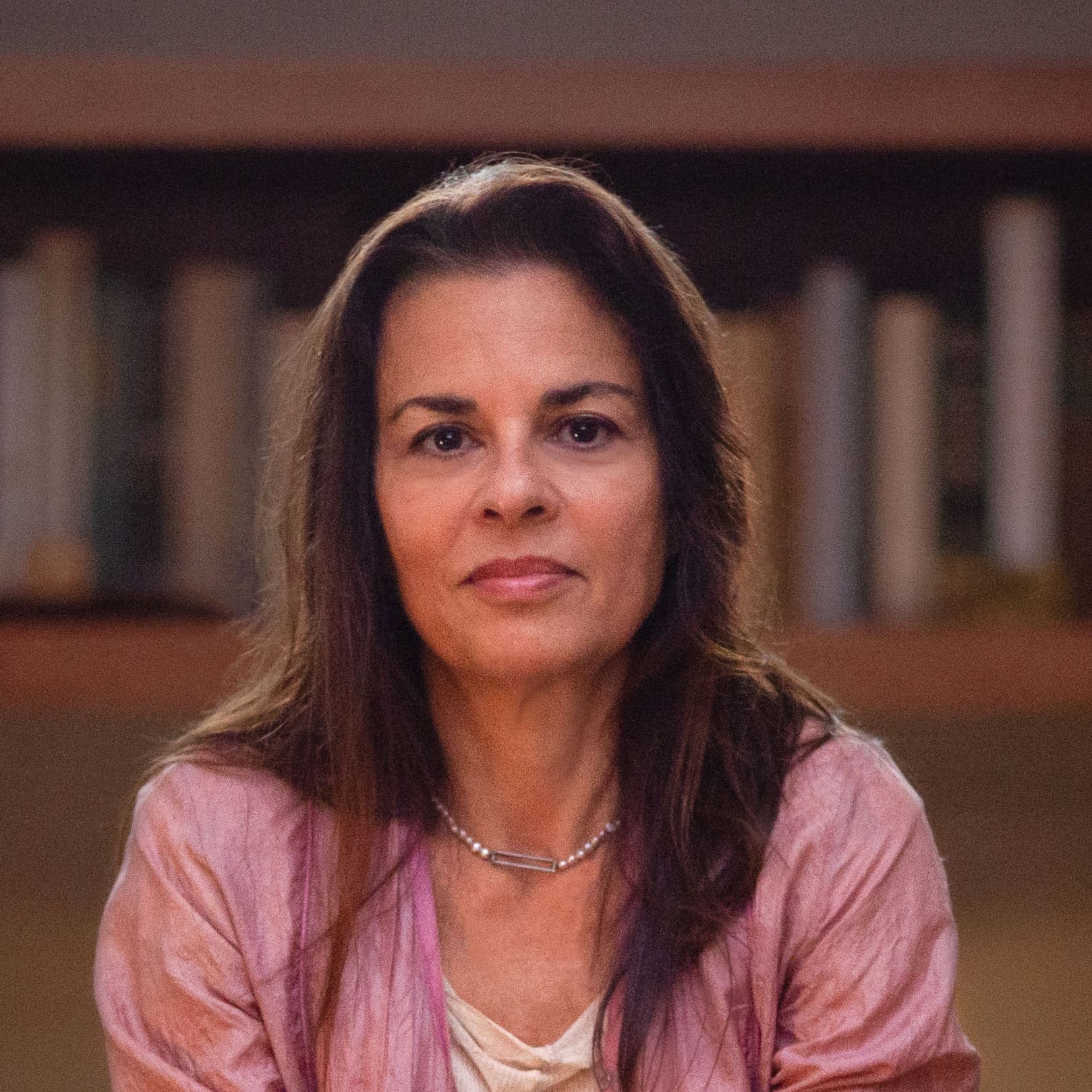

Join us for an intimate and unforgettable evening with Dr. Orna Guralnik, the acclaimed psychoanalyst and star of the groundbreaking Showtime series Couples Therapy. In this exclusive dinner event, Dr. Guralnik will share clinical insights and behind-the-scenes stories from the show that’s redefined how millions view psychotherapy.
More than just a television figure, Dr. Guralnik brings decades of clinical experience, a fierce intellect, and a deep curiosity about the human condition to every couple she treats.
This is a rare opportunity to connect with her in an intimate setting, explore the nuances of relational work, and get your questions answered directly. Seating for this exclusive dinner event is VERY limited for this special evening—reserve your spot early to be part of this unique experience at the heart of the 2026 Symposium.
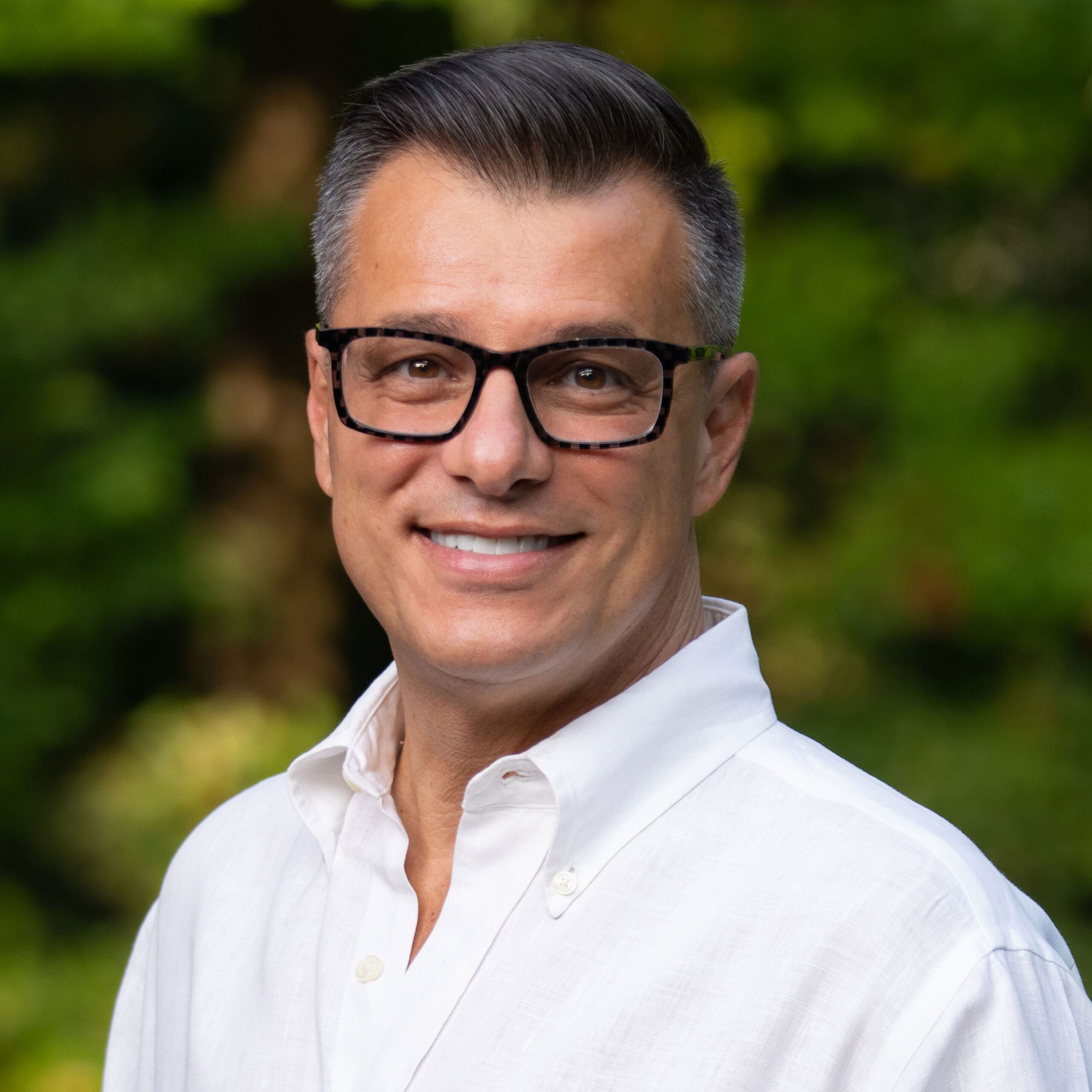



Frank Anderson, MD, is a world-renowned trauma treatment expert, Harvard-trained psychiatrist, and psychotherapist. He’s the acclaimed author of Transcending Trauma and coauthor of Internal Family Systems Skills Training Manual. As a global speaker on the treatment of trauma and dissociation, he’s passionate about teaching brain-based psychotherapy and integrating current neuroscience knowledge with the Internal Family Systems model of therapy.
Internal Family Systems (IFS) therapy continues to evolve as a leading approach for trauma treatment, supported by growing neuroscience and clinical evidence. It’s among the most effective, targeted approaches to help clients find safe ways to connect to early childhood emotions, tapping into their innate wisdom, and transforming negative beliefs to help them achieve lasting change. In this dynamic workshop, you’ll learn how to integrate IFS therapy with neurobiological and trauma-informed care to deepen your understanding of parts work—whether you’re a seasoned IFS therapy practitioner or just getting started. Blending didactic teaching and clinical demonstrations, we’ll walk through emerging techniques for working with extreme protectors, dissociation, and complex trauma, examining the latest research on memory reconsolidation and polyvagal integration in the process. You’ll learn how to:
This product is not endorsed by, sponsored by, or affiliated with the IFS Institute and does not qualify for IFS Institute credits or certification.
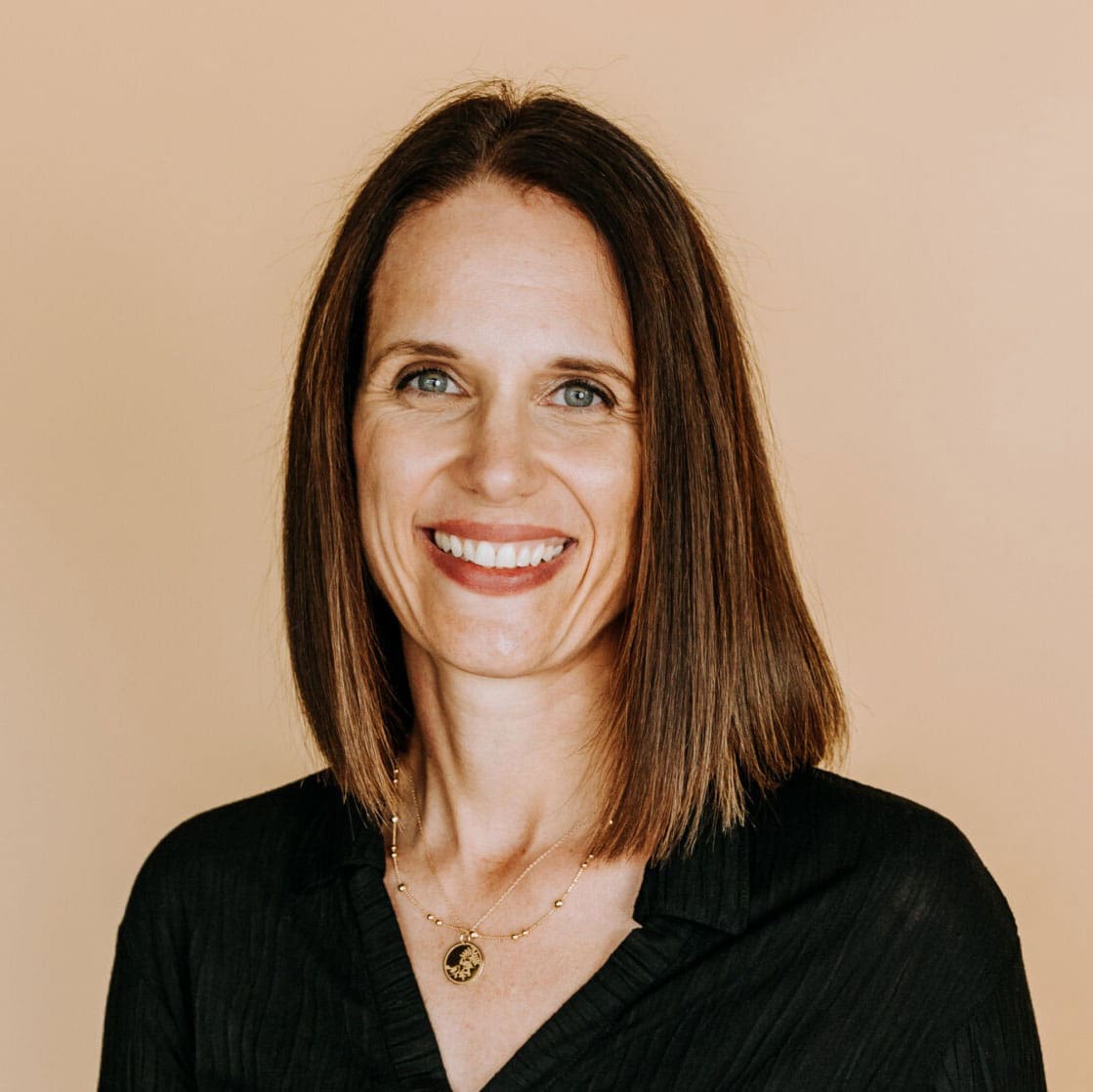



Julie Menanno MA, LMFT, LCPC, is a therapist, author, educator, masterful interpreter of Attachment Theory, and an Architect of Emotional Connection. She’s the author of Secure Love and the creator of The Secure Relationship, a platform that has reached millions worldwide, with a mission to dismantle the barriers that keep people from experiencing the joy of deeply connected, secure relationships.
Grounded in attachment theory and Emotionally Focused Therapy (EFT), this workshop offers a clear, practical roadmap for helping couples build lasting, secure bonds. Therapists will learn to identify insecure attachment patterns, guide partners toward emotional responsiveness, and interrupt destructive cycles with language and interventions that foster connection rather than conflict. You’ll walk away with scripts, session structures, and therapeutic mindsets to help couples move from disconnection to attunement. This session emphasizes therapist attunement, co-regulation, and emotionally corrective experiences as essential to transforming relational distress into secure functioning partnerships. You’ll discover:
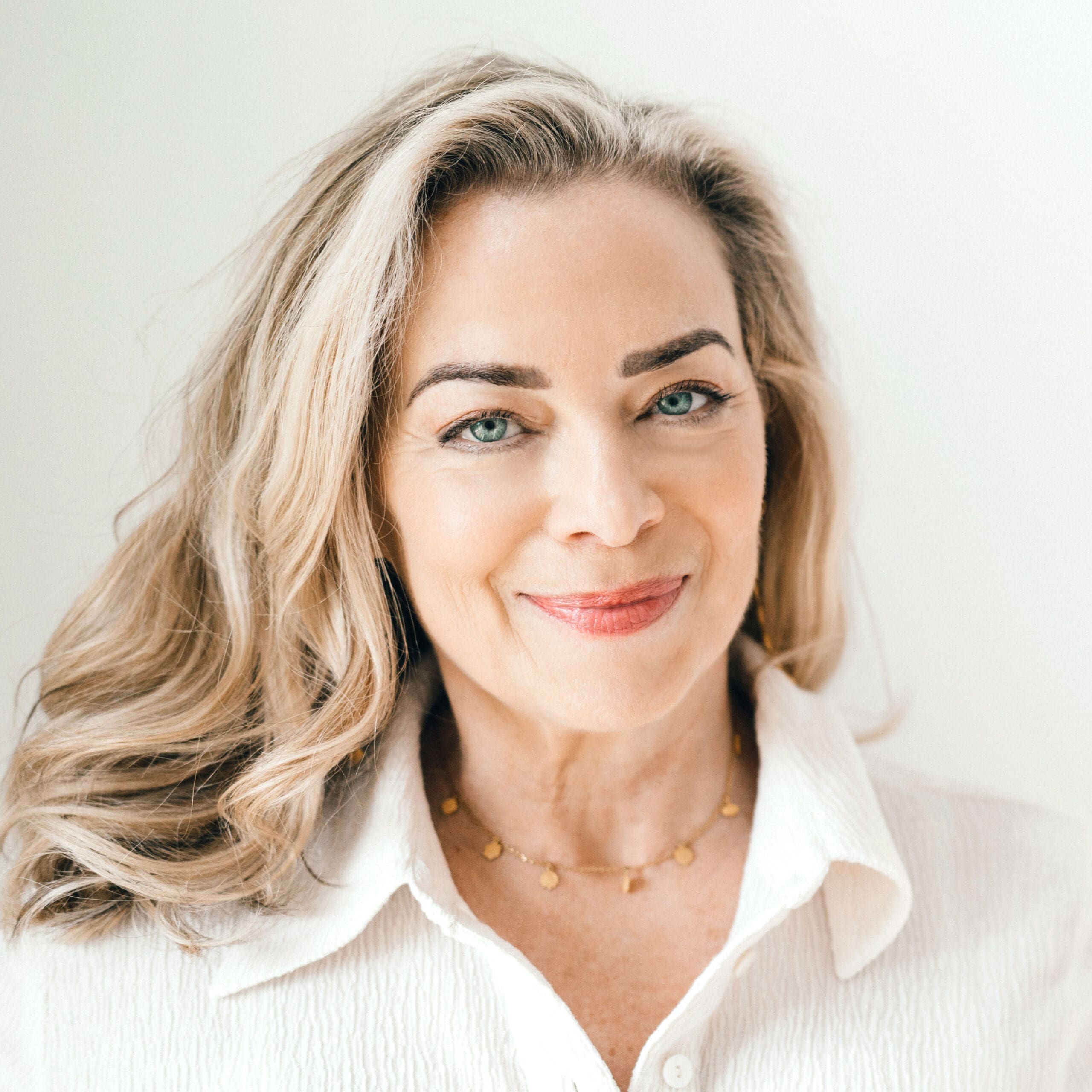



Terri Cole, MSW, LCSW, is a licensed psychotherapist and the author of Boundary Boss and Too Much! For over two decades, Terri has worked with a diverse group of clients that includes everyone from stay-at-home moms to celebrities and Fortune 500 CEOs. She reaches over a million people weekly through her blog, social media platform, courses, and podcast, The Terri Cole Show.
Not all clients come to us in crisis; some come to us in control. These clients are composed, competent, and high achieving, yet beneath the surface, they’re over-functioning in every area of their lives: fixing, managing, caretaking, and producing at an exhausting, relentless pace. This over-functioning pattern is rarely flagged as codependent because it presents as hyper-responsibility or “just being helpful.” But it often comes at a high cost: burnout, resentment, anxiety, and emotional disconnection. In this workshop, you’ll explore a clinically informed approach to help clients break this pattern of high-functioning codependency by building healthy boundaries, shifting from compulsive doing to conscious being, and engaging in sustainable self-care. You’ll discover practical interventions to reframe what healthy “helping” looks like by helping clients:
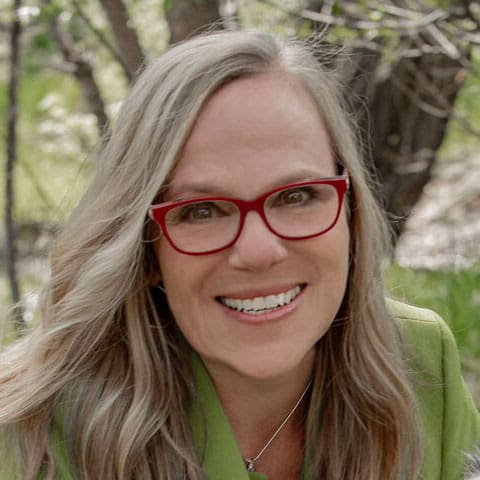




Sally Spencer-Thomas, PsyD, is a clinical psychologist and internationally recognized expert in suicide prevention and postvention. She’s the cofounder of United Suicide Survivors International and has led pioneering efforts to engage lived experience in mental health solutions. Her eight-session clinical model, Navigating the Tsunami After Suicide, is built upon years of collaboration with researchers, survivors, and global leaders in postvention.
Supporting clients who’ve been impacted by suicide—whether they’ve lost a loved one, survived an attempt, or live with chronic suicidal thoughts—requires more than good intentions; it demands deep ethical reflection and culturally attuned practices. But the intense isolating and traumatizing experience that accompanies suicide can leave clinicians feeling overwhelmed, and liability fears and unconscious bias can silently compromise the therapeutic alliance. In this workshop, we’ll explore the evolving ethical landscape of suicide-informed care, drawing from contemporary ethics frameworks, cultural humility practices, and lived experience perspectives. By the end, you’ll walk away with tools that will help you safely, respectfully, and competently give support. You’ll also learn:
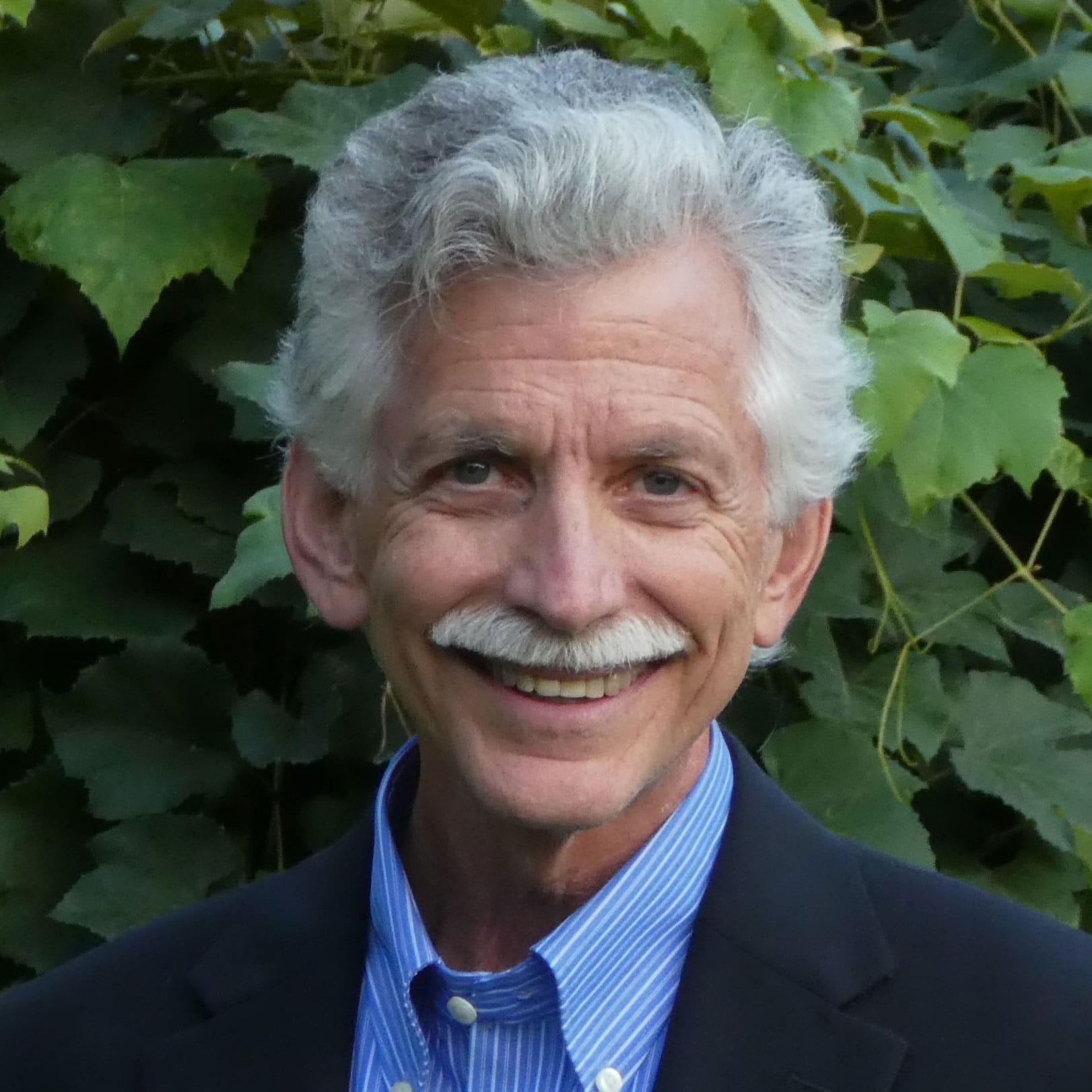



Ronald D. Siegel, PsyD is Assistant Professor of Psychology, Harvard Medical School and author of The Extraordinary Gift of Being Ordinary: Finding Happiness Right Where You Are and The Mindfulness Solution: Everyday Practices for Everyday Problems.
“Did I sound stupid?” “Should I have sent that email?” “How do I look?” Why do we, and our clients, spend so much time feeling self-conscious and comparing ourselves to others? Why do we struggle to live up to inner ideals or outer standards, only to regularly feel not good enough and either ashamed of our shortcomings or stressed-out trying to keep our self-esteem afloat? The assumption that we can find lasting happiness by being more successful, likable, attractive, intelligent, or morally above reproach is so woven into our biology and culture that few of us notice it’s not actually true. Sure, having success or otherwise getting to think highly of ourselves feels good—but it's not a permanent feeling. In this workshop, we’ll zero in on how we and our clients can begin to step off the self-evaluation roller coaster. We’ll explore:
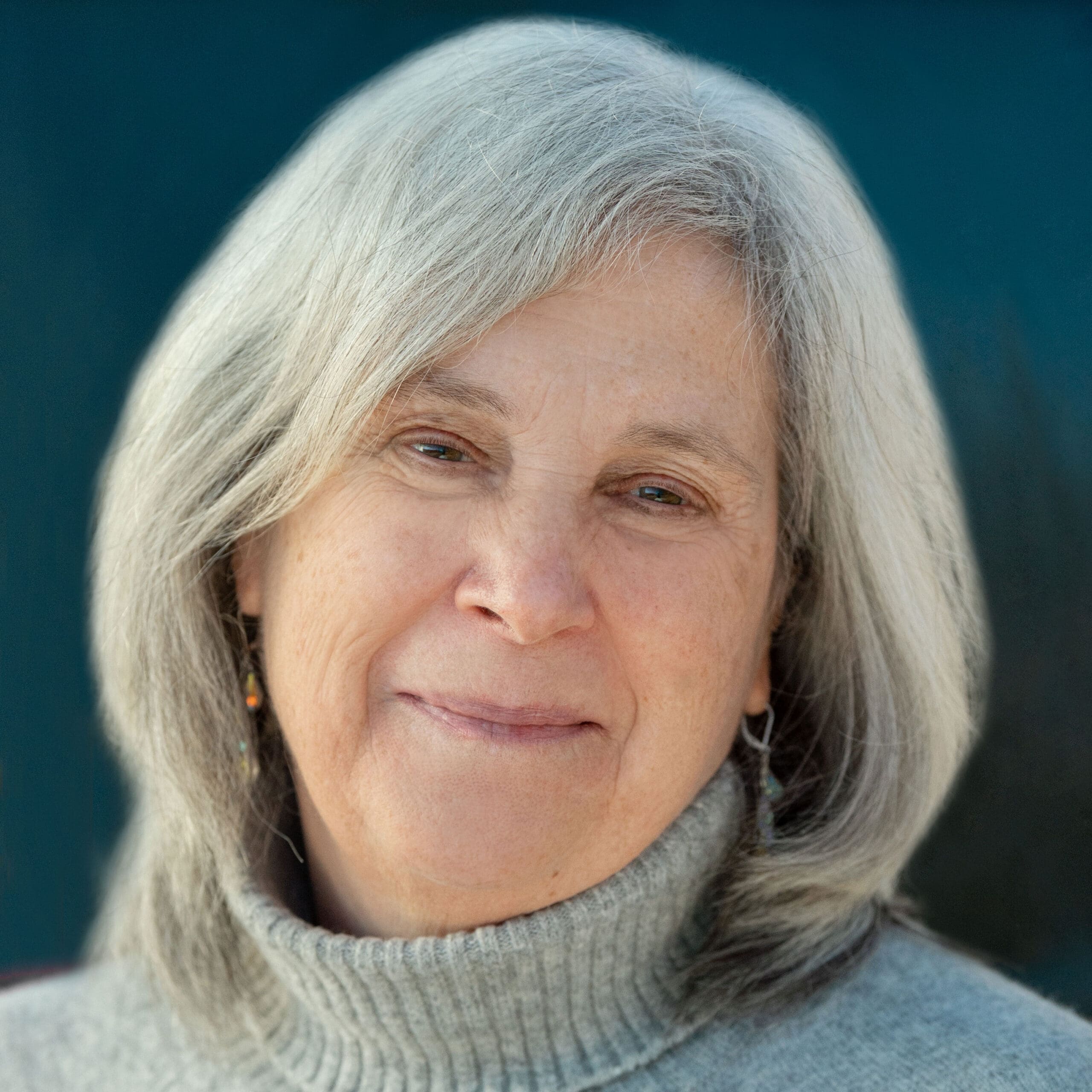


Deb Dana, LCSW, is a clinician, consultant, author, speaker, and a founding member of the Polyvagal Institute. Her books include The Polyvagal Theory in Therapy: Engaging the Rhythm of Regulation, Polyvagal Exercises for Safety and Connection: 50 Client Centered Practices, and others. She’s a pioneering contributor to the Rhythm of Regulation methodology—tools, techniques, and practices which open up the power of Polyvagal Theory to professionals and people from diverse backgrounds.
Polyvagal Theory gives us a map of the autonomic nervous system, helping us understand how safety, connection, and defense shape a client's inner world and therapeutic possibilities. But how do we translate that map into moment-by-moment clinical decisions and interventions tailored to the unique needs of clients? In this dynamic, experiential workshop, you'll discover live demonstrations of polyvagal principles in action that will empower clients by increasing their access to cutting-edge self-regulation tools and strategies. You’ll learn how to:



Arielle Schwartz, PhD, is a clinical psychologist, teacher, certified Kripalu yoga instructor, who specializes in treating PTSD and complex trauma. She’s the author of eight books, including The Complex PTSD Workbook, EMDR Therapy and Somatic Psychology, The Post Traumatic Growth Guidebook, The Complex PTSD Treatment Manual, and Therapeutic Yoga for Trauma Recovery. She trains therapists in the application of EMDR, somatic psychology, parts work therapy, and mindfulness-based interventions in the treatment of trauma and complex PTSD. She’s the founder of the Center for Resilience Informed Therapy and teaches with the Polyvagal Institute.
Do you ever find yourself getting stuck and exhausted with clients who’ve experienced trauma? You’re not alone. Traditional trauma approaches only get us so far when unresolved conflicts inevitably keep sabotaging our clients’ efforts toward healing. The truth is that stubborn trauma often requires complex treatment, not just standalone therapy. In this workshop, you’ll learn the essentials of somatic interventions, parts work, and EMDR, and how combining them in an integrative approach is the key to treating particularly stubborn trauma. We’ll also break down video demonstrations of these mind-body approaches to highlight how to apply concrete tools to support your trauma work. You’ll discover how to:



Alexandra H. Solomon, PhD, is a licensed clinical psychologist, adjunct professor at Northwestern University, faculty for MasterClass, host of the podcast “Reimagining Love,” and author of three books, including Love Every Day.
Should I stay or should I go? Relational Ambivalence can arise at any point, whether someone is newly dating or has been married for decades. In our eagerness to help, it can be tempting to cast a “vote” on what we think the client should do. But the opposite of relationship ambivalence isn’t certainty—it’s patience. In this workshop, you’ll help clients find their own answers through exploring the cultural, interpersonal, and intrapsychic layers of their relational ambivalence. You’ll also learn concrete practices that can help partners loosen feelings of stuckness, counter negative self-talk, evaluate relationship blindspots, and make decisions with more clarity and ease. You’ll learn to work effectively with couples whose ambivalence creates an “effort mismatch,” with one partner advocating for change while the other wishing for acceptance of the relationship as it is. Exploring your own personal experiences “at the crossroads” will increase your understanding of what you bring to case conceptualization and treatment planning with relationally ambivalent couples. You’ll learn to help clients:
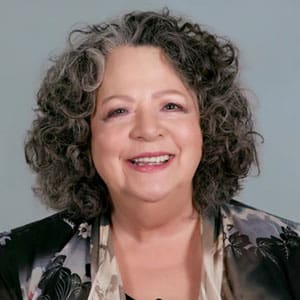


Janina Fisher, PhD, is a licensed clinical psychologist, founder of Trauma-Informed Stabilization Treatment (TIST), advisory board member of the Trauma Research Foundation, and coauthor with Pat Ogden of Sensorimotor Psychotherapy: Interventions for Attachment and Trauma and author of Healing the Fragmented Selves of Trauma Survivors: Overcoming Self-Alienation and Transforming the Living Legacy of Trauma.
Research has shown a relationship between a history of childhood abuse and a later diagnosis of borderline personality disorder. Sadly, clients who’ve suffered greatly in early relationships struggle to experience others as safe. Their intense emotions and impulsive behaviors are often feared by therapists trying to help them. And yet these clients are caught up in a private, internal battle: Do I trust or not trust? Do I live or die? Do I love or hate? Do I win or lose? In this workshop, you’ll be introduced to a nonpathologizing perspective on personality disorders, one that frames them as trauma-related disorders reflecting traumatic attachment. You’ll learn to:
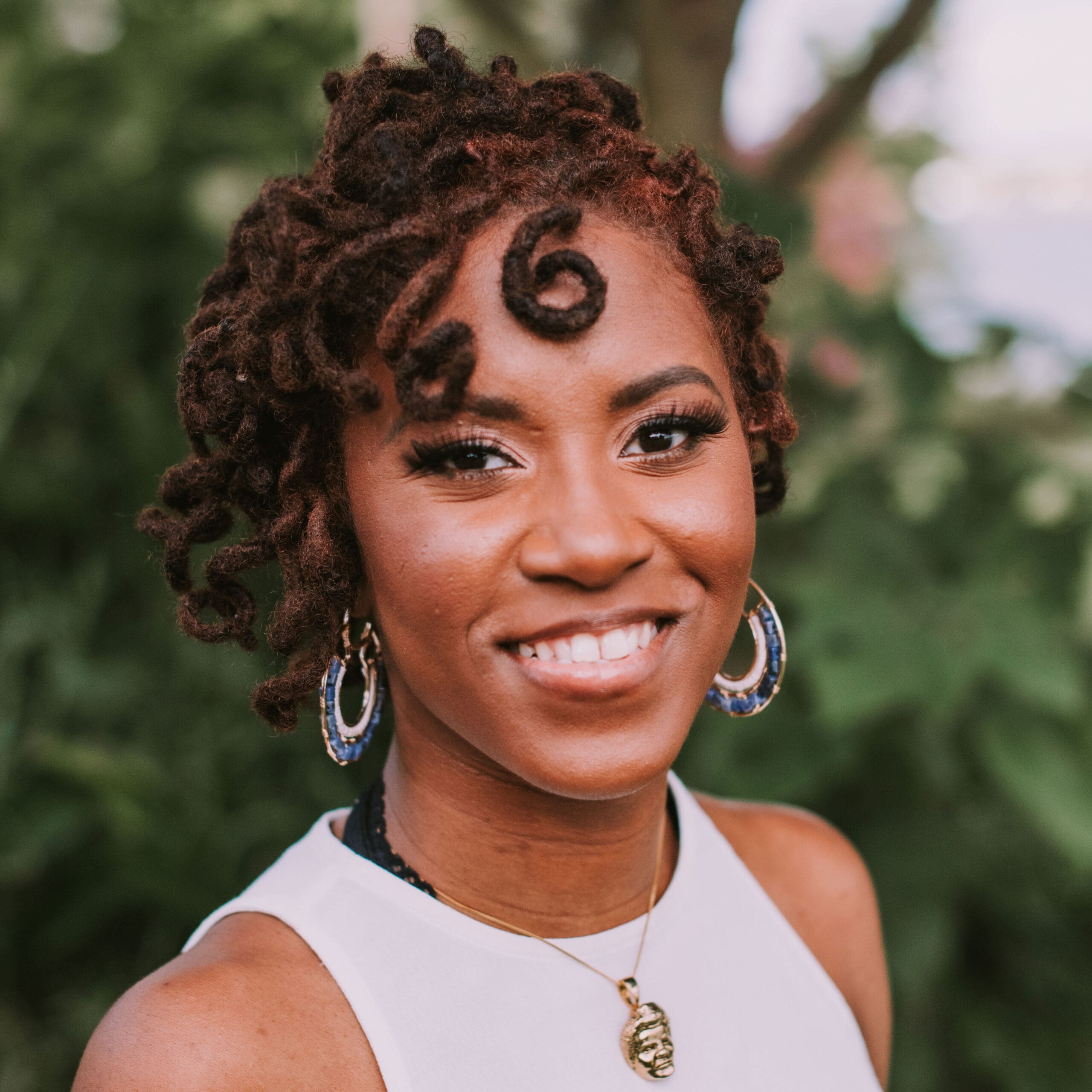


Shawna Murray-Browne, PhD, LCSW-C, is an author, cultural historian, integrative psychotherapist, and liberation-focused healer. She’s the keeper of sacred space for leaders of color, working at the intersection of social impact and embodied ancient wisdom. Featured on PBS’s Mysteries of Mental Illness, she’s one of HuffPost’s “Ten Black Female Therapists You Should Know.”
Healing circles go beyond traditional therapy models to create a liberatory, decolonial practice that's especially resonant for marginalized communities. As a powerful form of psychoeducation, it reduces the stigma associated with many mental health issues, including loneliness, and fosters therapeutic cohesion. Therapists passionate about expanding their reach and exploring ways to make an impact off the couch will benefit greatly from learning more about this way to facilitate healing. In this workshop, you’ll engage in reflective exercises about yourself as a healing-circle facilitator, learn ways to honor the cultural experiences of marginalized groups, and explore real-world examples of healing circles that incorporate mindfulness, oral history, movement, and spirituality. Although the examples focus on meeting the needs of Black women, you’ll be invited to imagine how you can incorporate healing circles in your work. You’ll discover how to:
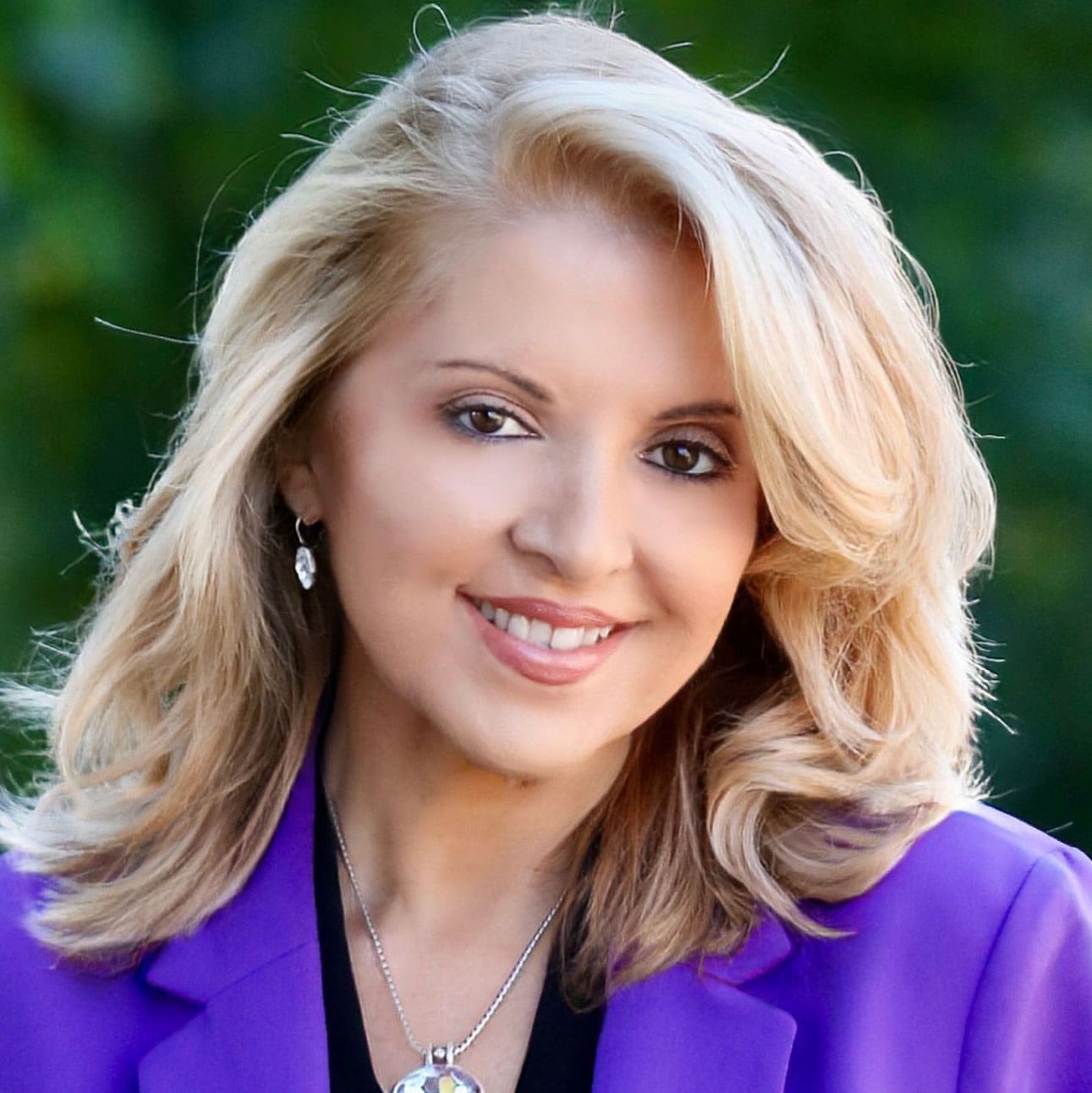


Wendy Behary, MSW, LCSW, is the founder and director of The Cognitive Therapy Center of New Jersey and The Schema Therapy Institutes of NJ-NYC-DC. She’s a founding fellow and consulting supervisor for The Academy of Cognitive Therapy, and past President of the Executive Board of the ISST. She’s the author of the international bestseller Disarming the Narcissist: Surviving and Thriving with the Self-Absorbed, and Deliberate Practice in Schema Therapy.
The schema approach draws from cognitive-behavioral therapy, attachment theory, psychodynamic concepts, and emotion-focused therapies. And it’s uniquely effective with entrenched, chronic psychological disorders, eating disorders, intractable relationship and emotional problems, and personality disorders—in other words, clients who often get labeled as “difficult” or “resistant.” In this workshop, you’ll learn to navigate clinical challenges using powerful schema therapy interventions such as imagery, mode dialogues, empathic confrontation, bypassing avoidance, setting limits, adaptive re-parenting, anger confrontation, and behavioral pattern breaking. You’ll also be invited to reflect on how your own schema impacts the therapy relationship. You’ll discover how to:
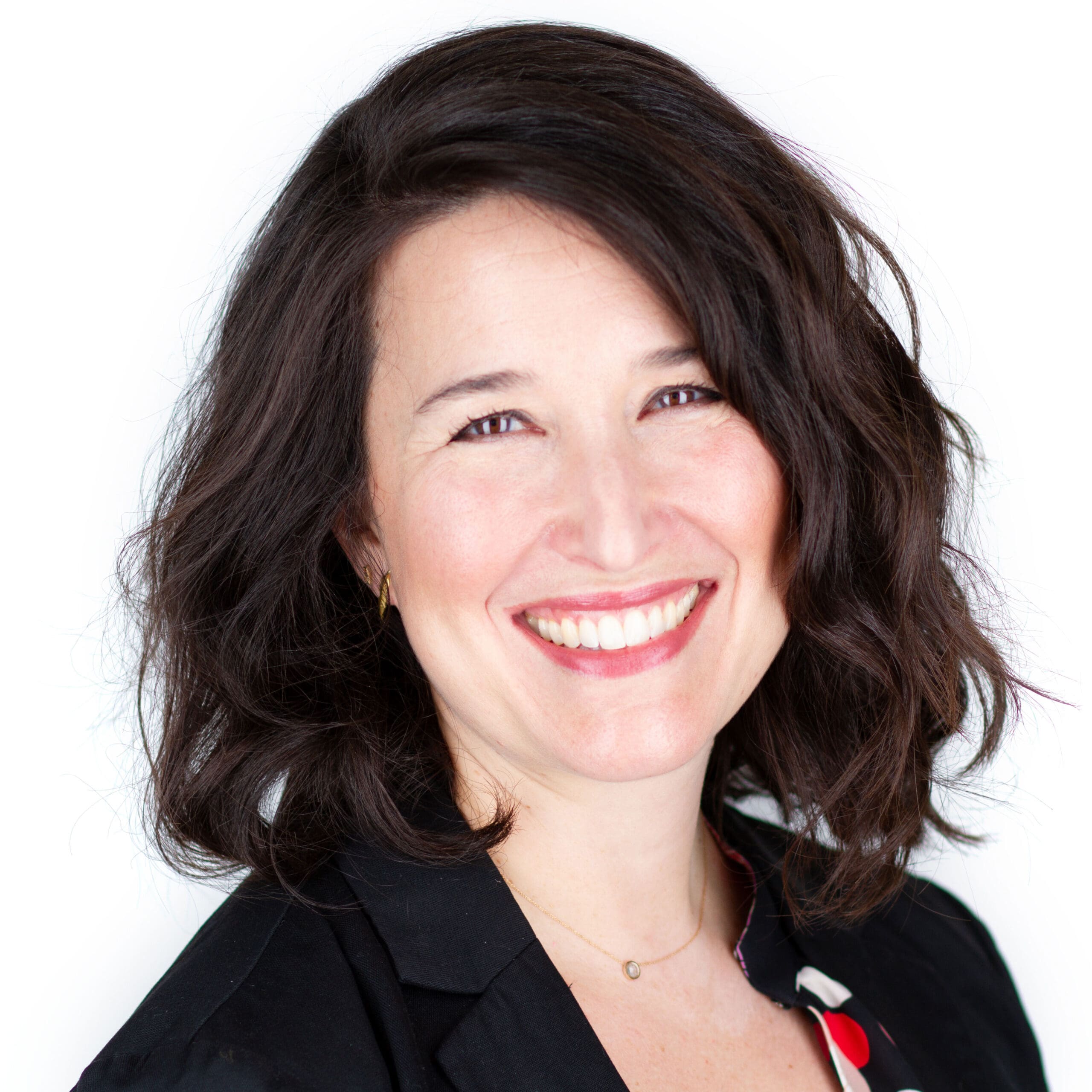


Sarah McCaslin, MS, MDiv, LCSW, is the executive director of the Psychotherapy & Spirituality Institute in New York City as well as a clinician and educator specializing in spiritually-informed psychotherapy. She’s an instructor at Union Theological Seminary and The Ackerman Institute for the Family, both in New York City, working at the intersection of psychotherapy, spirituality, and social justice.
Say your client asked if they could explore something deeply meaningful and potentially transformative with you? Of course you’d say yes, right? Well, there’s a good chance your clients are saying this without saying it—and too many of us are missing it when it happens. Even if your clients aren’t religious, they’re probably grappling with existential questions about who they are, where they belong, and what they believe. And if we feel unequipped, conflicted, or concerned about wading into these spiritual conversations, we’re missing incredible opportunities for healing. In this workshop, you’ll explore spiritual competence from a deep, nuanced framework, and learn an integrative approach that takes into account current research, ethics, culture, and the real-life complexity of many modern-day spiritual issues. You’ll discover:
8:30 AM - 9:45 AM ~ Welcome & Morning Keynote
10:00 AM - 1:00 PM ~ Clinical Workshops



Modern relationships are in crisis—not because we want too much, but because we’ve been trained to settle for too little. In today’s world, where people crave deep, soulful connection more than ever, we’re still saddled with a cultural legacy that glorifies individualism, patriarchy, and emotional repression. The result? We’re longing for intimacy in a world that teaches us to protect, not connect.
Terry Real, New York Times bestselling author of Us: Getting Past You and Me to Build a More Loving Relationship and founder of Relational Life Therapy (RLT), has spent over 30 years challenging the cultural forces that erode our capacity for authentic love. Known for his fierce compassion and groundbreaking work in men’s issues, Real brings both clinical wisdom and raw humanity to the deepest questions of how we live and love.
In this talk, with honesty, humor, and a deep understanding of what brings us close (and what tears us apart), he’ll guide us into a radical vision of love as nothing less than an act of insurrection—a rebellion against the disconnection we’ve inherited, and a conscious choice to live relationally in a fractured world. This is not just a new map for intimacy—it’s a call to action for therapists, partners, and anyone yearning to love well in a culture that makes it hard.
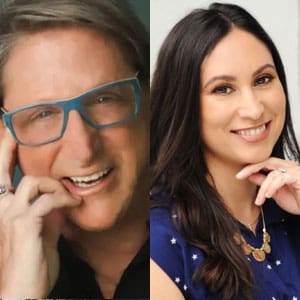



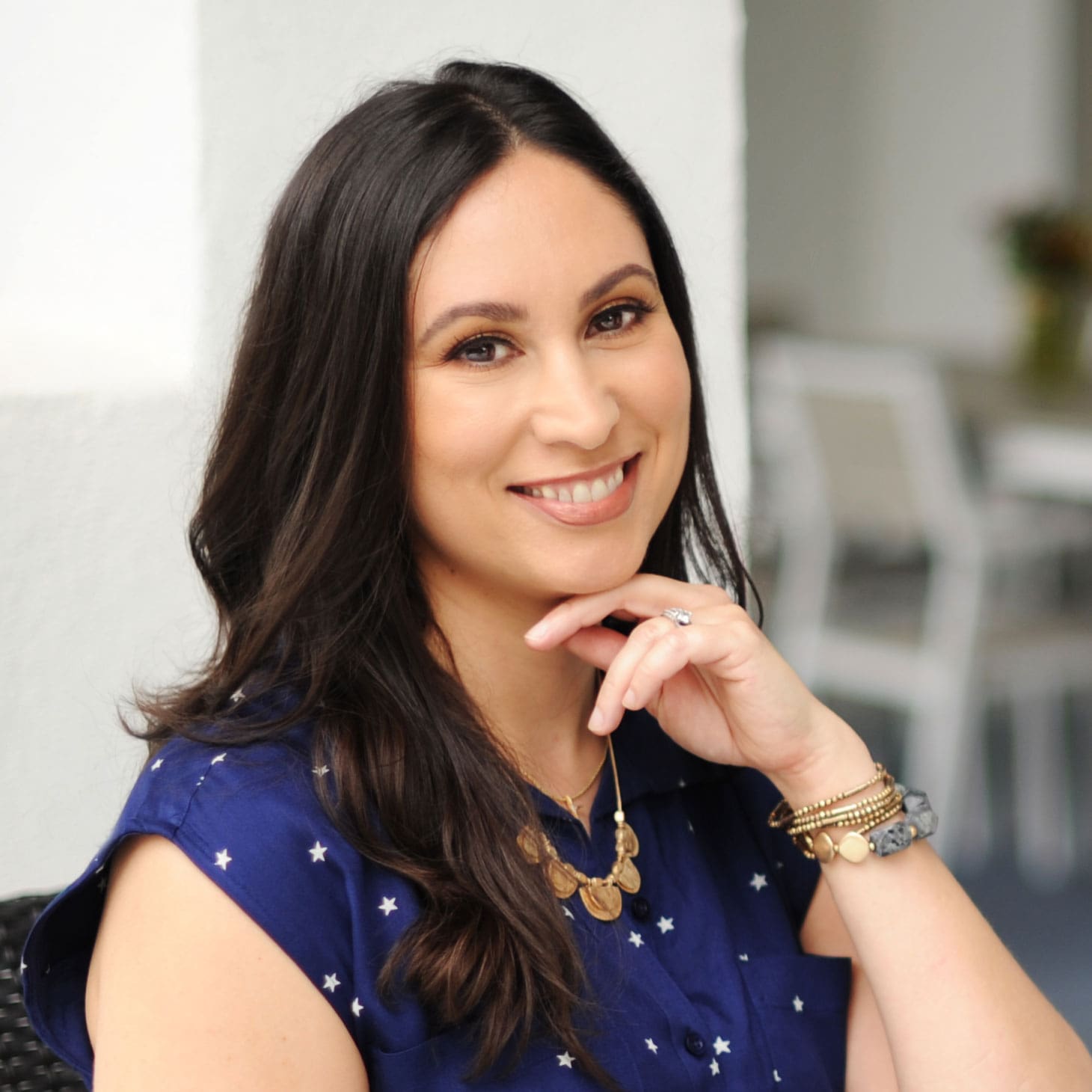
Terry Real, LICSW, New York Times bestselling author of Us: Getting Past You and Me to Build a More Loving Relationship and founder of Relational Life Therapy (RLT), has spent over 30 years challenging the cultural forces that erode our capacity for authentic love. Known for his fierce compassion and groundbreaking work in men’s issues, Real brings both clinical wisdom and raw humanity to the deepest questions of how we live and love.
Desirae Ysasi, LPC-S, is a licensed professional counselor and board-approved supervisor, with nearly two decades of clinical experience. She’s the founder and director of a thriving group practice specializing in relationship counseling. A Certified Relational Life Therapist since 2018, she now serves as the Director of Training & Certification at the Relational Life Institute, where she oversees the global certification program and trains clinicians and coaches worldwide in Terry Real’s Relational Life Therapy (RLT) model.
Authentic connection is every client’s birthright—yet trauma, shame, and rigid relational stances so often block the path. This workshop will guide you through the transformative roadmap of Relational Life Therapy (RLT) to help clients find authentic connection. You’ll discover how the integration of loving confrontation, deep trauma work, and actionable skills creates the rapid, lasting breakthroughs RLT is known for. Through live teaching and demonstrations, you’ll learn how to help clients move out of destructive cycles and into profound, sustainable intimacy. You’ll learn:
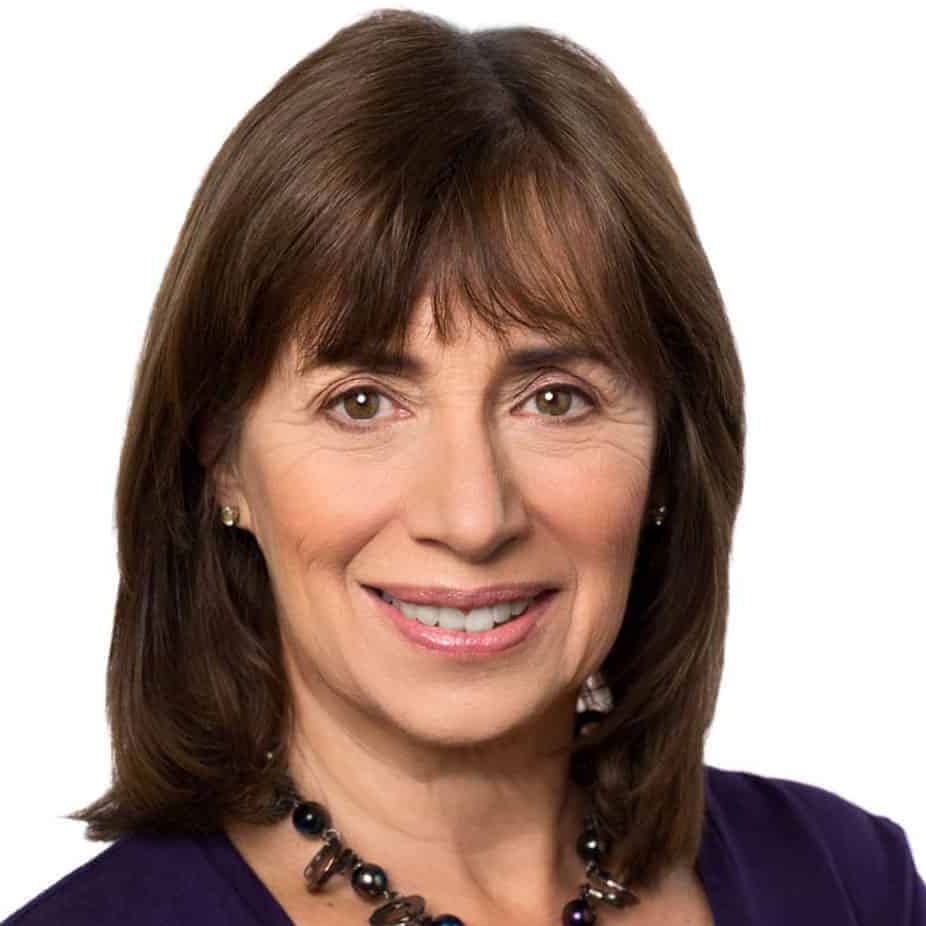



Ellyn Bader, PhD, is a psychologist, codirector of The Couples Institute in Menlo Park, California, and co-creator of The Developmental Model of Couples Therapy. She’s one of the early founders of couples therapy, as well as a recognized thought leader and trailblazer in relationship therapy. She coauthored the award-winning textbook In Quest of the Mythical Mate and Tell Me No Lies: How to Face the Truth and Build a Loving Marriage with her husband, Dr. Peter Pearson. She’s been featured on Nightline, Good Morning America, and NPR, as well as in O Magazine, Cosmopolitan, and the Wall Street Journal.
Roughly one in three clients comes to individual therapy seeking help with stress in their romantic relationship. Often their partner never even sets foot in your office! So how do you work with these clients’ pain, depression, disillusionment, and convictions that their partner is the problem without that partner present to give you a fuller picture of their conflict? In this workshop, you’ll learn how to avoid one of the biggest risks when working with just one partner: hearing and validating only one side of the story. The answer lies in being incisive in uncovering what your client is doing that is undermining the love they want. Through a live clinical demonstration, you’ll learn how to illuminate the invisible developmental forces shaping your clients’ struggles, and you'll receive tools designed to promote growth in your individual client and enable them to spark growth in their relationship as well. You’ll also discover how to:
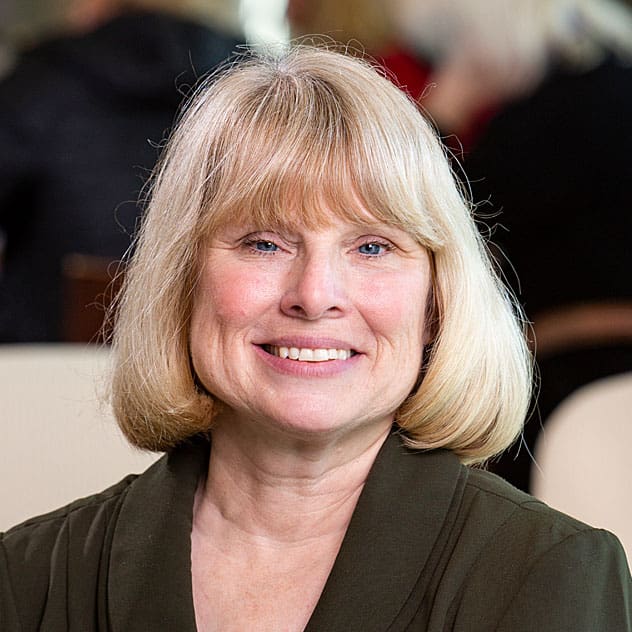



Catherine Pittman, PhD, HSPP, is a licensed clinical psychologist and psychology professor at Saint Mary’s College in Notre Dame, Indiana, who’s spent over 30 years treating anxiety and brain injuries. She’s the author of Taming Your Amygdala, and trains therapists in neurologically informed CBT.
Anxiety sends our brains into overdrive. But how often do our therapy approaches actually address what’s happening in our anxious clients’ brains? Whether your clients are struggling with anxiety stemming from OCD, PTSD, or GAD, this workshop will walk you through a clear, neuroscience-backed approach. You’ll learn to address symptoms like distress and avoidance, as well as promote neuroplasticity and change as you help clients set concrete goals and take steps toward building happier, less burdened lives. In addition, you’ll explore the different parts of the brain and their role in anxiety, and the hows of actual treatment as we walk through evidence-based techniques borrowing from CBT, mindfulness, and more. You’ll discover how to:
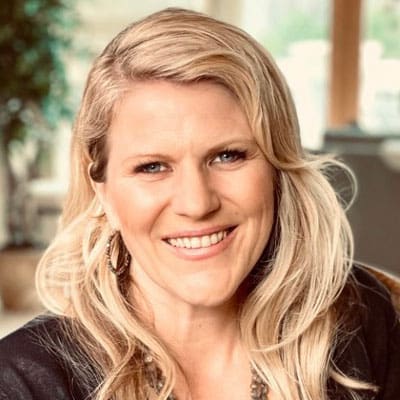



Chantelle Thomas, PhD, is the executive clinical director of Windrose Recovery and Integrata. She's a clinical health psychologist certified in both MDMA-Assisted Psychotherapy and Ketamine Assisted Psychotherapy (KAP), who specializes in the treatment of addiction and trauma. Her podcast, “Blind Spots: Exploring What We Cannot See," explores therapeutic blind spots in both established and novel treatments for substance use and trauma-related conditions.
In the world of psychedelic-assisted psychotherapy, ketamine elicits polarizing reactions despite its high safety profile, versatility, and accessibility. On the one hand, it’s seen as the unpredictable chameleon of the psychedelic world because it can have vastly different effects. And on the other hand, it’s mistakenly viewed as a silver-bullet to healing for the “treatment resistant.” In fact, under optimal conditions, ketamine can provide tremendous therapeutic opportunities for internal resourcing while also supporting exploration, connection, and healing. In this workshop, you’ll gain a clear understanding of how ketamine works, who it helps, and when it may not be an appropriate treatment choice. You’ll learn how to make informed decisions about integrating ketamine into your practice and collaborate with ketamine assisted psychotherapy (KAP) providers in a safe, intentional, and trauma-sensitive way. You'll also discover:
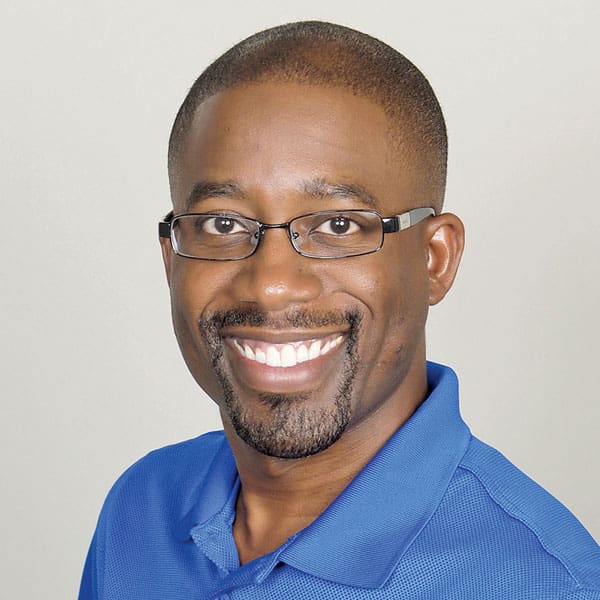




Lambers Fisher, LMFT, MDiv, is a licensed marriage and family therapist, award-winning author, and national speaker on the topic of multicultural awareness and diversity. For over 20 years, he’s counseled individuals, couples, and families from a variety of cultural backgrounds, in private practice, non-profit, and ministry environments.
Our political, gender, and racial and ethnic divides don’t just stop at the voting booth: they’re increasingly impacting our clients’ mental health, home life, work, and communities. Of course, these cultural shifts are also impacting our therapeutic relationships and treatment efficacy. Drawing from systemic, evidence-based approaches that help repair and strengthen struggling relationships, this workshop will provide you with practical and ethical strategies to not only help your clients navigate division outside the therapy room but help you and your clients explore cultural differences that exist in your work together, deepening the therapeutic relationship in the process. Together, we’ll walk through concrete steps you can take to make your office a safe and inviting environment for clients of all cultural backgrounds and ways to reduce cultural countertransference. You’ll also learn how to:
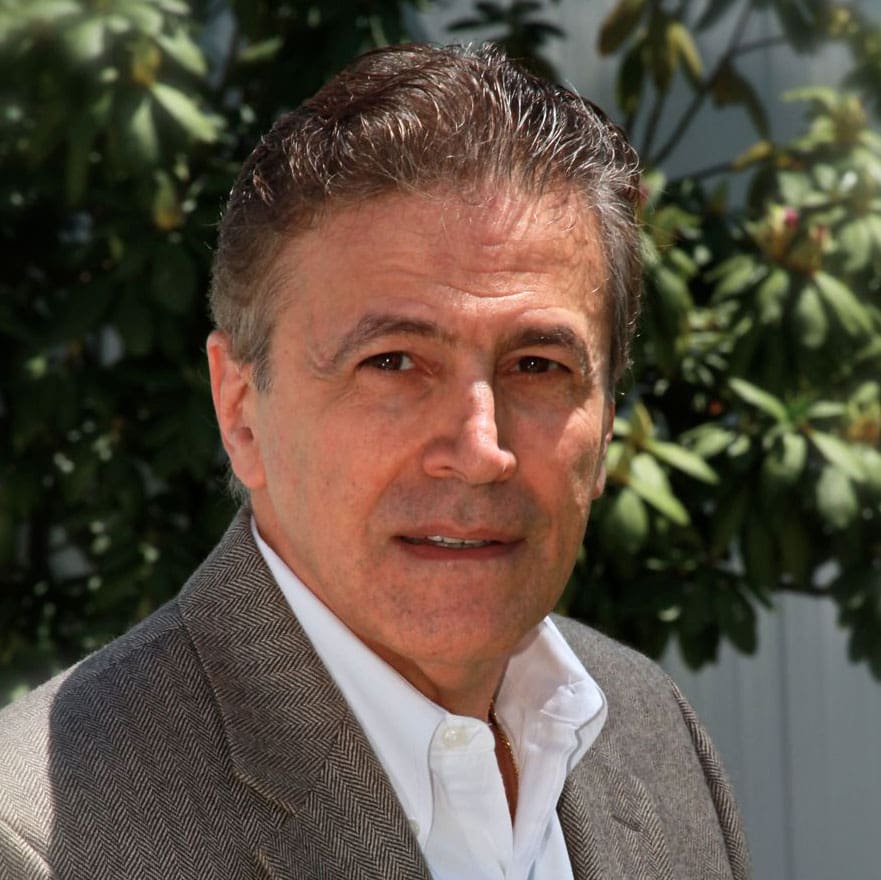


David Grand, PhD, is the developer of Brainspotting and the author of Brainspotting: The Revolutionary New Therapy for Rapid and Effective Change, as well as the coauthor of This is Your Brain on Sports. He’s an international lecturer and trainer, and his work has been featured in The New York Times, Sports Illustrated, Esquire Magazine, and Forbes, as well as on NBC News, The Discovery Channel, CNN, MSNBC, and Sirius Radio.
There’s no question that trauma lives in the body and brain. But even the most acclaimed trauma treatment approaches can be overly procedural, hard for clients to tolerate, and difficult for clinicians to master. Brainspotting, a research-backed treatment method based on finding somatic cues through the use of eye gaze for the treatment of stress and trauma, solves these problems. It helps clients access emotional energy trapped deep in the nonverbal, noncognitive areas of the brain both safely and quickly. In this workshop from the developer of Brainspotting, you’ll watch live demonstrations to learn how the method works, and rethink how you view the human condition and human suffering from a more developmental and neurological point of view—the neuroexperiential model. You’ll also discover:
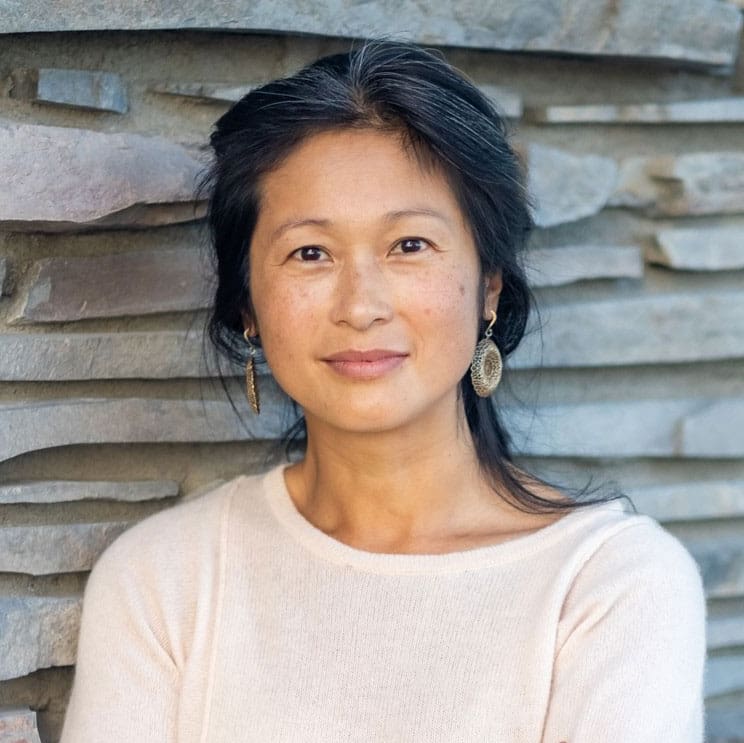


Linda Thai, LMSW ERYT-200, is a therapist and educator who specializes in brain and body-based modalities that address complex developmental trauma. She works with Dr. Bessel van der Kolk, in his private small group psychotherapy workshops aimed at healing attachment trauma.
Pesso-Boyden System Psychomotor (PBSP) is a transformative modality that leads participants through a small-group experience that allows them to reconstruct and re-experience the dynamics of their childhood family-of-origin in three-dimensional space. By creating new, deeply satisfying memories, facilitated in collaboration with the group, it allows clients to address complex trauma and grief—and it can yield profound results in a short time. PBSP is ideal for those dealing with the aftermath of childhood abuse, emotional neglect, or trauma. In this workshop, get a unique opportunity to explore how to:
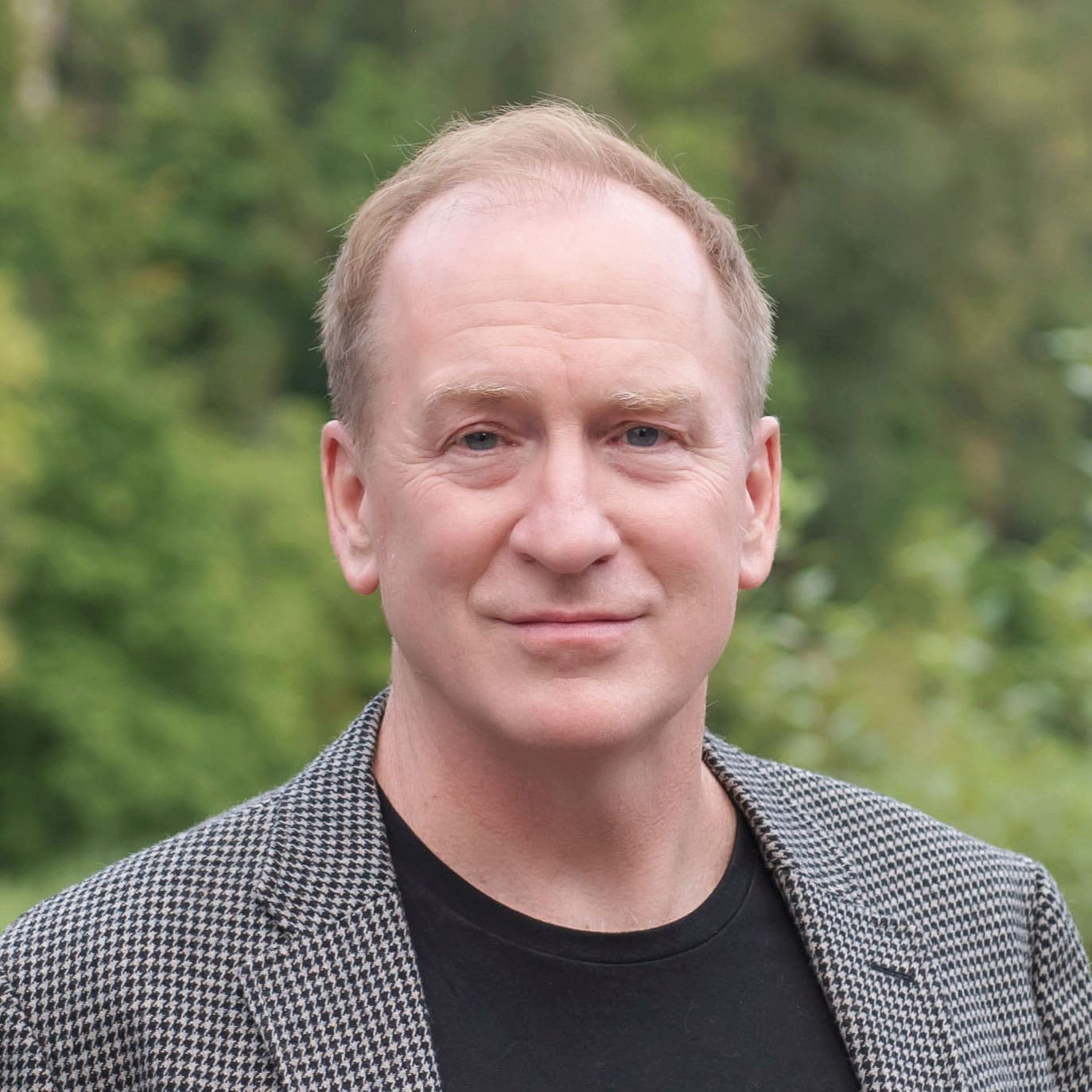



Wayne Scott, MA, LCSW, is a psychotherapist and writer in Portland, Oregon. His memoir, The Maps They Gave Us: One Marriage Reimagined, explores a couples’ adventures in marital therapy.
Most therapists have had public encounters with clients. (Think: grocery stores; weddings, gym locker rooms, etc.) and some have had to navigate dual relationships. (Think: the only hairstylist in your small rural town is a client). Therapists are advised to avoid dual relationships whenever possible, since they can compromise the unique benefits of the therapeutic relationships. But they’re sometimes unavoidable. This is often the case in close-knit demographic groups, LGBTQ, ethnic, and faith communities, recovery networks, rural areas, and small towns. Online spaces have also added another layer of potential hazard (and benefit!) to the therapist-client relationship. So how can practitioners navigate dual relationships and public encounters with intention and self-awareness? How can they anticipate impacts and avoid conflicts of interest? When are dual relationships clinically beneficial, and when do they harm the clients we aim to help? In this scenario-based workshop, you’ll think critically with colleagues about the benefits and hazards of overlapping roles. You’ll discover how to:
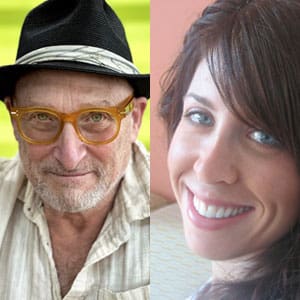

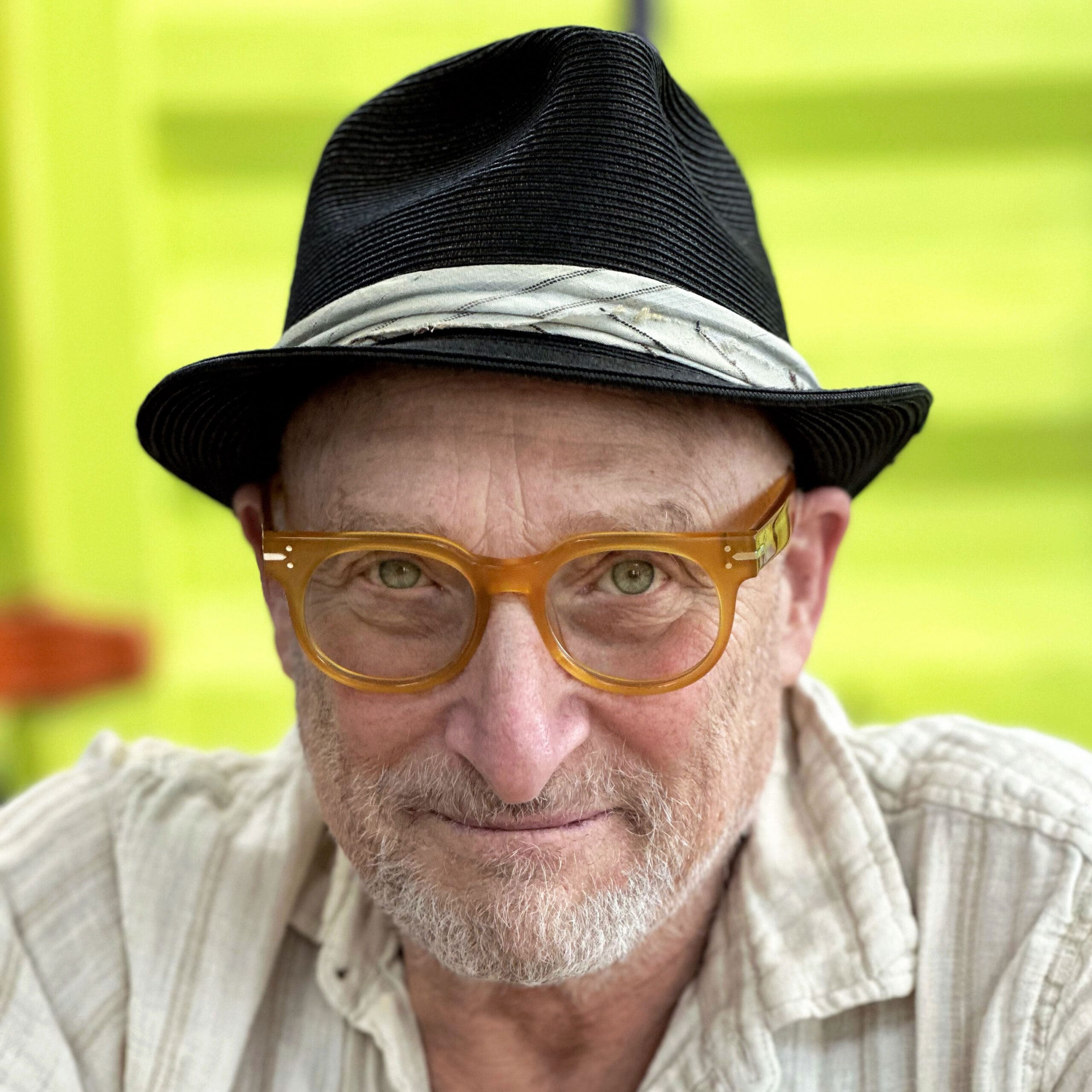
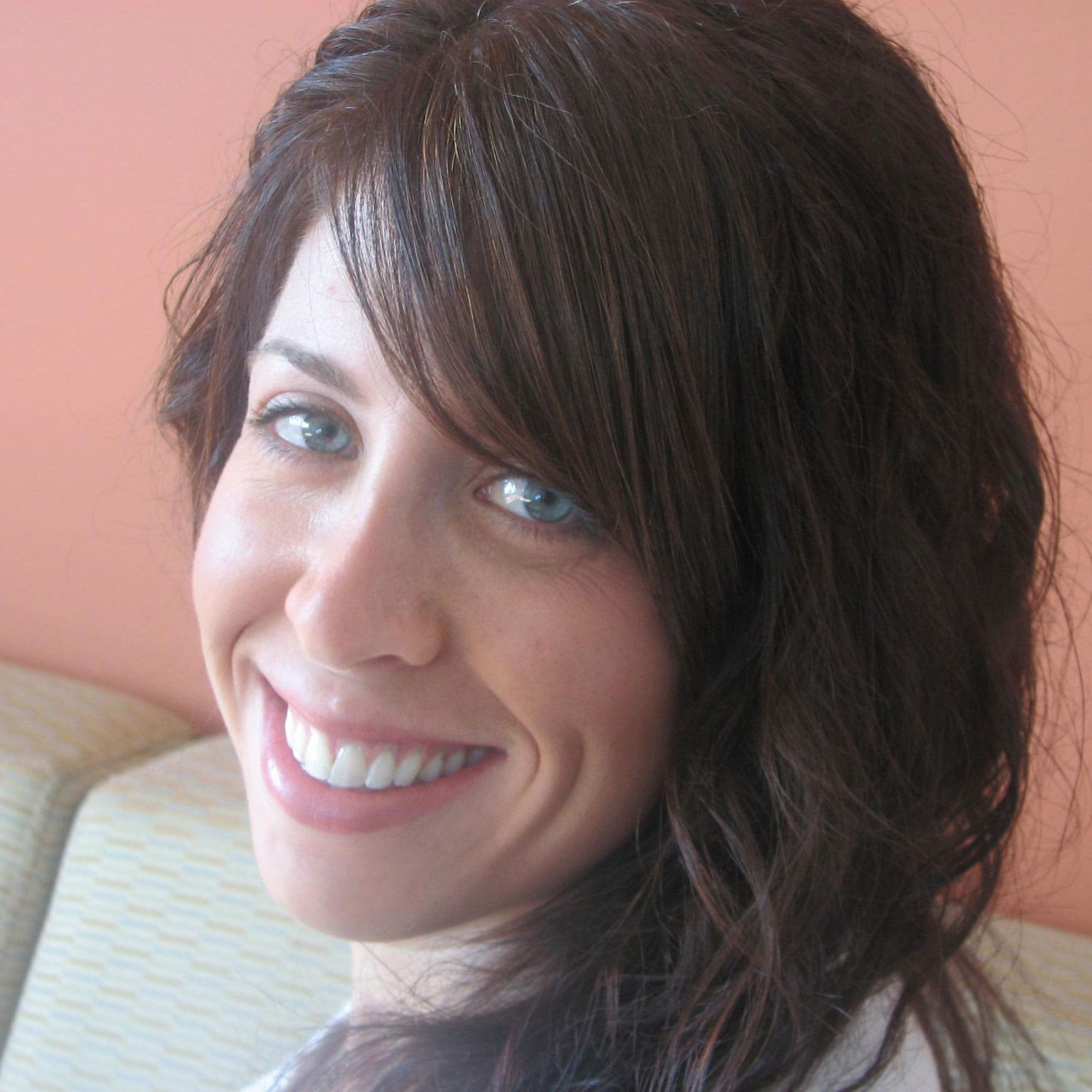
Guy Diamond, PhD, is a practicing psychotherapist, cofounder, and president of the ABFT International Training Institute, and professor. He’s published over 150 peer reviewed papers and book chapters and been awarded grants to develop and disseminate family-based treatments and community-wide suicide prevention. In addition to creating a training, screening, and triage program for use in nonbehavioral health settings, he’s focused on developing and testing ABFT for teens struggling with depression and suicide.
Suzanne Levy, PhD, is a licensed clinical psychologist, speaker, and expert in adolescent mental health and family therapy. She’s the codeveloper of ABFT, CEO and cofounder of the ABFT International Training Institute, and former executive director of Strategic Initiatives and Training for the ABFT Training Program at Drexel University and ABFT training director at the Children’s Hospital of Philadelphia. She’s also the coauthor, alongside Guy and Gary Diamond, of Attachment-Based Family Therapy for Depressed Adolescents.
Working with adolescents and young adults in family therapy can feel like navigating a maze—so many voices, so many needs, and often, so much resistance. How do we reignite the caregiving instincts in parents worn down by frustration and fatigue? How do we rekindle the buried longing for connection and security in adolescents? Attachment-Based Family Therapy (ABFT) offers a powerful, evidence-based framework for moving beyond surface-level conflicts to address deeper wounds—those rooted in broken trust, painful memories, and disrupted attachment. In this workshop, you’ll learn practical strategies to transform therapy into a safe space where adolescents can once again turn to parents for support and protection, and parents can become a secure base on their child’s journey toward emotional well-being and independence. Role plays will foster experiential learning of core ABFT skills. You’ll also learn:
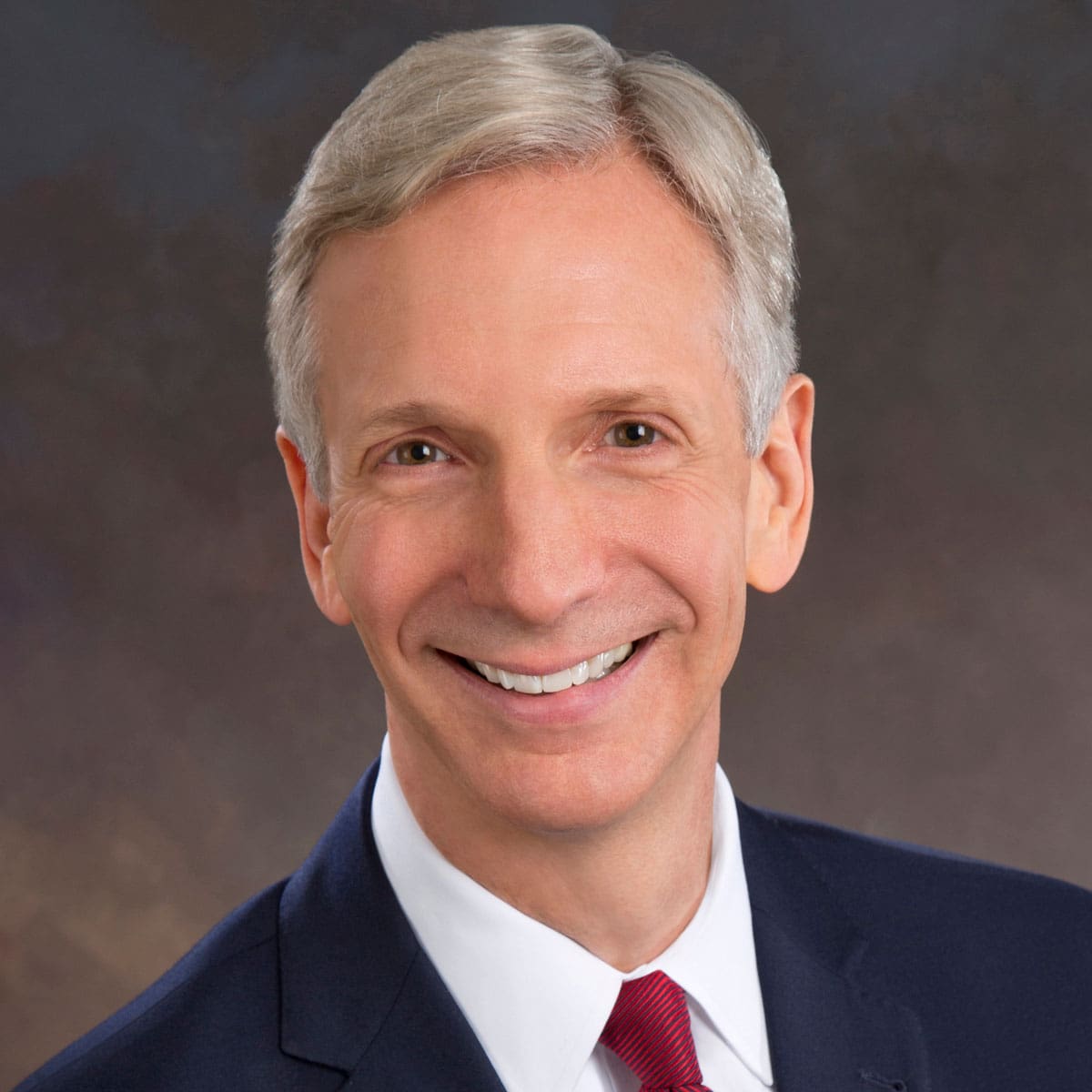


Britt Rathbone, LCSW-C, ACSW, BCD, CGP, is an expert adolescent therapist, director of Capital Youth Services, and the author of several professional and lay books, including What Works For Teens and DBT For At-Risk Adolescents.
Every clinician has experienced clients who regularly show up late, avoid hard topics, or keep cycling through the same crises. With these clients, standard interventions often stall, the work feels stuck, and frustration builds on both sides. Dialectical Behavior Therapy (DBT) was created for these kinds of sessions, not just for clients typically considered “borderline.” In this workshop, you’ll learn how DBT’s most effective, transdiagnostic tools can transform sessions with any client. From laser-focused behavioral assessment to strategies that secure genuine commitment, DBT techniques break stalemates and create momentum. Whether you’re in private practice, community mental health, or a medical setting, you’ll walk away with a host of clear, ready-to-use methods you can integrate into your next session. You’ll discover how to:
Unite with thousands of colleagues and unlock the solutions to your current challenges. Discover the approaches that truly work!


Abi Blakeslee, SEP, CMT, MFT, PhD, is a leading voice in somatic psychology and an internationally acclaimed educator, as well as the founder of Implicit Psychotherapy. She’s senior faculty at Somatic Experiencing International, bringing over three decades worth of experience to her somatic teaching and clinical interventions.
Speaker Disclosures:
Financial: Dr. Abi Blakeslee maintains a private practice and is the founder of Implicit Psychotherapy, co-founder of Relationship Repair and maintains a private practice. She has employment relationships with Somatic Experiencing International and Ergos Institute for Somatic Education. Dr. Blakeslee receives a speaking honorarium and product royalties from Psychotherapy Networker and PESI, Inc. She has no relevant financial relationships with ineligible organizations.
Non-financial: Dr. Abi Blakeslee is a member of the American Association for Marriage Family Therapists, the United States Association for Body Psychotherapy, the Women in Neuroscience, and the Society for Neuroscience.


Aimie Apigian, MD, MS, MPH, is a double board-certified physician in preventive and addiction medicine, as well as a certified functional medicine practitioner with training in Somatic Experiencing and Instinctual Trauma Response, and a trainer in Relational Trauma Repair. Her recent book, The Biology of Trauma, explores the science of how the body experiences trauma, why it holds on to it, and the biology for healing.
Speaker Disclosures:
Financial: Dr. Aimie Apigian is the owner and CEO of Trauma Healing Accelerated. She receives a speaking honorarium and recording royalties from PESI, Inc. She has no relevant financial relationships with ineligible organizations.
Non-financial: Dr. Aimie Apigian has no relevant non-financial relationships.


Alberta (Alby) Gyimah-Boadi, MA, LCPC, ATR-BC, is a trauma-informed art therapist with over six years of experience providing individual, family, and group therapy to children, adolescents, and adults. She has significant experience in international, community-based, school, and medical settings. She currently works at Children’s National Medical Center and in private practice at Mosaic Therapy Services in the DC area.
Speaker Disclosures:
Financial: Alberta Gyimah-Boadi has employment relationships with Common Threads Project, Dignity Beyond Borders, Tracy’s Kids (CNH), and Mosaic Therapy Services, LLC. She has no relevant financial relationships with ineligible organizations.
Non-financial: Alberta Gyimah-Boadi is a contributing author with Psychotherapy Networker.

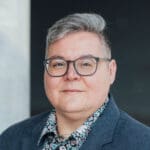
Alex Iantaffi, PhD, MS, SEP, CST, CST-S, LMFT (they/he/lui) is an award-winning author, WPATH certified gender specialist, AASECT certified sex therapist, Somatic Experiencing practitioner, clinical supervisor, mentor, and podcast host. They have researched, presented nationally & internationally, and published extensively on gender, disability, sexuality, trauma, relationships, and spirituality. Alex is the author of Gender Trauma: Healing Cultural, Social, and Historical Gendered Trauma, editor of the anthology Trans and Disabled, and coauthor of multiple books with MJ Barker, including Life Isn’t Binary.
Speaker Disclosures:
Financial: Dr. Alex Iantaffi is the co-owner of Edges Wellness Center LLC and Kinship LLC and has employment relationships with Pink Therapy and the Università degli Studi di Milano-Bicocca. They receive royalties as a published author. Dr. Iantaffi receives a speaking honorarium from PESI, Inc. They have no relevant financial relationships with ineligible organizations.
Non-financial: Dr. Alex Iantaffi is a member of the American Association for the Marriage and Family Therapy, the American Association of Sexuality Educators Counselors & Therapists, and the World Professional Association for Transgender Health.


Alexandra Solomon, PhD, is adjunct faculty at Northwestern University, a therapist at The Family Institute at Northwestern University, host of the podcast, Reimagining Love, and the author of Loving Bravely and Taking Sexy Back.
Speaker Disclosures:
Financial: Dr. Alexandra Solomon maintains a private practice and has an employment relationship with Northwestern University. She receives royalties as a published author and is the podcast host of Reimaging Love. Dr. Solomon receives a speaking honorarium and recording royalties from Psychotherapy Networker and PESI, Inc. She has no relevant financial relationships with ineligible organizations.
Non-financial: Dr. Alexandra Solomon is a thought leader for Heleo, a founding expert for the Mine'd app, and an ambassador for The Relationship School. She is an ad hoc for several peer review journals, for a complete list contact PESI, Inc. Dr. Solomon is a member of the American Psychological Association, and the American Association for Sexuality Educators, Counselors and Therapists.
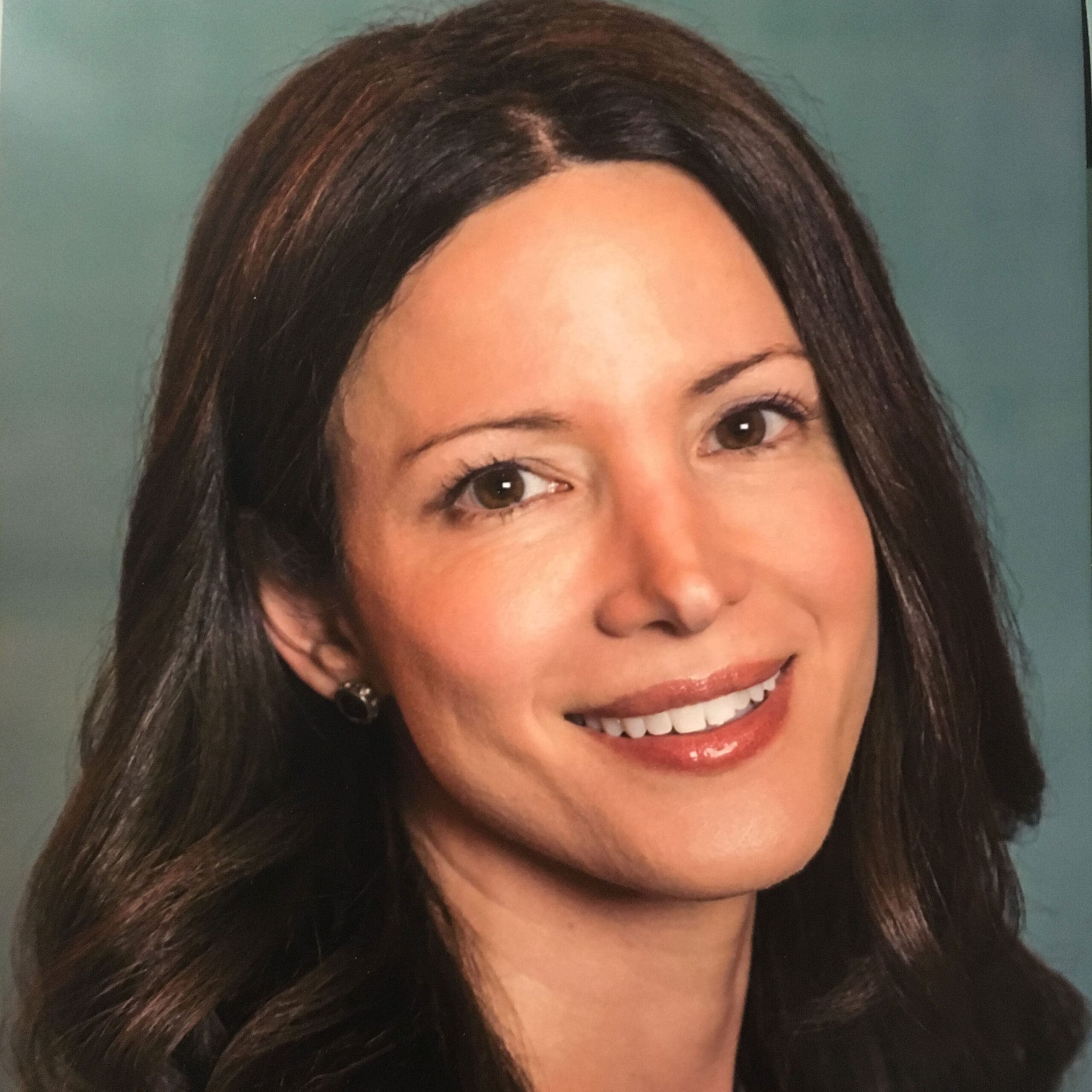

Alexia Rothman, PhD, is a licensed clinical psychologist and international speaker and instructor of the IFS therapy model. She is a former adjunct professor at Emory University and Agnes Scott College, and co-hosts the IFS therapy-based podcasts, Explorations in Psychotherapy and IFS Masters.
Speaker Disclosures:
Financial: Dr. Alexia Rothman maintains a private practice. She is co-hosts of the podcasts IFS Masters and Explorations in Psychotherapy. She is a paid trainer with the IFS Institute, and she receives a speaking honorarium and recording royalties from PESI, Inc. Dr. Rothman receives compensation as a consultant. She has no relevant financial relationships with ineligible organizations.
Non-financial: Dr. Alexia Rothman is a member of the American Psychological Association, the Georgia Psychological Association, and the National Register of Health Service Psychologists.

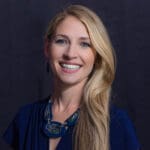
Aliza Scharf-Bendov, LCSW-C, is a psychotherapist and family therapist with over 18 years of direct practice experience. Certified in Somatic Attachment Therapy and as an Integrative Mental Health Practitioner, her current therapeutic focus is on parent support and guidance, trauma-informed interventions, and building resiliency in children and families. She also facilitates workshops on themes of spirituality and Jewish thought as well as antisemitism awareness and clinical competency. She’s the author of A Jewish Holiday Reader; Lessons on Healing from a Psychotherapist's Perspective.
Speaker Disclosures:
Financial: Aliza Scharf-Bendov maintains a private practice. She receives royalties as a published author. She has no relevant financial relationships with ineligible organizations.
Non-financial: Aliza Scharf-Bendov is a contributing author with Psychotherapy Networker.
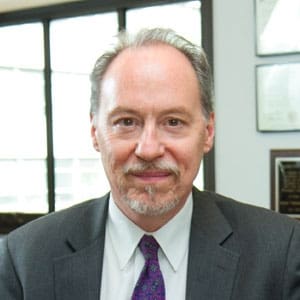

Andrew Tatarsky, PhD, is a psychologist, psychoanalyst, and trainer who’s worked with people who struggle with drugs and their families for over 40 years. He’s the developer of Integrative Harm Reduction Psychotherapy (IHRP) for risky and addictive behavior. He’s the author of Harm Reduction Psychotherapy: A New Treatment for Drug and Alcohol Problems. He has a psychotherapy practice in New York City and has consulted and trained in 20 countries. He’s an advisor at Silver Hill New York, where he supervises, consults, and trains on harm reduction-informed treatment.
Speaker Disclosures:
Financial: Dr. Andrew Tatarsky maintains a private practice and has an employment relationship with Freedom Institute. He receives royalties as a published author. Dr. Tatarsky receives a speaking honorarium and recording royalties from Psychotherapy Networker and PESI, Inc. He has no relevant financial relationships with ineligible organizations.
Non-financial: Dr. Andrew Tatarsky is a member of the American Psychological Association and the New York State Psychological Association. He serves on several journal review boards, for a complete list contact PESI, Inc.


Arielle Schwartz, PhD, is a clinical psychologist, teacher, certified Kripalu yoga instructor, who specializes in treating PTSD and complex trauma. She’s the author of eight books, including The Complex PTSD Workbook, EMDR Therapy and Somatic Psychology, The Post Traumatic Growth Guidebook, The Complex PTSD Treatment Manual, and Therapeutic Yoga for Trauma Recovery. She trains therapists in the application of EMDR, somatic psychology, parts work therapy, and mindfulness-based interventions in the treatment of trauma and complex PTSD. She’s the founder of the Center for Resilience Informed Therapy and teaches with the Polyvagal Institute.
Speaker Disclosures:
Financial: Dr. Arielle Schwartz maintains a private practice and is a trainer with Advanced EMDR Therapy Trainings. She receives royalties as a published author and receives compensation as an international presenter. Dr. Schwartz is a paid consultant for Evergreen Certifications. She receives speaking honorarium, recording, and book royalties from PESI, Inc. She has no relevant financial relationships with ineligible organizations.
Non-financial: Dr. Arielle Schwartz is a member of the American Psychological Association, EMDRIA, Colorado Association of Psychotherapists, and the Yoga Alliance.


Bessel van der Kolk, MD, is a pioneer clinician, researcher, and teacher in the area of posttraumatic stress. He’s the author of the ongoing New York Times bestseller, The Body Keeps the Score: Brain, Mind, and Body in the Treatment of Trauma.
Speaker Disclosures:
Financial: Dr. Bessel van der Kolk is a professor at Boston University School of Medicine, the Director of the Trauma Center, and the National Complex Trauma Network. He receives royalties as a published author. Dr. van der Kolk receives a speaking honorarium, recording royalties, and book royalties from PESI, Inc. He has no relevant financial relationships with ineligible organizations.
Non-financial: Dr. Bessel van der Kolk has no relevant non-financial relationships with ineligible organizations.


Britt Rathbone, LCSW-C, ACSW, BCD, CGP, is an expert adolescent therapist, director of Capital Youth Services, and the author of several professional and lay books, including What Works For Teens and DBT For At-Risk Adolescents.
Speaker Disclosures:
Financial: Britt Rathbone is the founder and director of Rathbone & Associates and has employment relationships with Washington Center for Mental Health Training and the University of Maryland School of Social Work. He receives royalties as a published author. Britt Rathbone receives a speaking honorarium, product, and book royalties from Psychotherapy Networker and PESI, Inc. He has no relevant financial relationships with ineligible organizations.
Non-financial: Britt Rathbone is a volunteer for DBT- Linehan Board of Certification. He is a member of the Greater Washington Society for Clinical Social Work, the National Association of Social Workers, the American Group Psychotherapy Association and the Registry of Group Psychotherapists.


Bruce Perry, MD, PhD, is a child psychiatrist, neuroscientist, and coauthor with Oprah Winfrey of the #1 New York Times bestseller What Happened to You?—is internationally recognized for transforming how we understand trauma and healing. His groundbreaking Neurosequential Model of Therapeutics has reshaped clinical practice, education, child welfare, and even sports programs worldwide. With decades of research, bestselling books (The Boy Who Was Raised as a Dog, Born for Love), and clinical innovation behind him, Perry brings unparalleled insight into how therapists can integrate neuroscience and relational wisdom to create conditions for recovery and growth.
Speaker Disclosures:
Financial: Dr. Bruce Perry has employment relationships with The Neurosequential Network and La Trobe University. He has no relevant financial relationships with ineligible organizations.
Non-financial: Dr. Bruce Perry is a contributing author and speaker with Psychotherapy Networker. He serves on the advisory boards of WAVE Trust, Pathways to Resilience Learning Network, HEROS, SoulPaws, and Roots of Empathy. In addition, Dr. Perry sits on the boards of directors for Prevent Child Abuse America, the Ana Grace Project, and the National Association for Children of Addiction.


Catherine Pittman, PhD, HSPP, is a licensed clinical psychologist and psychology professor at Saint Mary’s College in Notre Dame, Indiana, who’s spent over 30 years treating anxiety and brain injuries. She’s the author of Taming Your Amygdala, and trains therapists in neurologically informed CBT.
Speaker Disclosures:
Financial: Dr. Catherine Pittman maintains a private practice and has an employment relationship with Saint Mary's College. She receives royalties as a published author. Dr. Pittman receives a speaking honorarium, recording, and book royalties from Psychotherapy Networker and PESI, Inc. She has no relevant financial relationships with ineligible organizations.
Non-financial: Dr. Catherine Pittman is a member of the Anxiety and Depression Association of America.

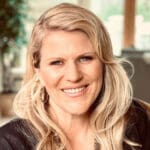
Chantelle Thomas, PhD, is the executive clinical director of Windrose Recovery and Integrata. She's a clinical health psychologist certified in both MDMA-Assisted Psychotherapy and Ketamine Assisted Psychotherapy (KAP), who specializes in the treatment of addiction and trauma. Her podcast, “Blind Spots: Exploring What We Cannot See,” explores therapeutic blind spots in both established and novel treatments for substance use and trauma-related conditions.
Speaker Disclosures:
Financial: Dr. Chantelle Thomas has employment relationships with Integrata Healing, Windrose Recovery, The Manor, Dane County, and the University of Wisconsin. She receives a consulting fee from Usona Institute, Lykos, Polaris Institute, and MindMed. Dr. Thomas is a trainer with Fluence Training and a podcast host of Blind Spots. She is a therapist who is working on a clinical trial sponsored by Revive Therapeutics and Beckley Ltd. Dr. Thomas receives a speaking honorarium from Psychotherapy Networker and PESI, Inc. All relevant financial relationships with ineligible organizations have been mitigated.
Non-financial: Dr. Chantelle Thomas has no relevant non-financial relationships.
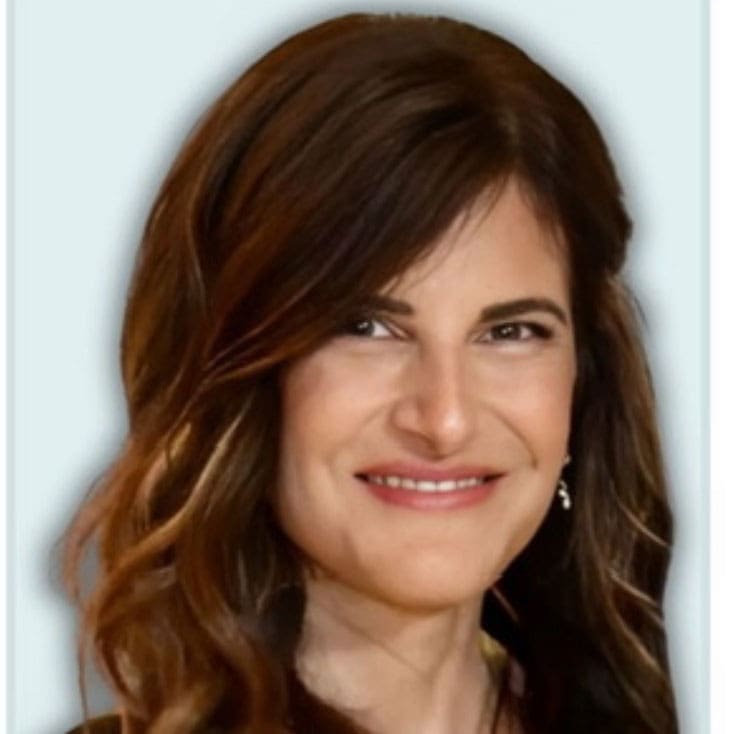

Christine M. Cocchiola, DSW, LCSW is a recognized expert on the experiences of adult and child victims of coercive control. She presents internationally on the dynamics of coercive control, educating professionals, advocates, and protective parents about the lived experiences of children and the most effective intervention strategies for both adult and child victims suffering abuse. She’s the developer of The Protective Parenting Program, an evidence-based, attachment-focused therapeutic model designed for parents whose children have been harmed by abusive partners. A survivor and protective parent herself, she’s also the coauthor of FRAMED: Women in the Family Court Underworld. Her TEDx, “It is ALL Coercive Control,” is available on YouTube.
Speaker Disclosures:
Financial: Dr. Christine Cocchiola maintains a private practice and serves as CEO & President of Coercive Control Counseling, Inc. She has employment relationships with the NYU Silver School of Social Work, the University of Connecticut (UCONN) School of Social Work, Southern Connecticut State University (SCSU) School of Social Work, and Naugatuck Valley Community College. She is the founding member of the International Coercive Control Conference and the creator of the Child Sexual Abuse Prevention Workshops. Dr. Cocchiola receives royalties as a published author and receives a speaking honorarium and recording royalties from PESI, Inc. She has no relevant financial relationships with ineligible organizations.
Non-Financial: Dr. Cocchiola is a Founding Member of the International Coercive Control Conference and serves as a Board Member of the National Coalition Against Domestic Violence. She also serves as a journal peer reviewer.
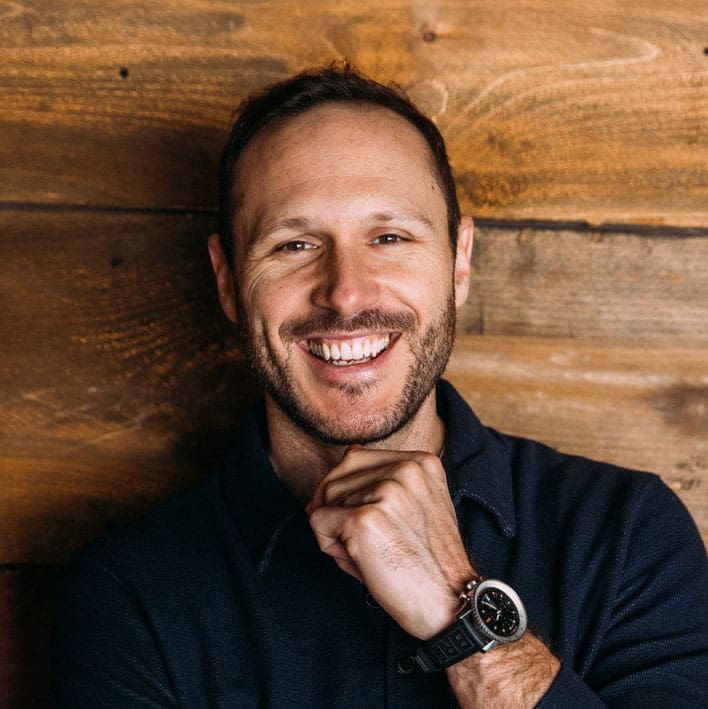

Connor Beaton is the founder of ManTalks, an international organization focused on improving the lives, relationships, and mental health of men. He’s also an international speaker, author of the bestselling book Men’s Work: A Practical Guide to Face Your Darkness, End Self-Sabotage, and Find Freedom, and host of the podcast ManTalks. He’s also a TEDx speaker and has been featured in Forbes, The Huffington Post, The Good Men Project, and National Post.
Speaker Disclosures:
Financial: Connor Beaton is the founder of ManTalks and receives compensation as a therapist and coach trainer. He receives royalties as a published author. Connor Beaton receives a speaking honorarium from PESI, Inc. He has no relevant financial relationships with ineligible organizations.
Non-financial: Connor Beaton has no relevant non-financial relationships.
We have a 100% satisfaction guarantee. If you are not satisfied, please contact us HERE. To request a copy of our full grievance policy, please email cepesi@pesi.com.
Yes, both in-person and virtual attendees will have the opportunity to ask or submit their questions live to get real expert responses. We will address as many questions as time allows.
No problem. Attend whatever sessions you are interested in. Please note that you can only receive CE credit for the sessions you attend live.
Symposium relies heavily on our volunteers, and we're grateful to have their continued support each year. To register, please visit: https://www.psychnetworker.org/volunteer/.
Yes! While other conferences charge extra for CE, our registration passes include live CE hours as part of your ticket. After the event, an email will be sent to you that will explain how you will complete your electronic evaluation and access your certificate of completion. To view more information on CE, please visit: https://www.psychnetworker.org/continuing-education
The Symposium is taking place at the Omni Shoreham Hotel. Upon registering for the conference, check out our Accommodations page in order to find a place to stay.
We love bringing in students and those new to the field to experience Symposium. To register as a student, go to: https://www.psychnetworker.org/student-scholarship-program/. The registration system will ask for verification of student status.
Psychotherapy Networker is a non-profit educational organization. For over 49 years, we have featured the leading researchers, innovators, and developers in the field through our award-winning magazine, CE trainings, and our annual Symposium.
Our focus is on telling the stories of psychotherapy and being a place where clinicians of all licenses and backgrounds who practice psychotherapy can keep up on what's happening in the field, hear captivating stories from colleagues on what's really happening in their practices, learn through CE trainings from the best in the field, and enjoy the most celebrated annual gathering of psychotherapists in the world.
Earn extra CE, spend time in an intimate environment with speakers, have your meals covered, and enjoy some of the finest cuisine. Be sure to add at registration.
Visit the Psychotherapy Networker Exhibit Hall each day for exclusive opportunities to meet face-to-face with our field’s experts, win prizes, and to experience the latest products and services that will enhance your practice.
Located in one of DC's premier neighborhoods, the luxurious and historic Omni Shoreham is the ideal location to learn, unwind, be inspired, and build connection with your colleagues and yourself.

As many others are creating complicated barriers to cancellations, we're making it easier.
If at any time you aren't 100% completely satisfied with your experience, in person or as a virtual attendee, just email us at symposium@psychnetworker.org and speak with one of our friendly customer service representatives. We'll make it right, guaranteed. We're that confident you'll find this learning experience to be all that's promised and more.